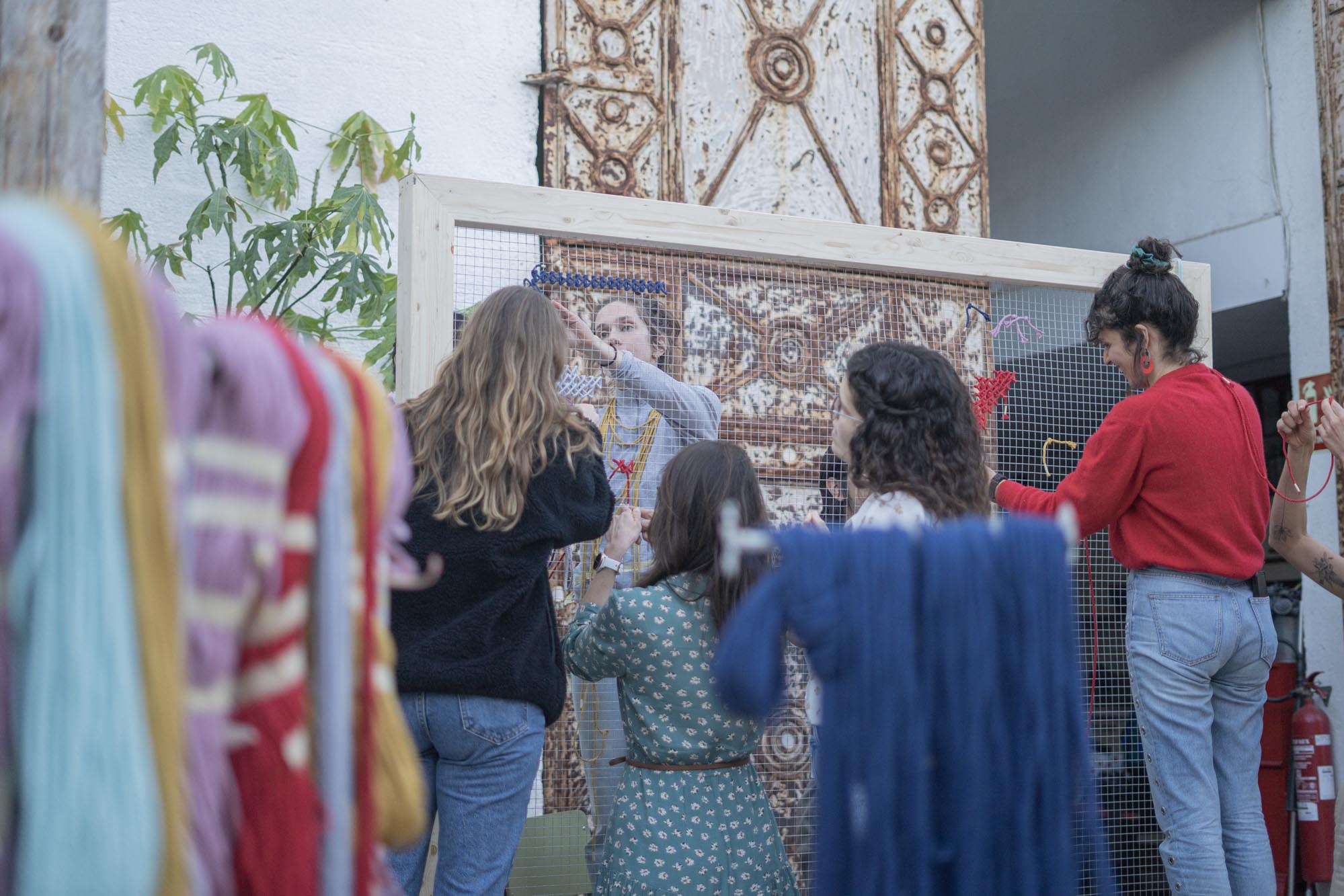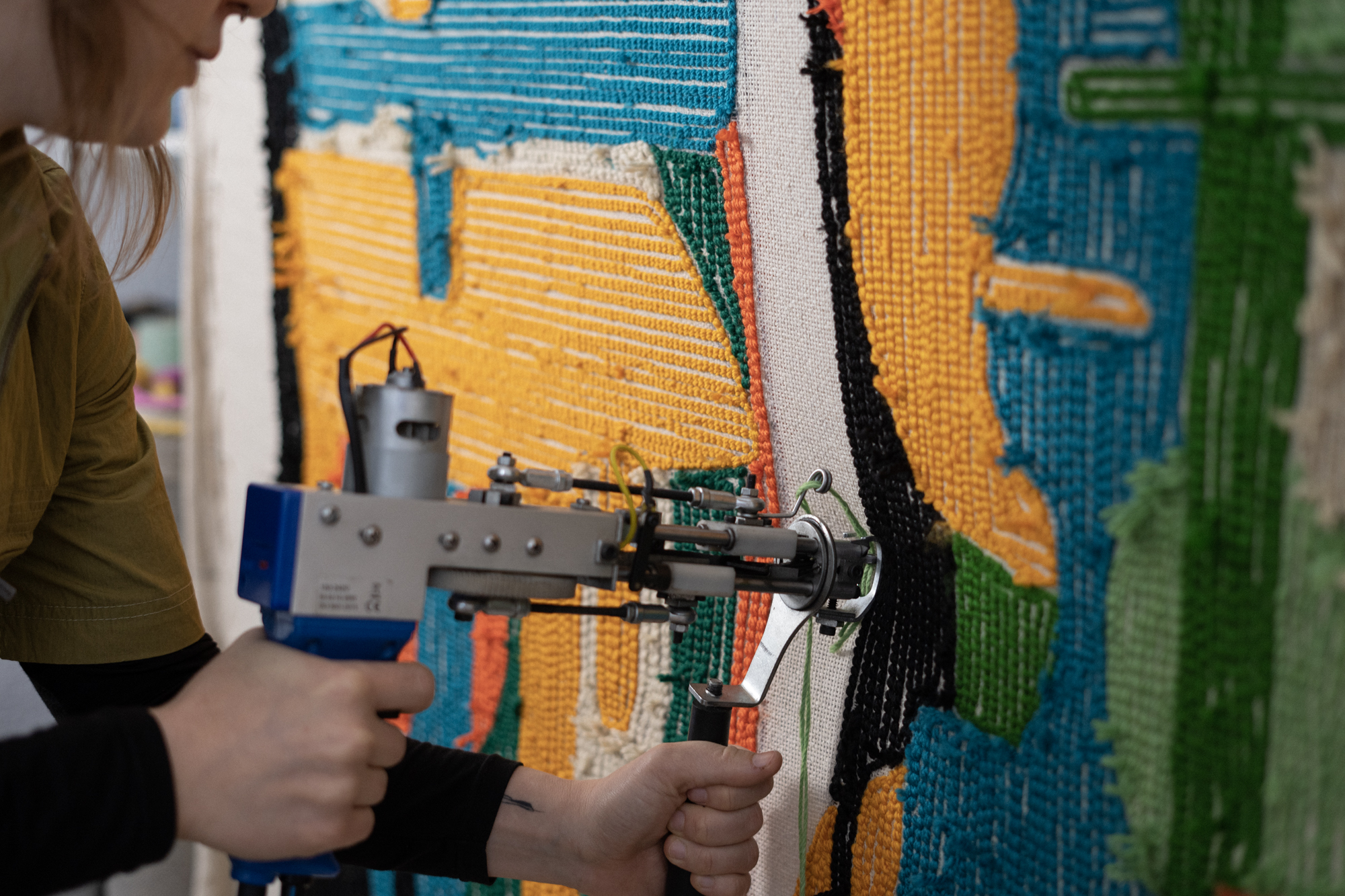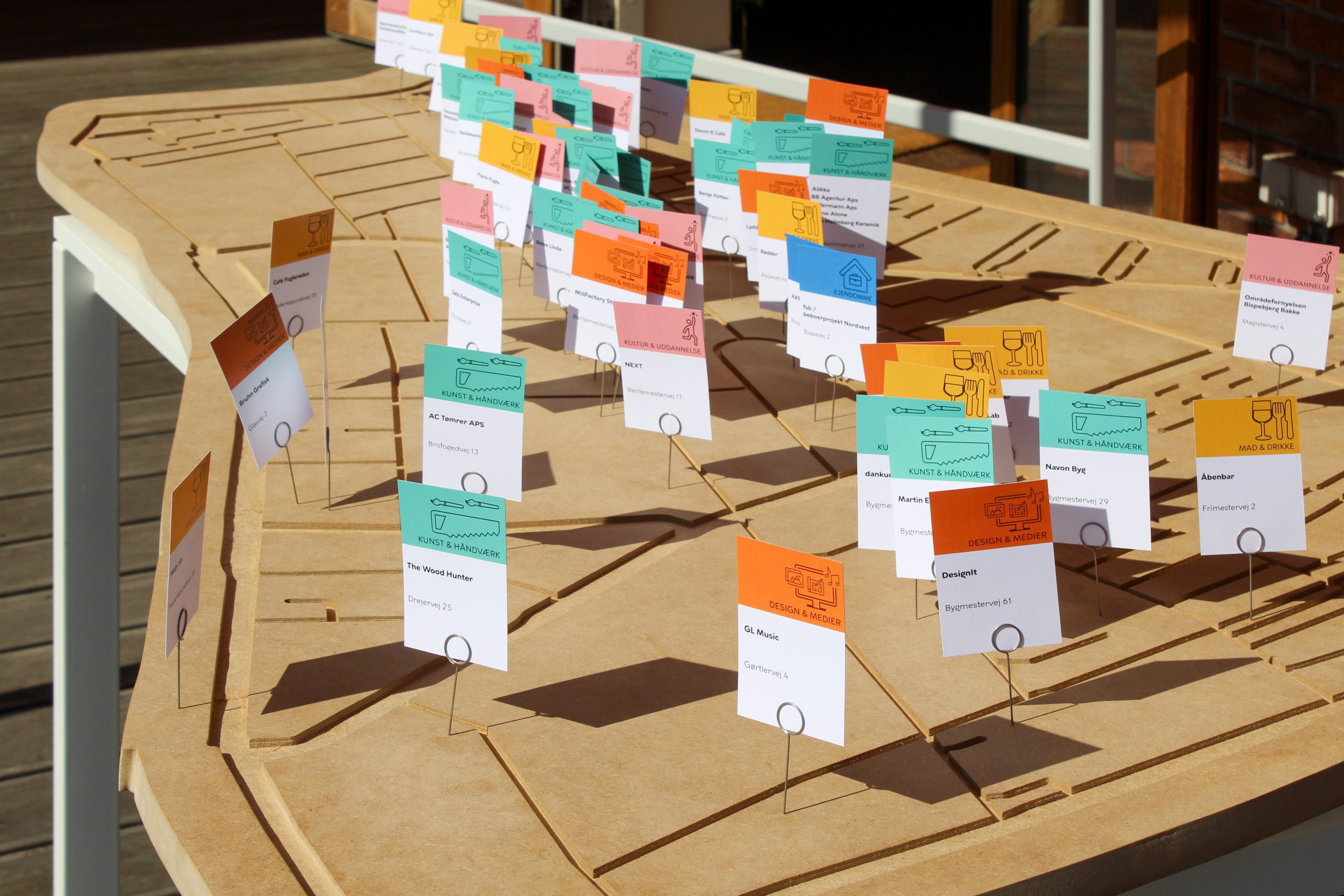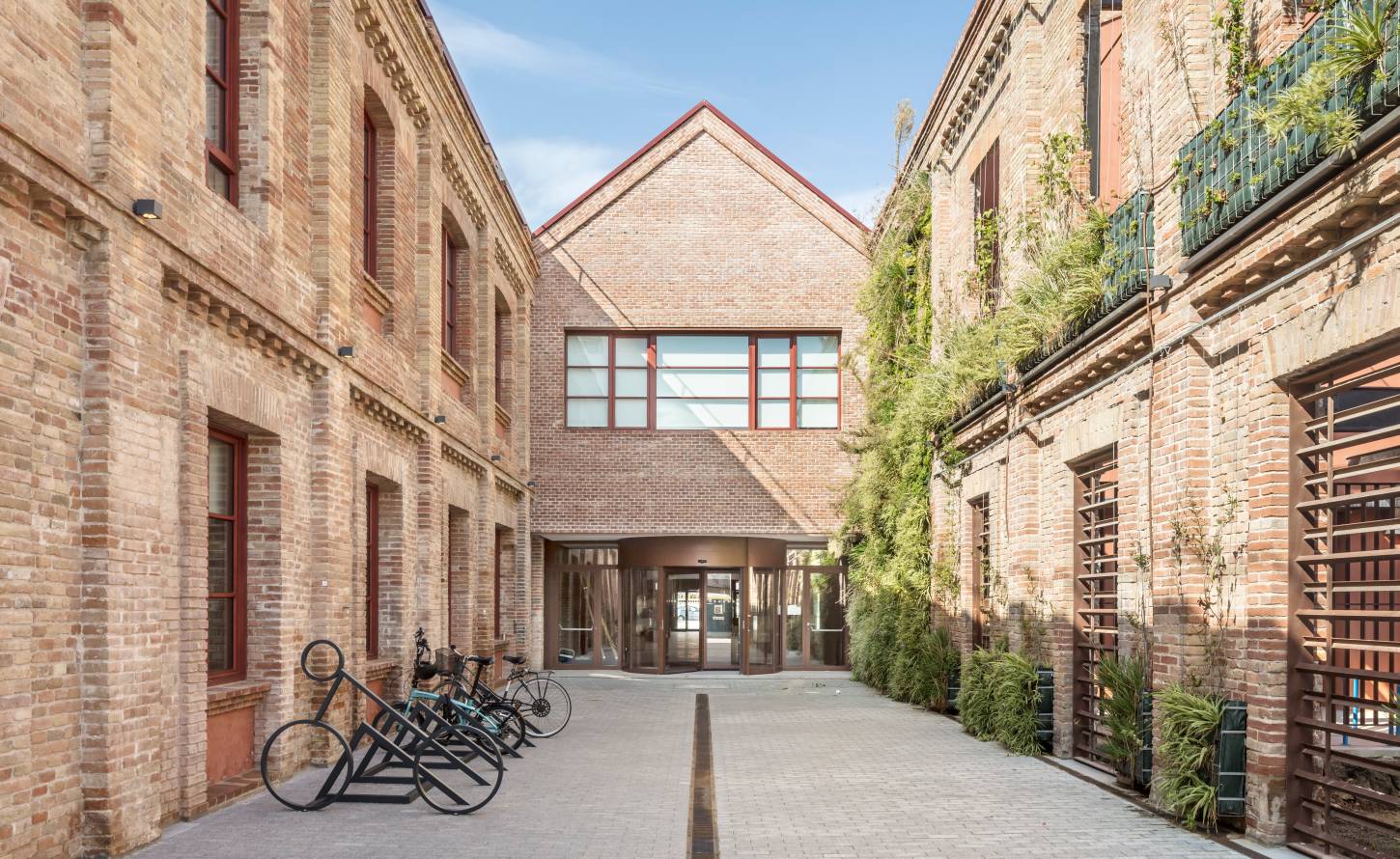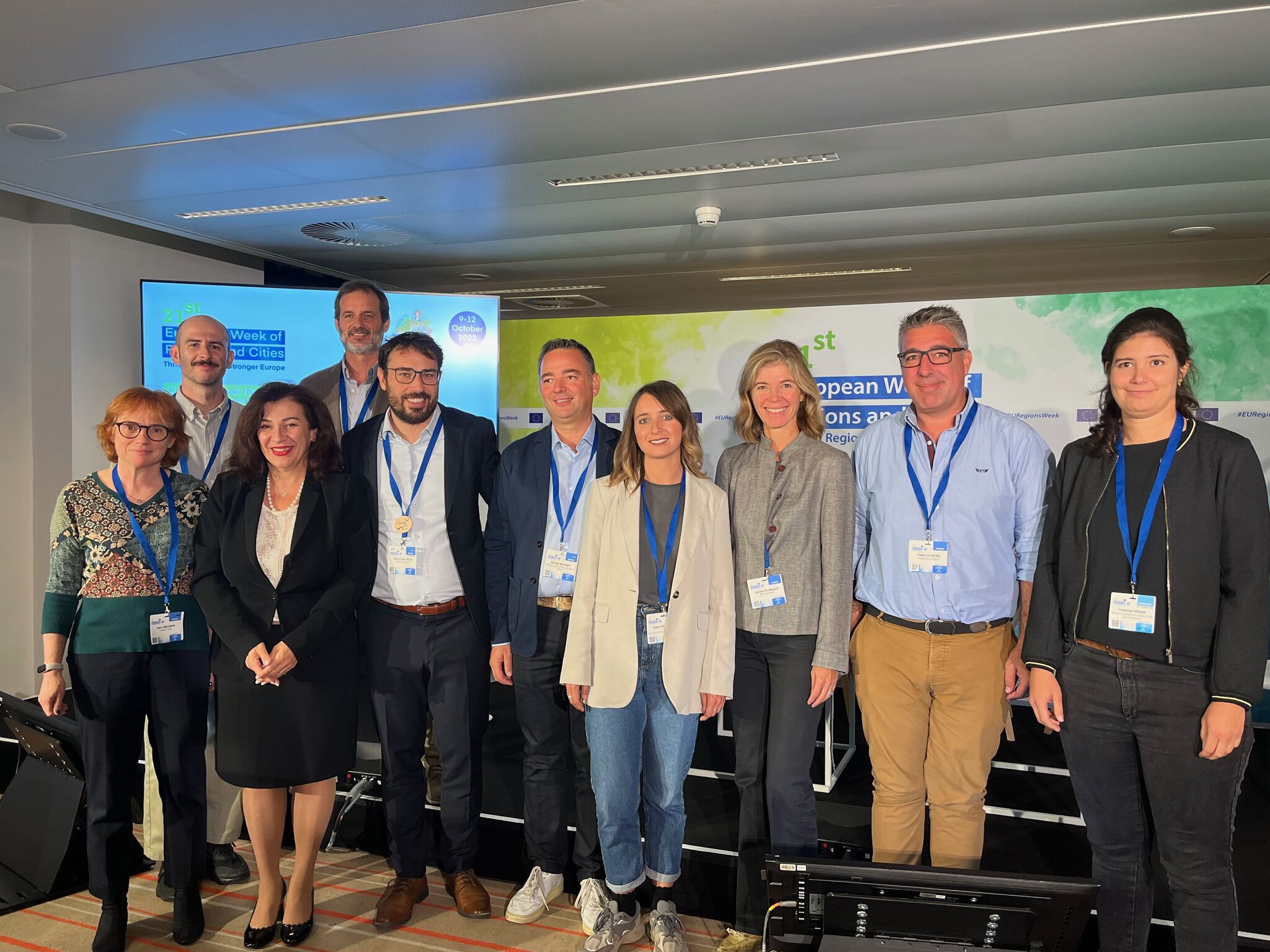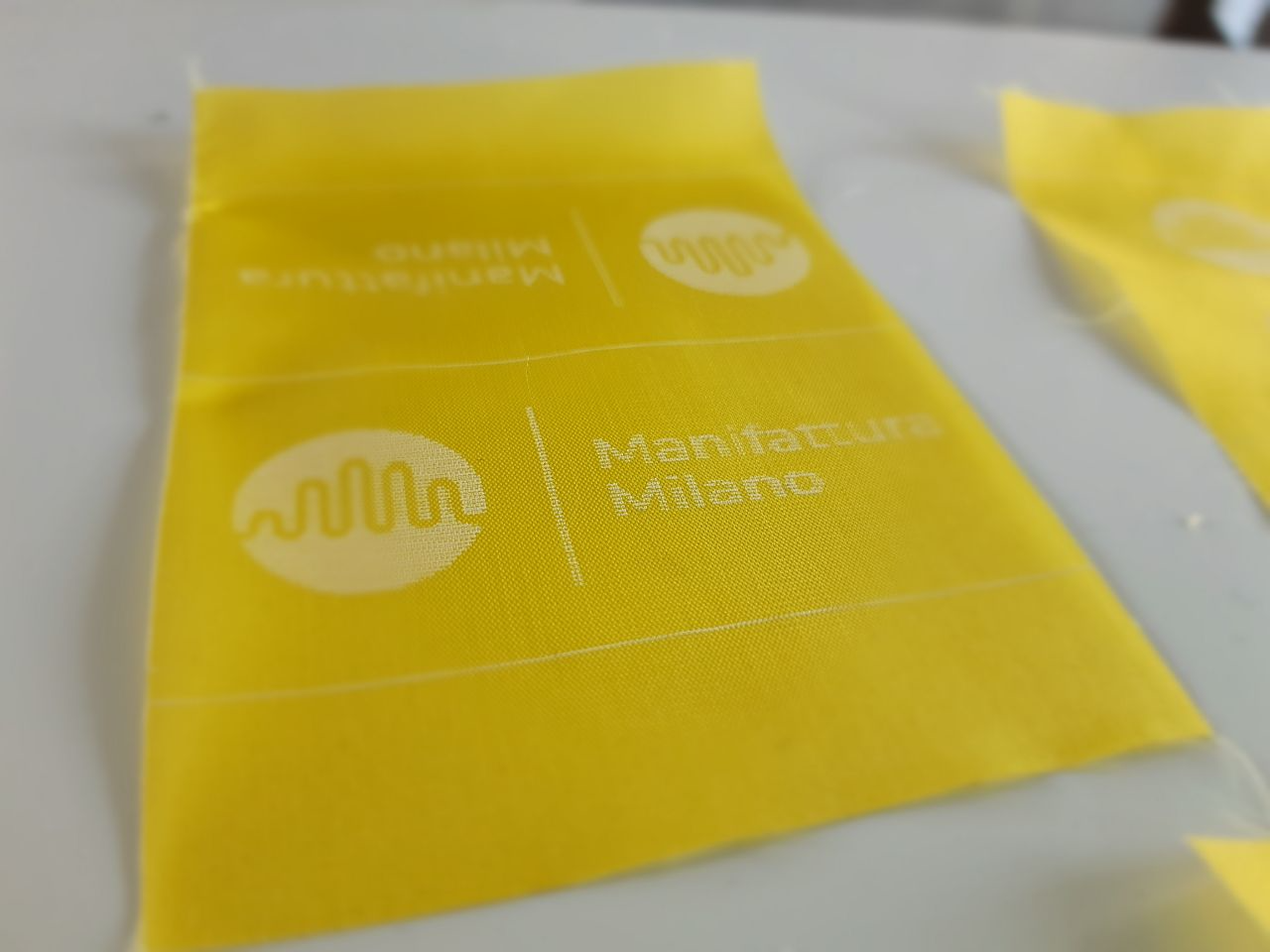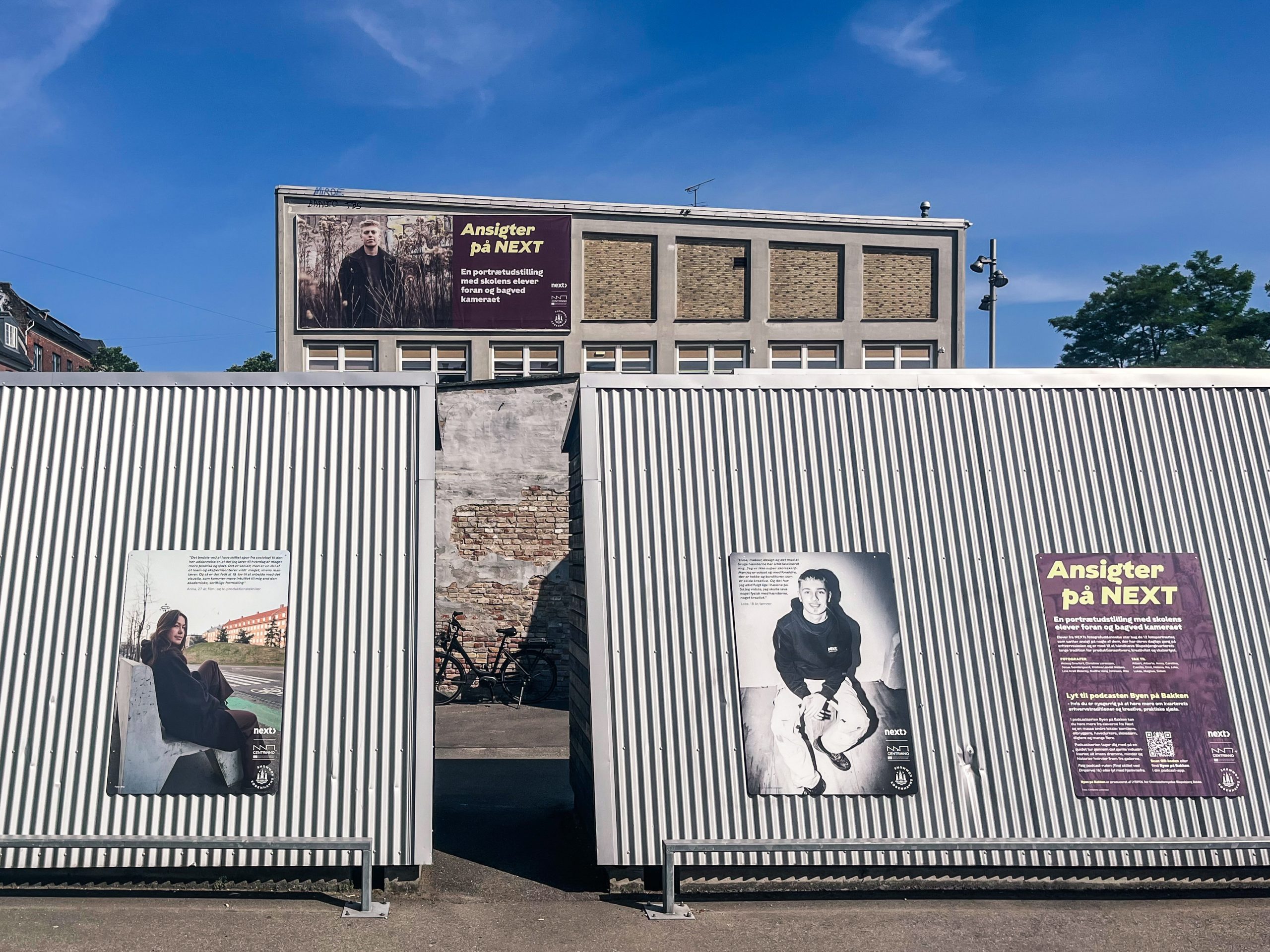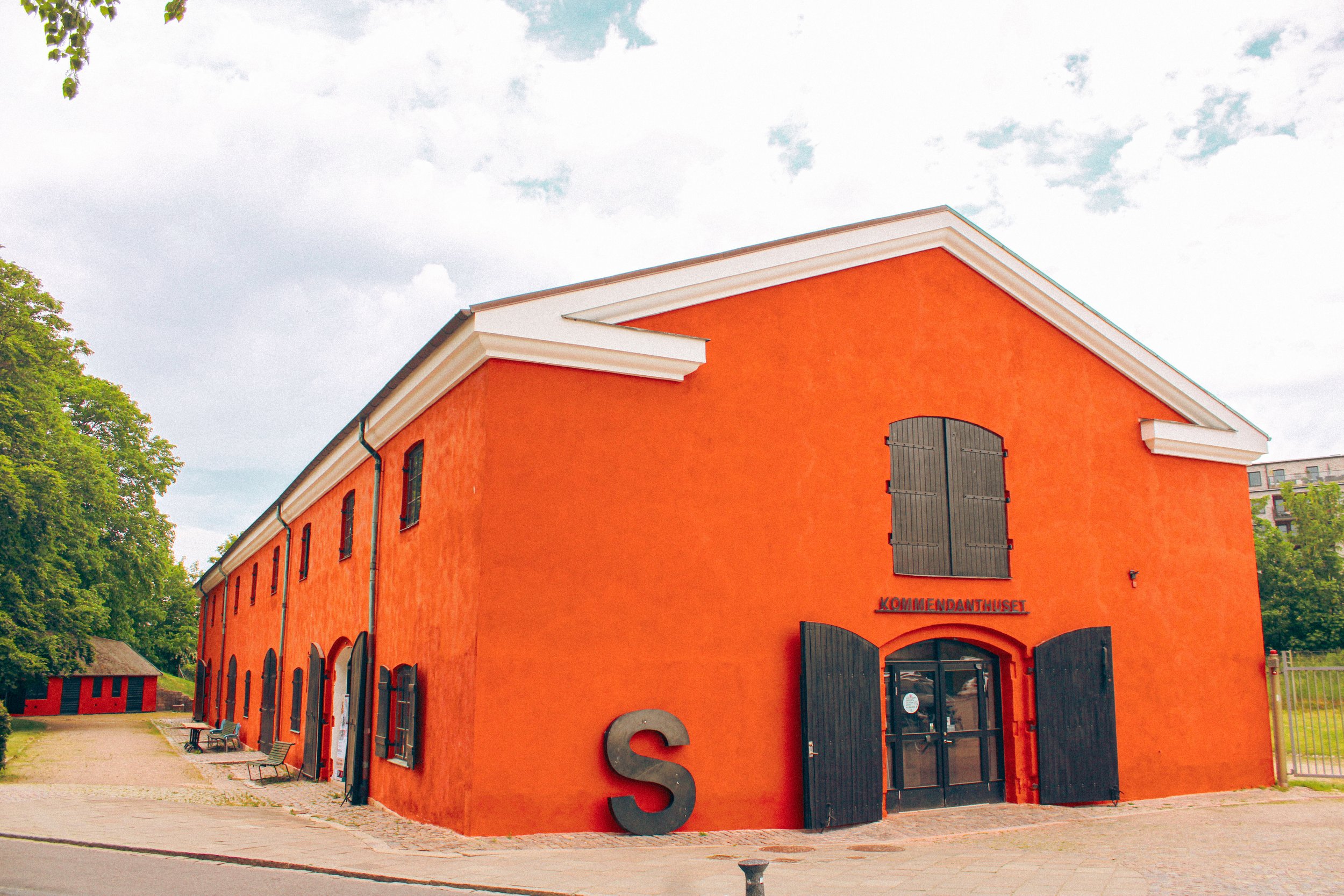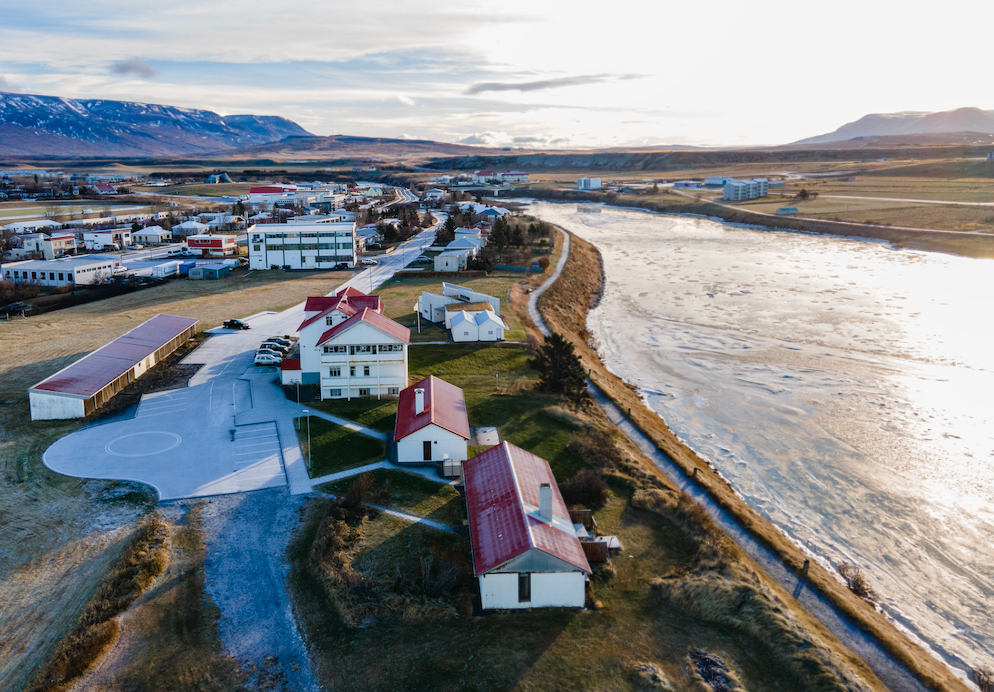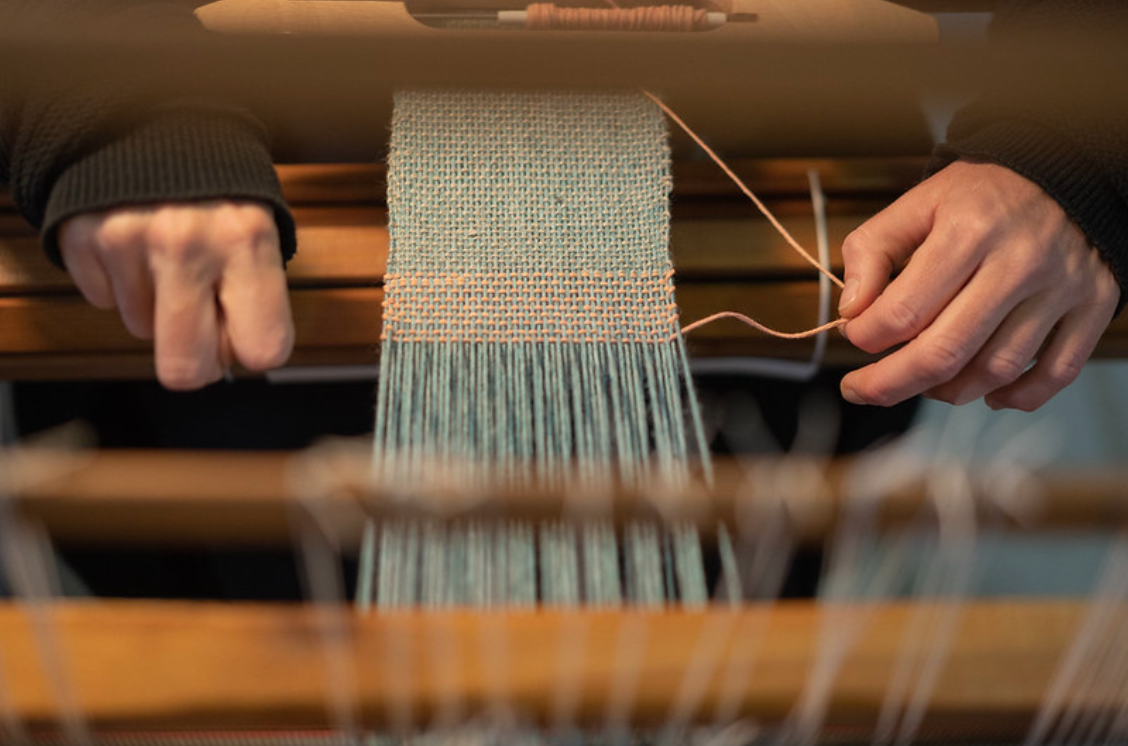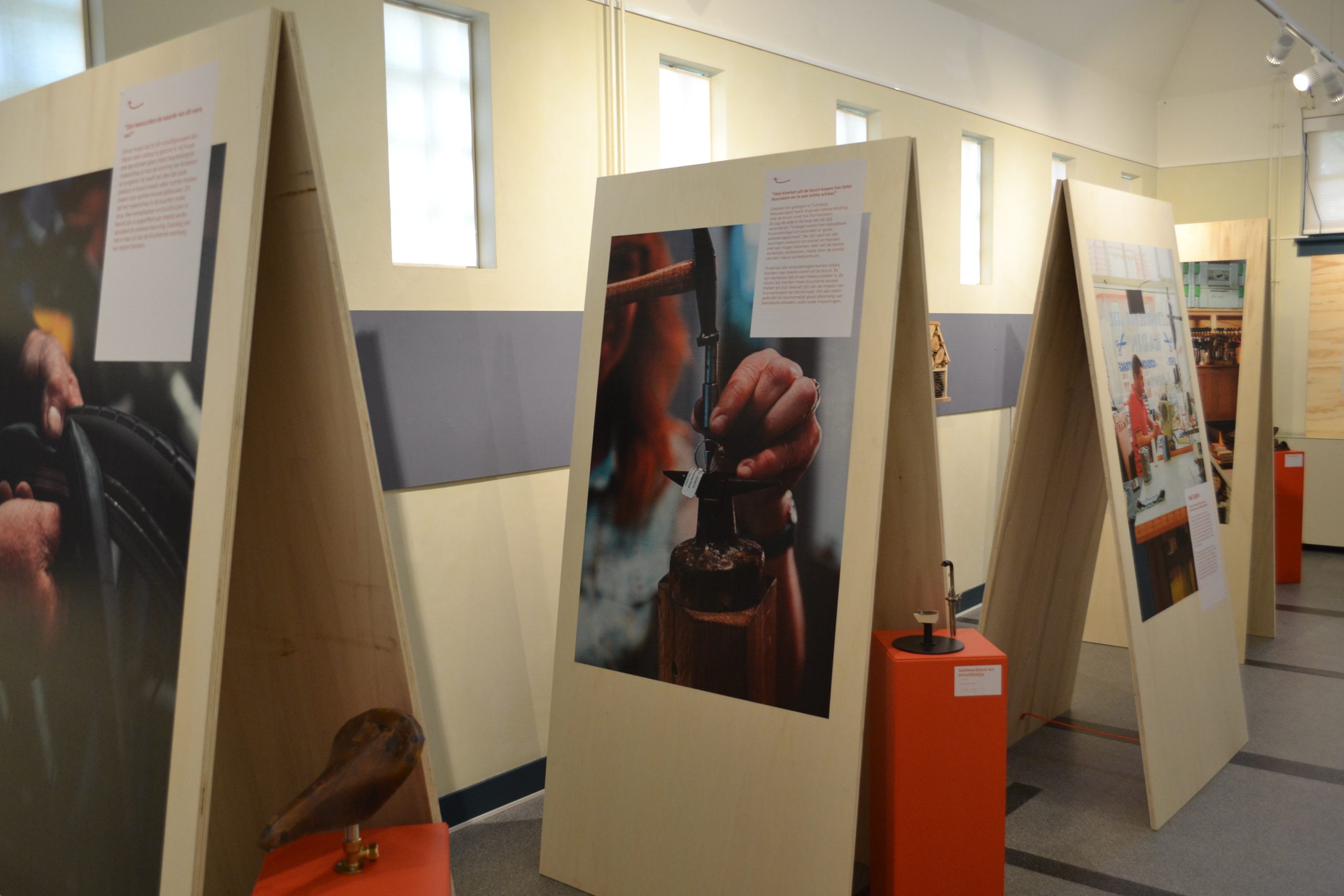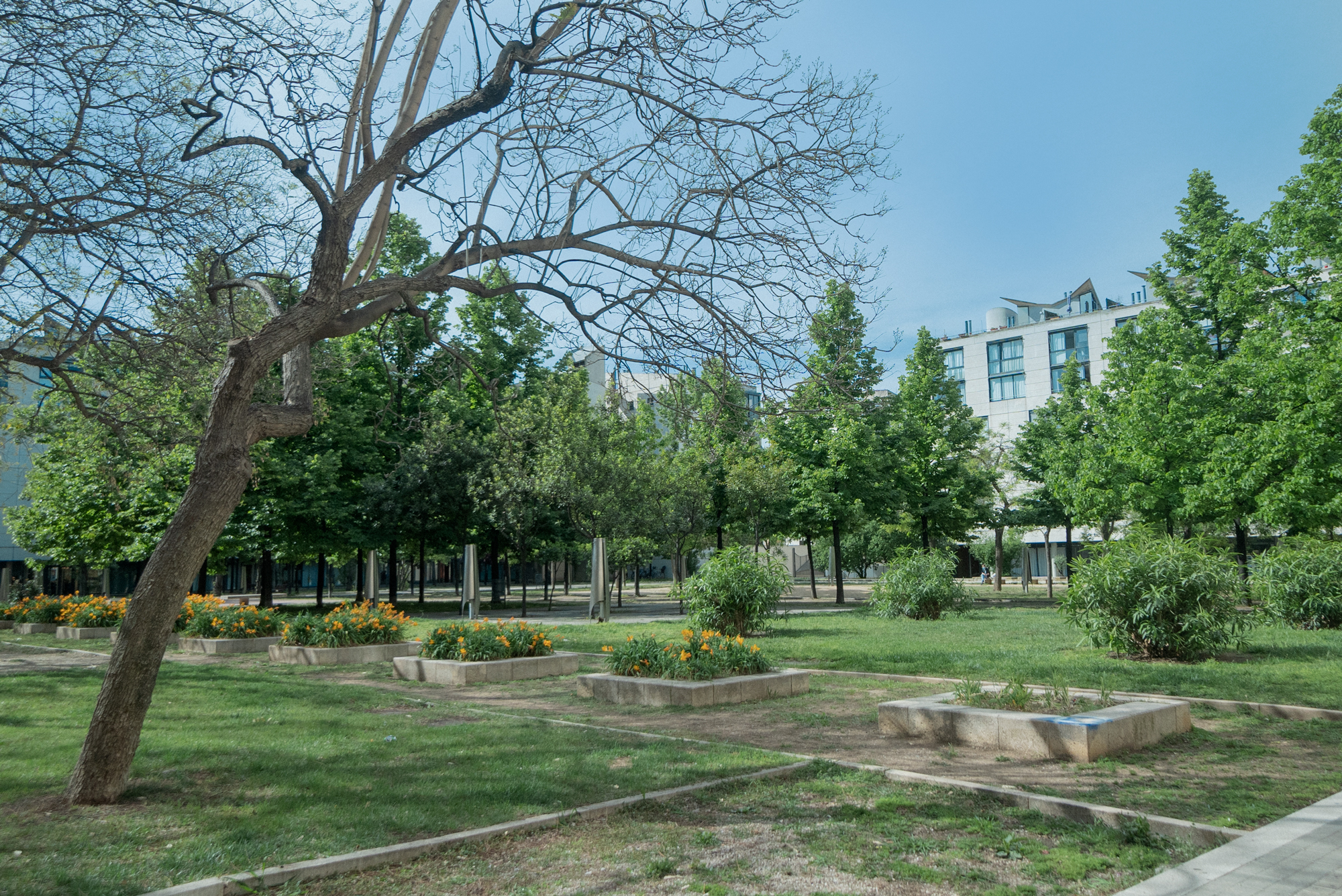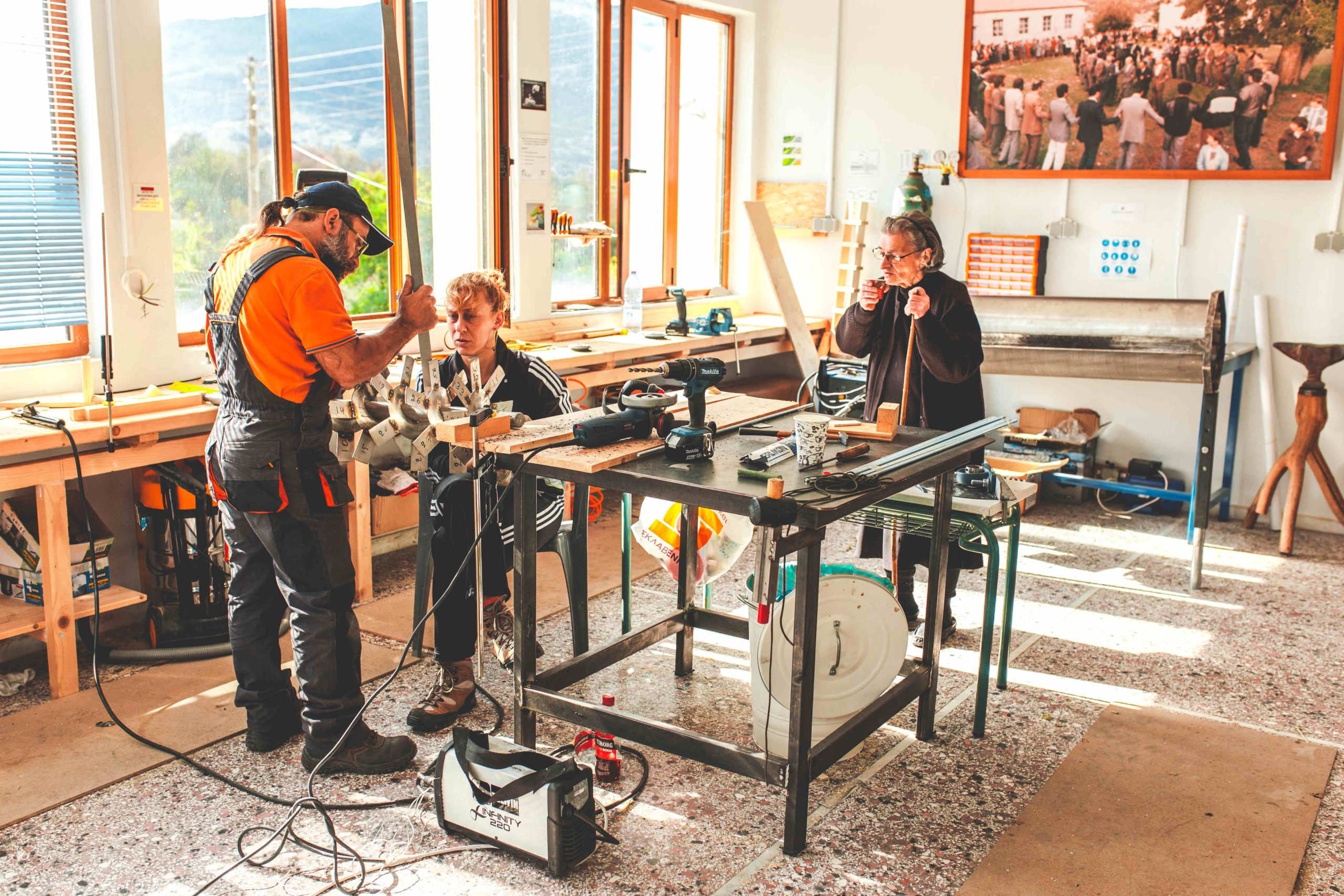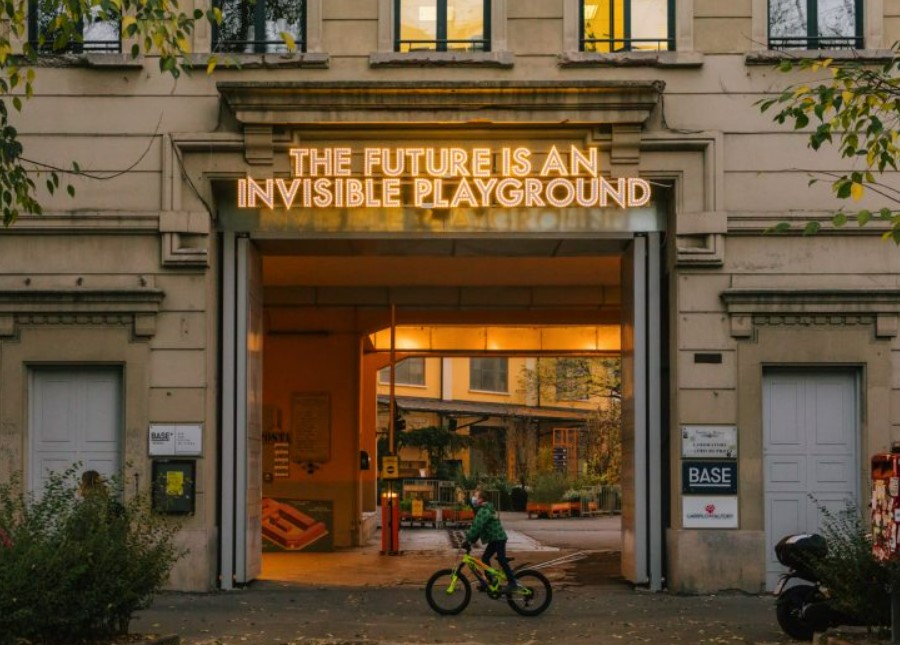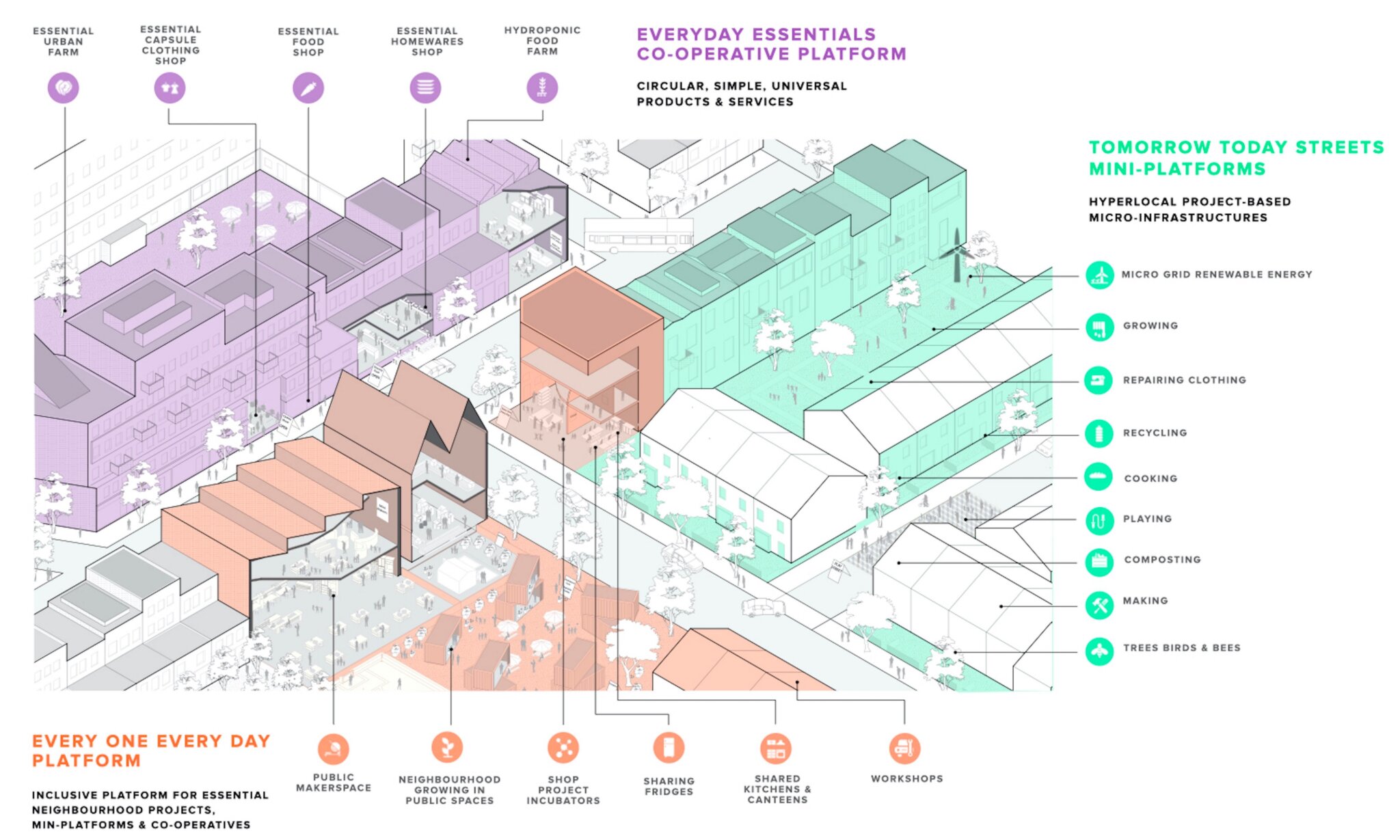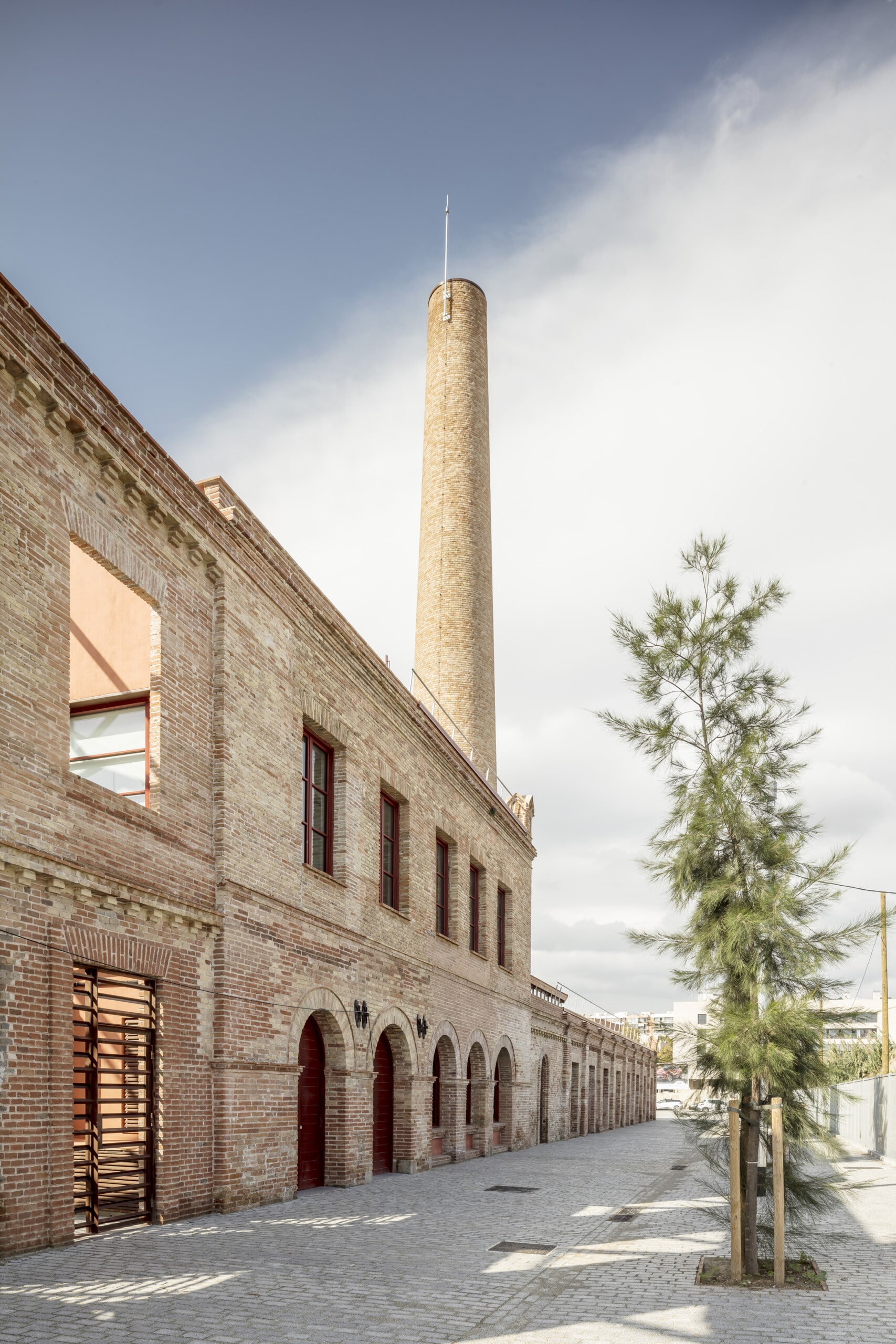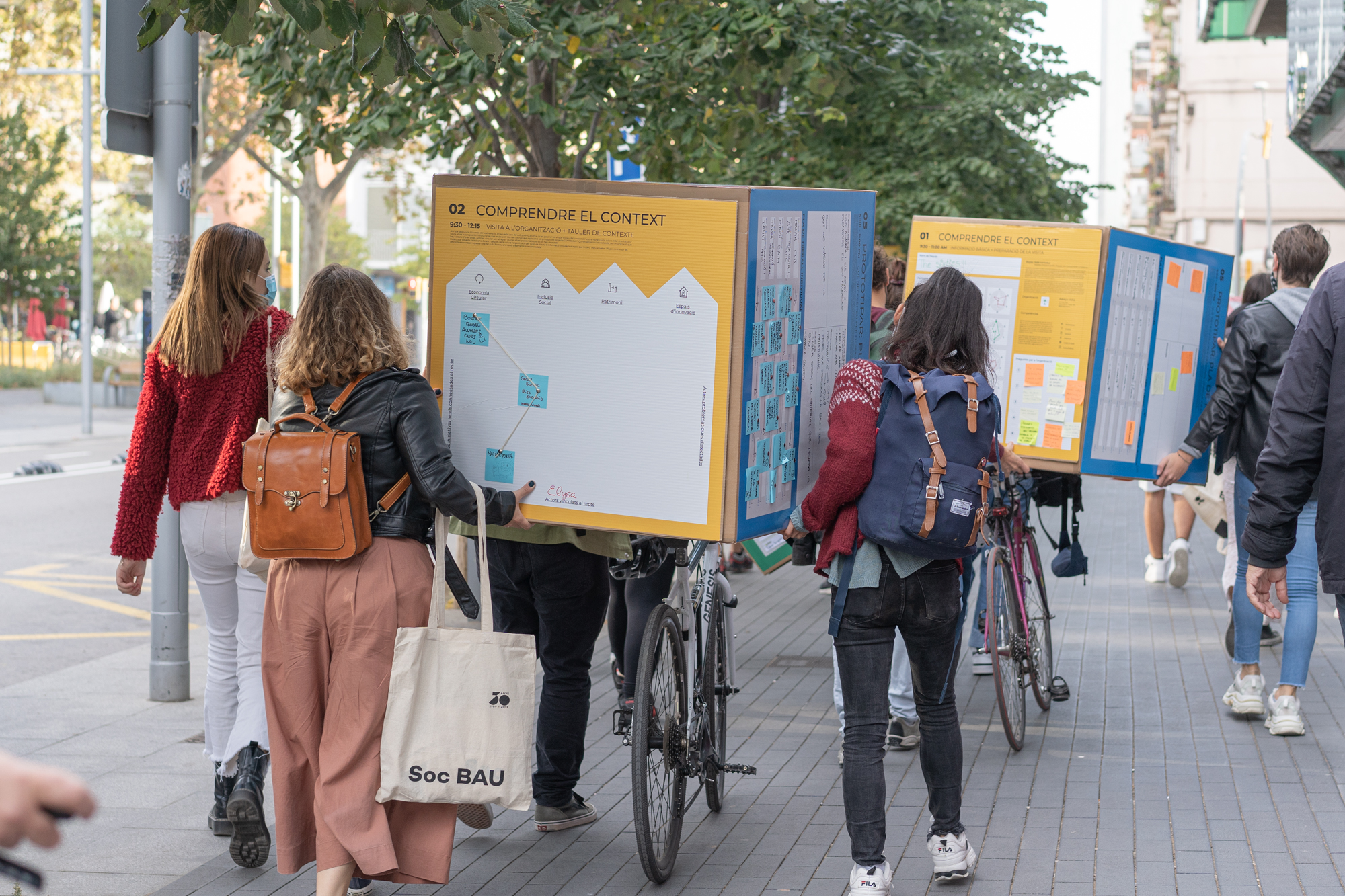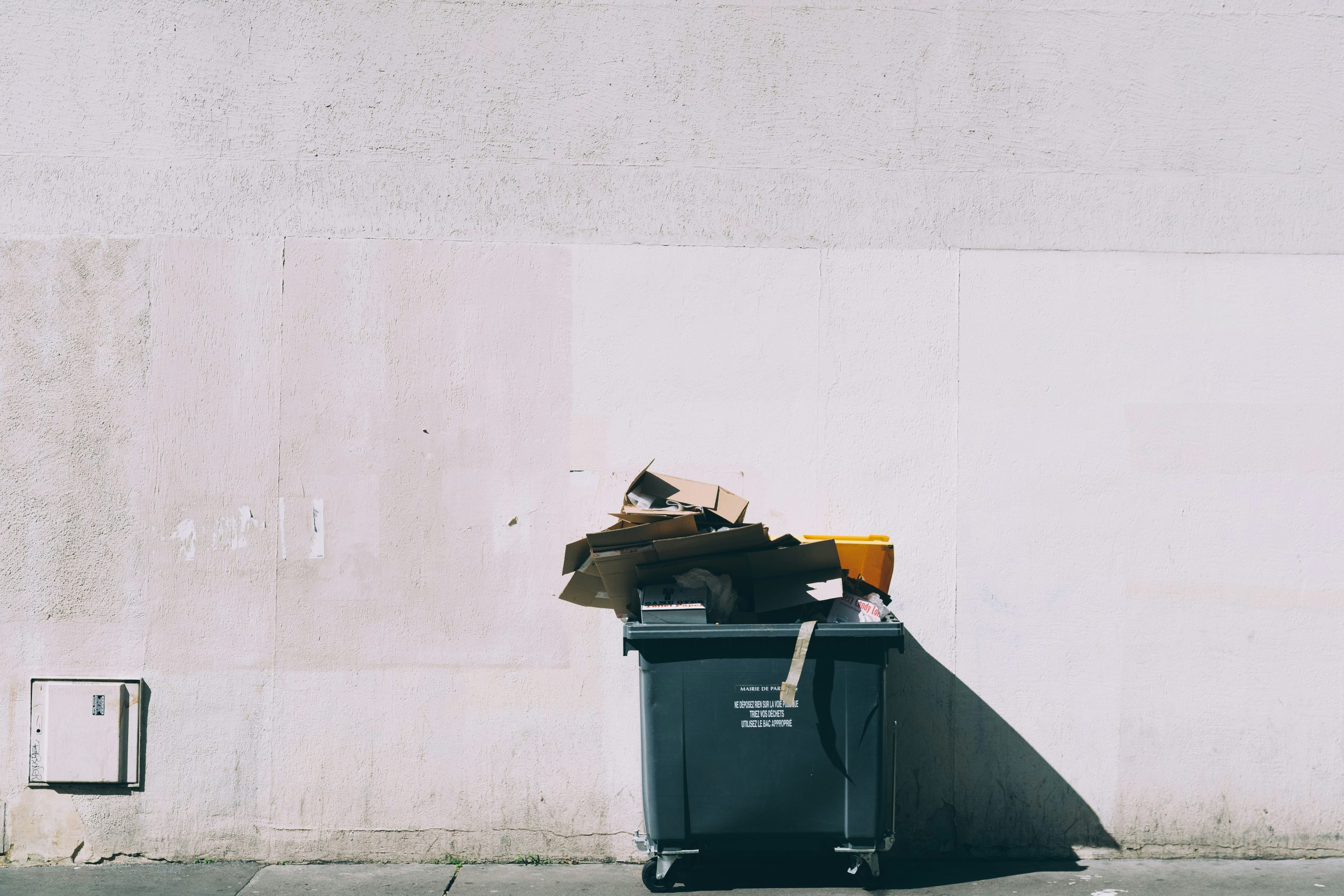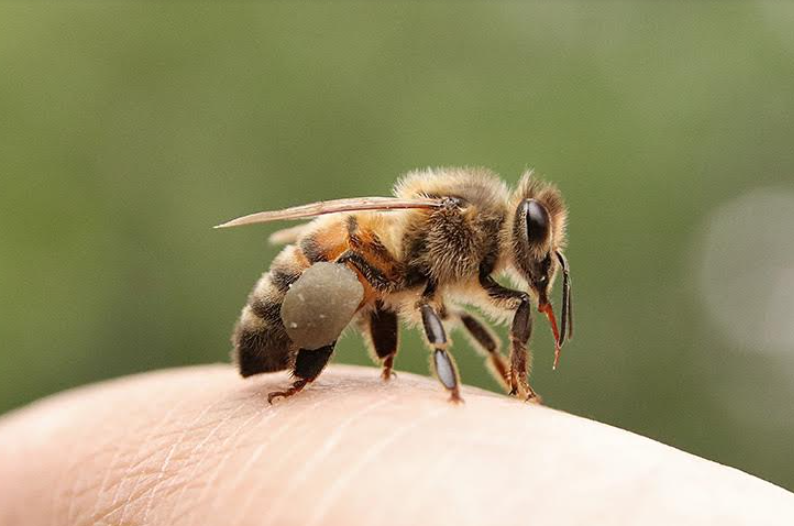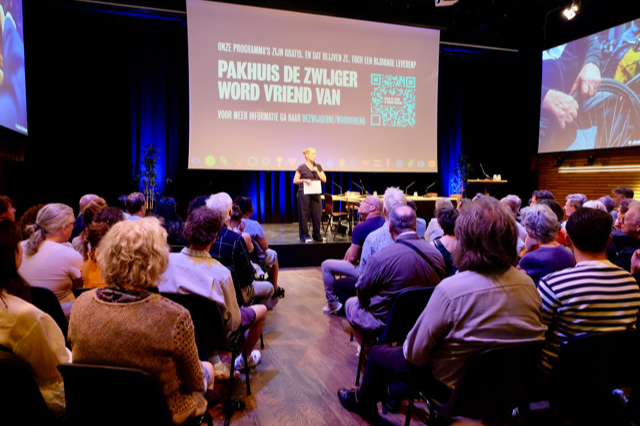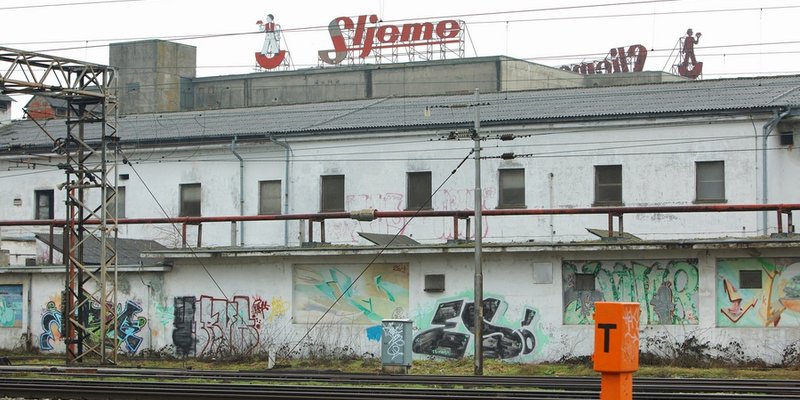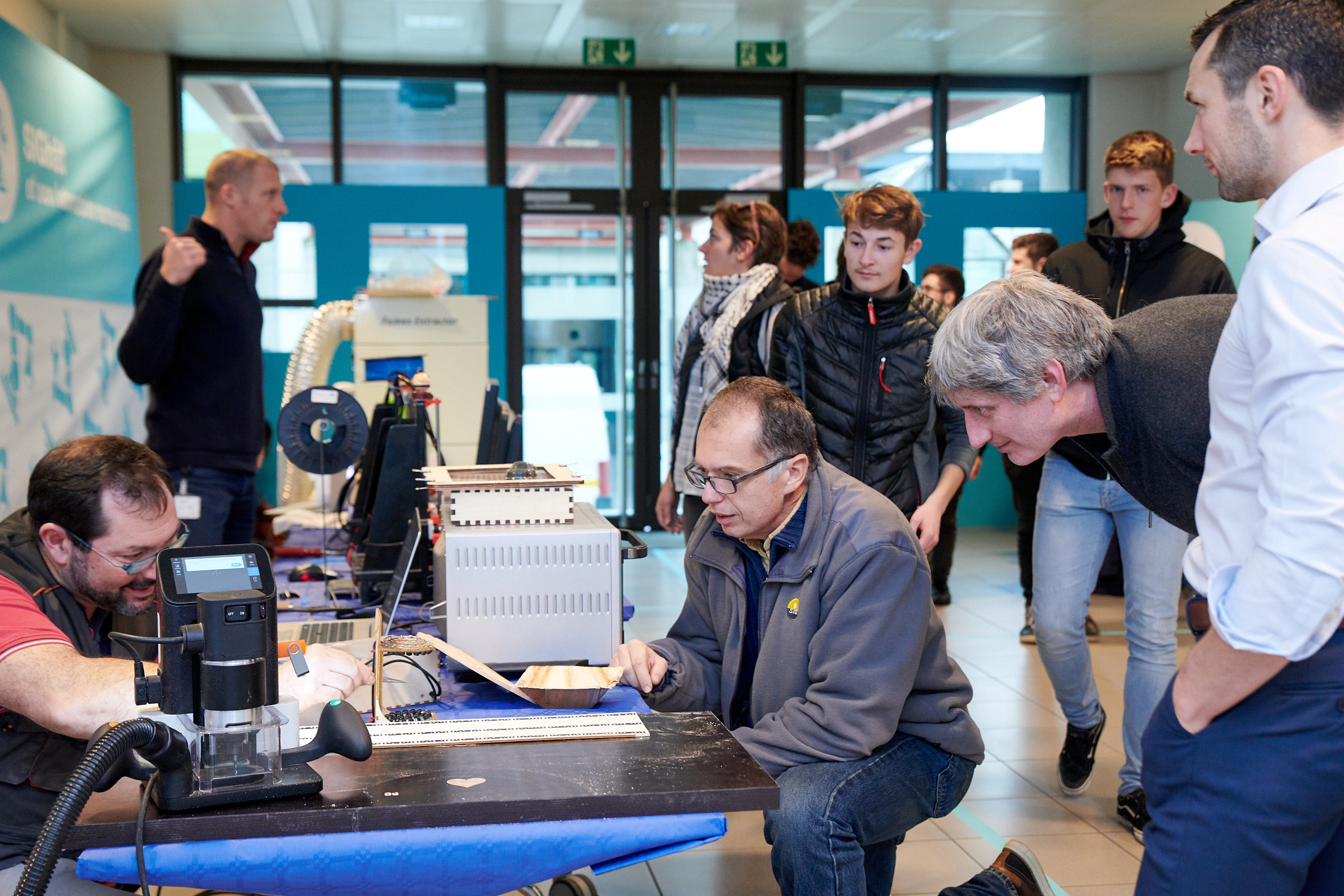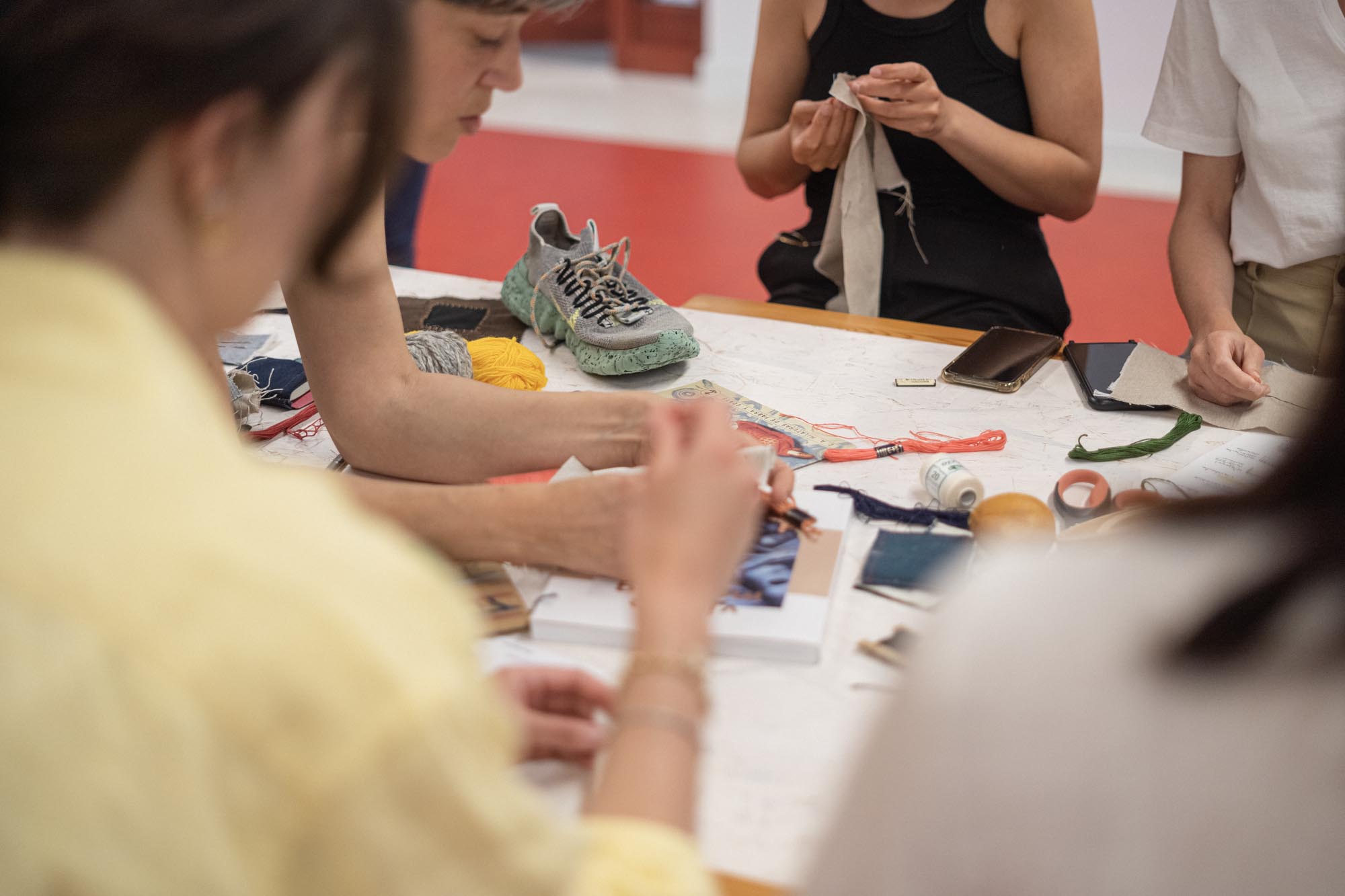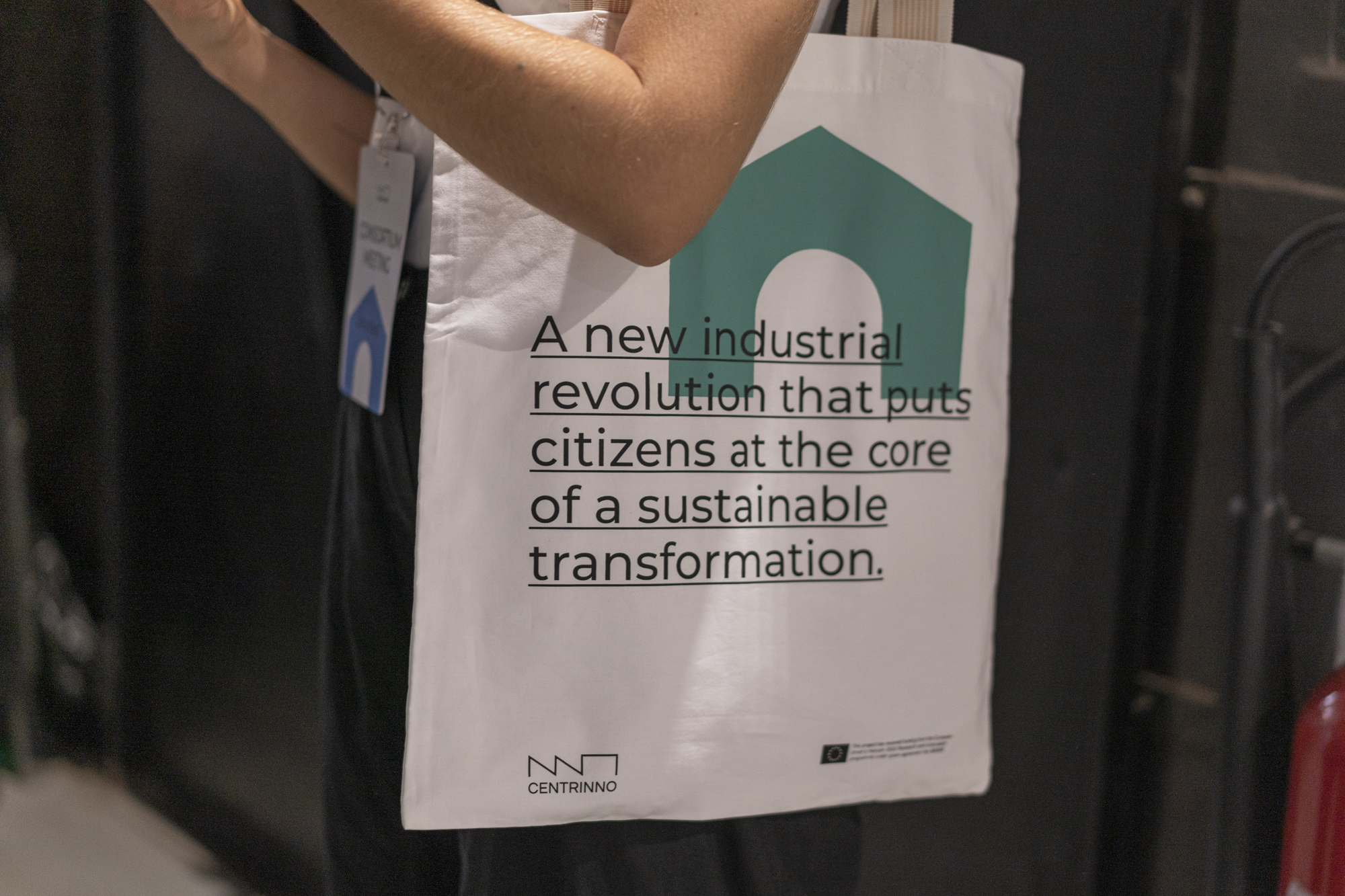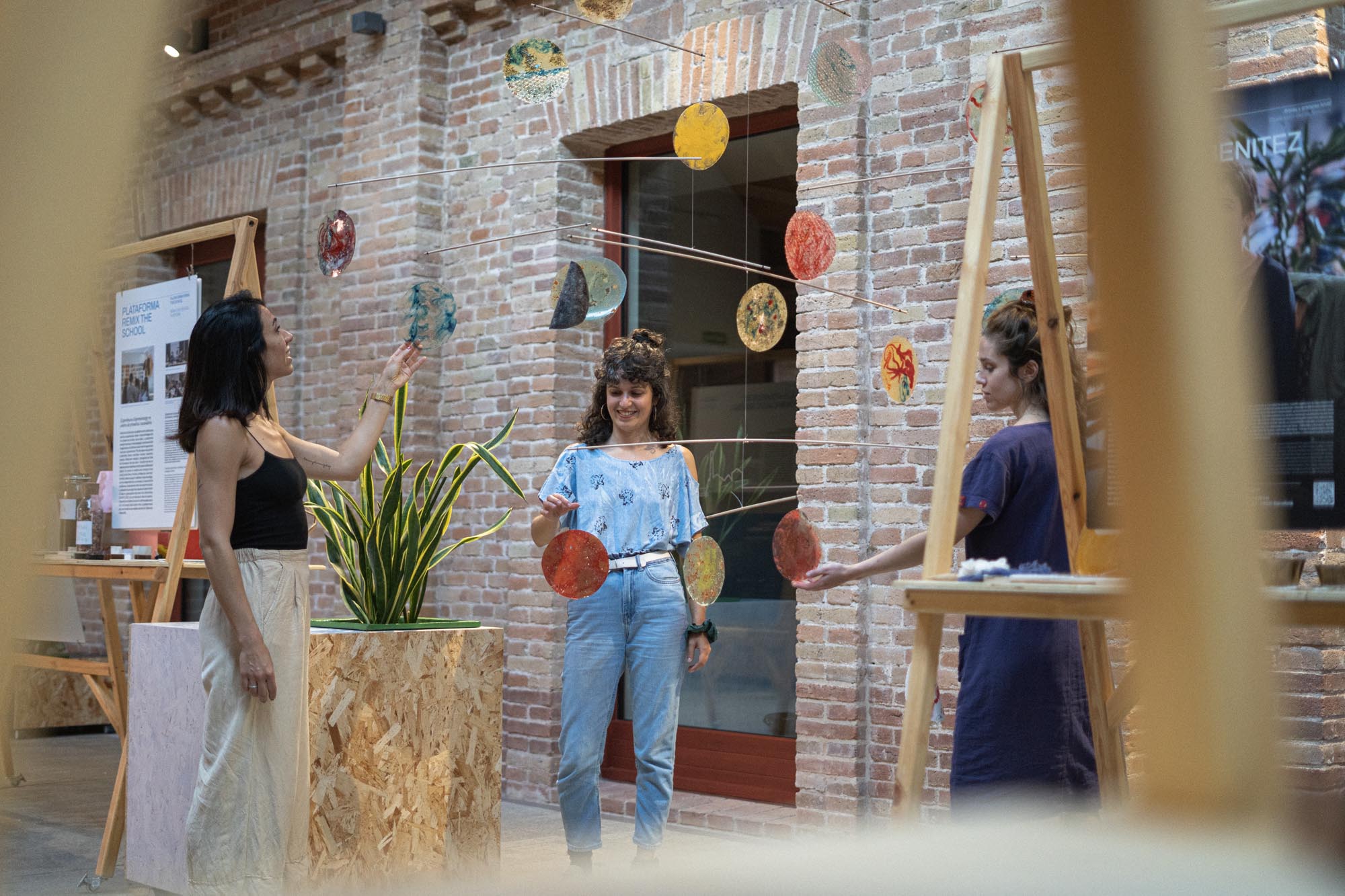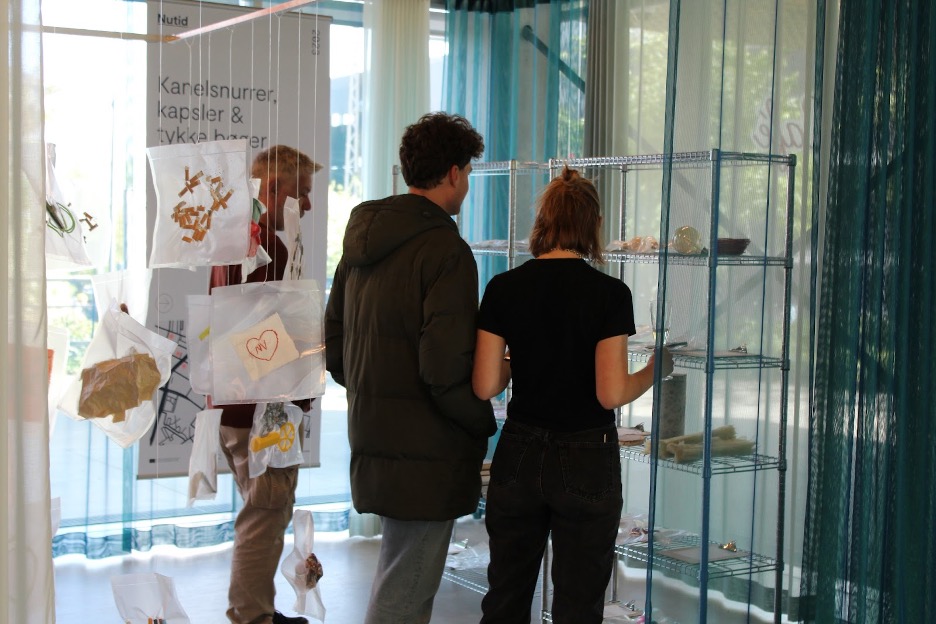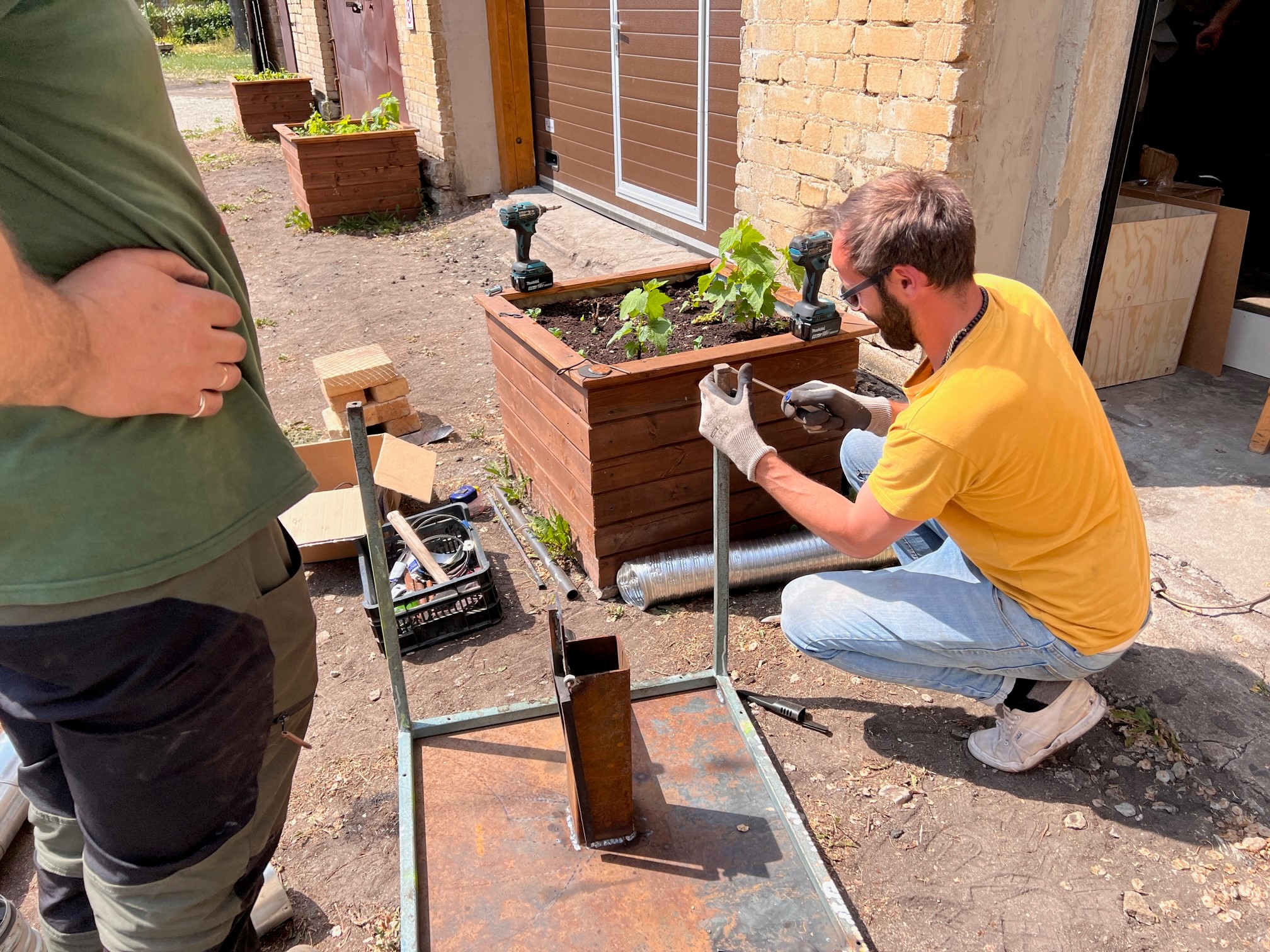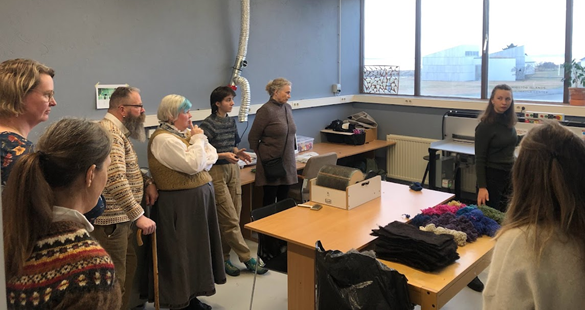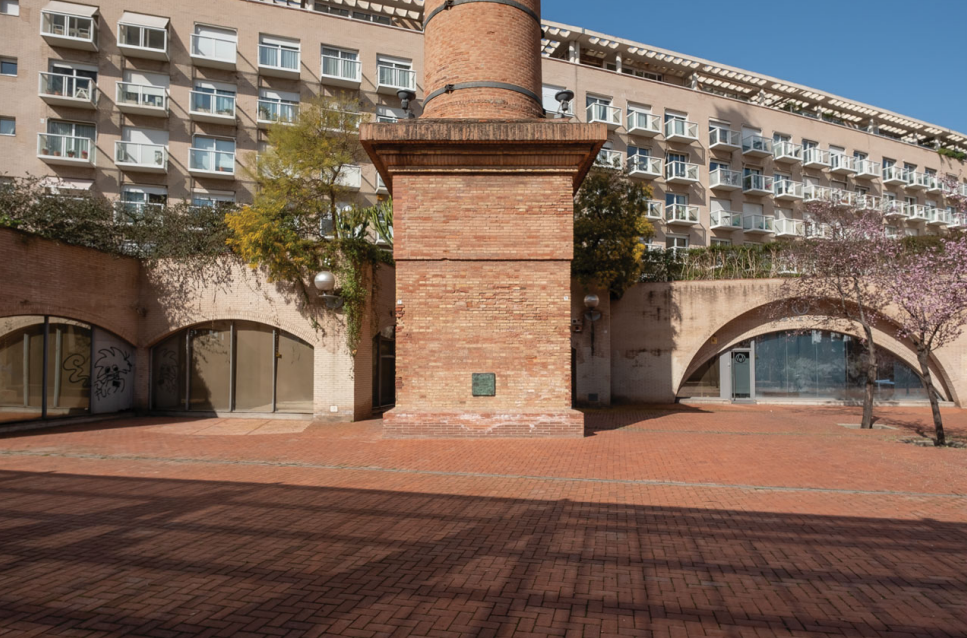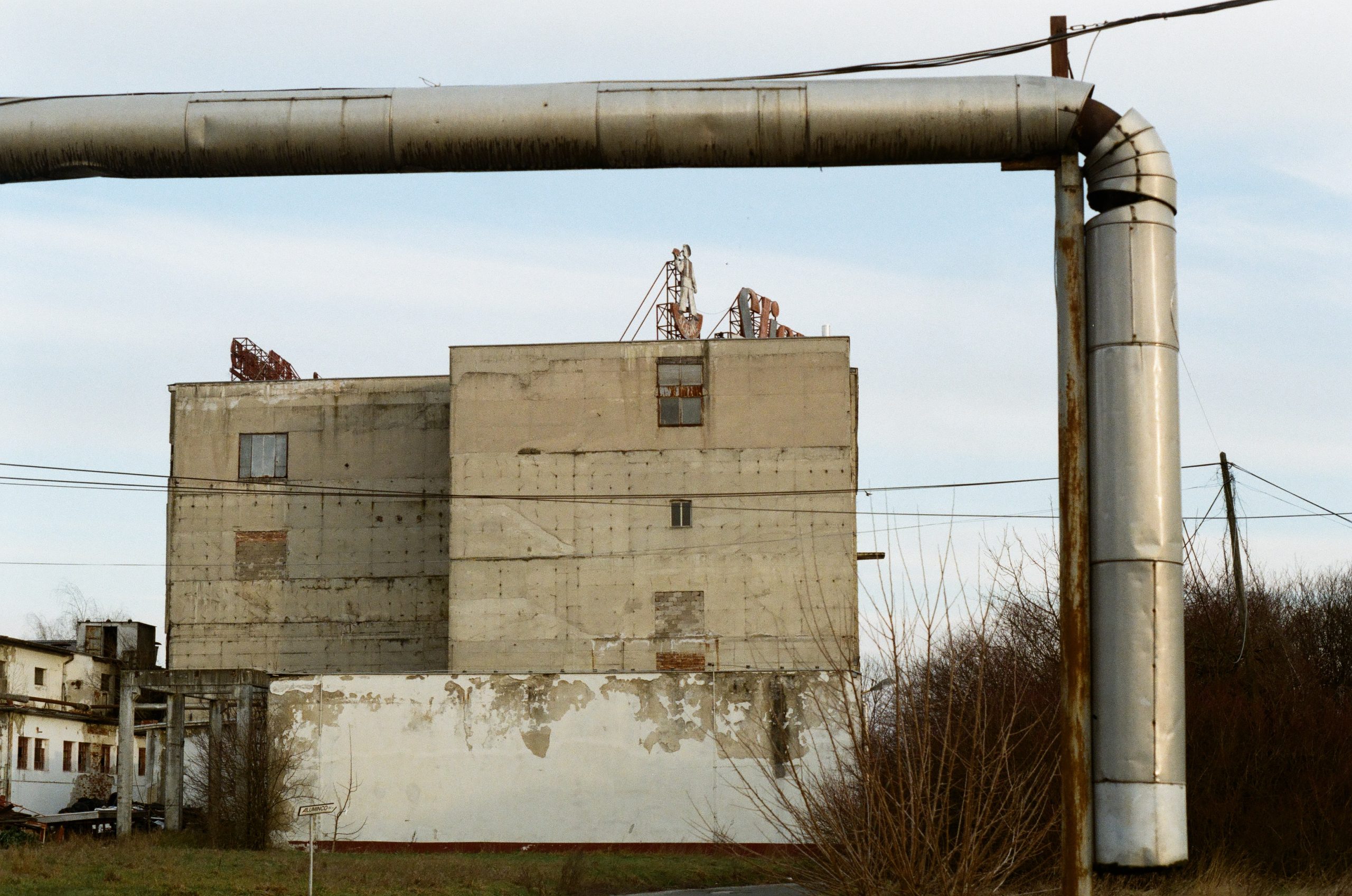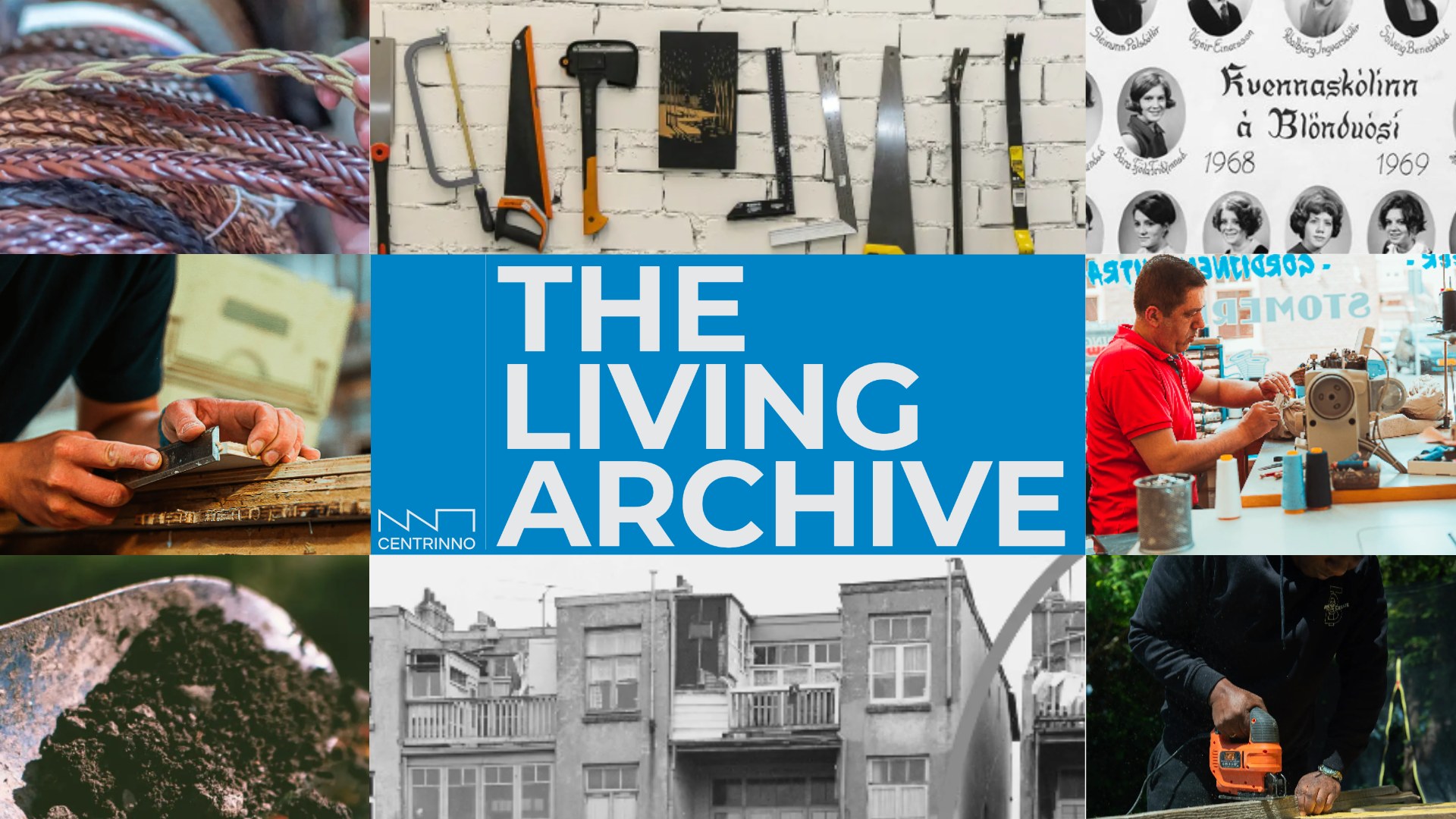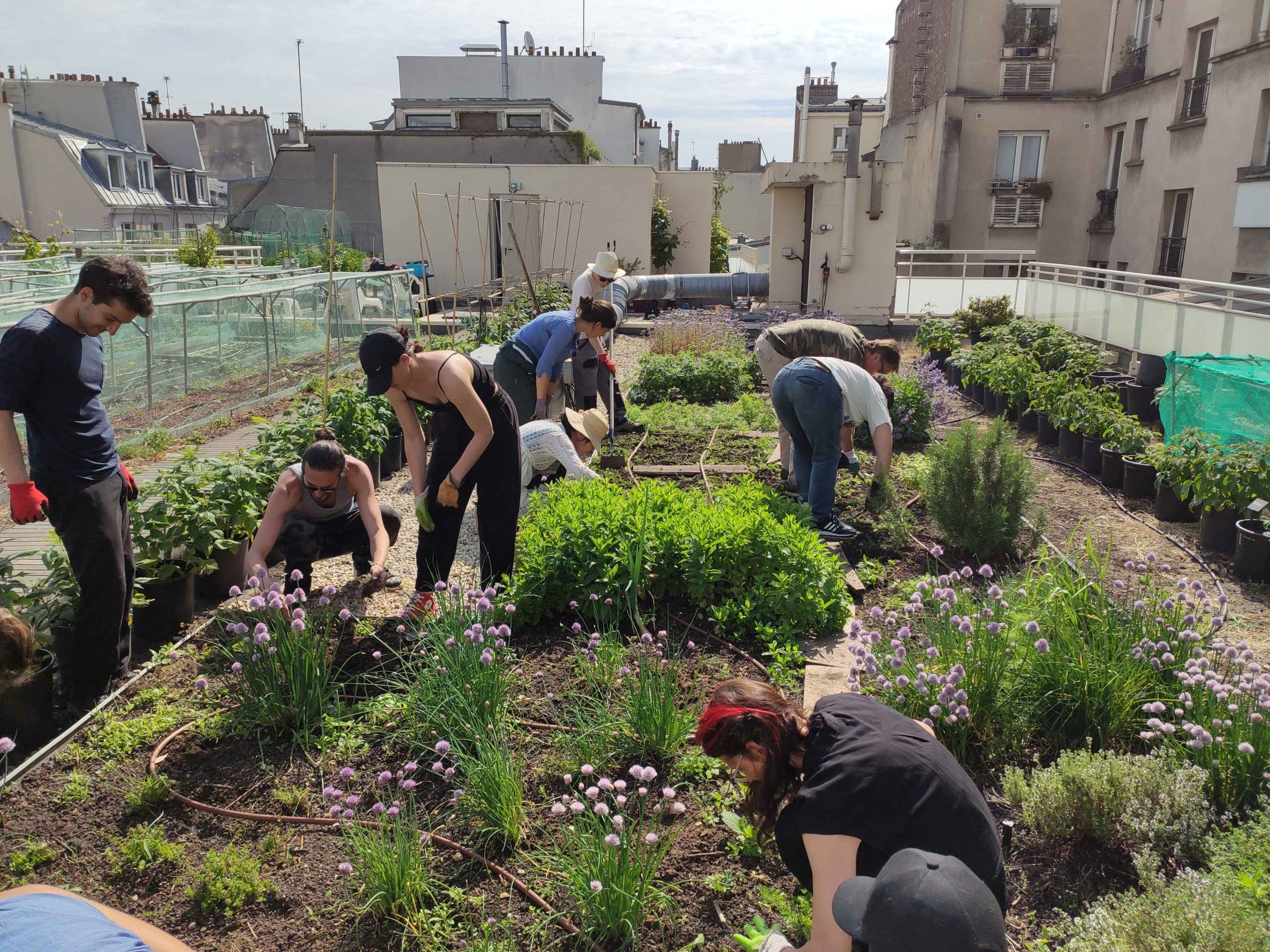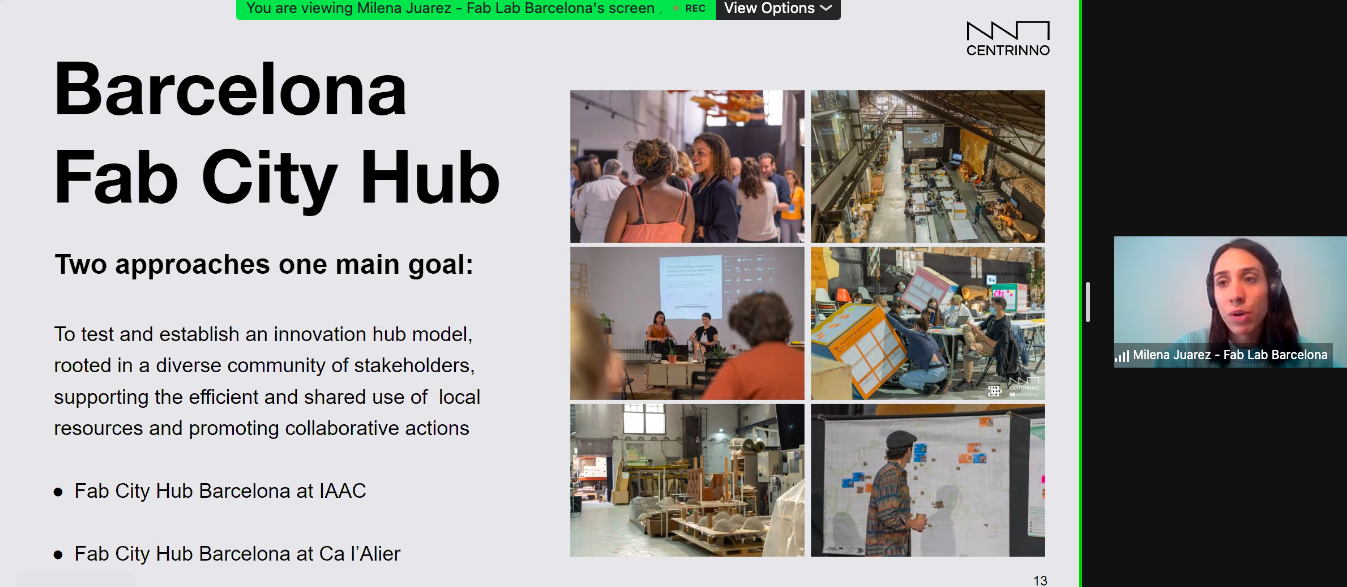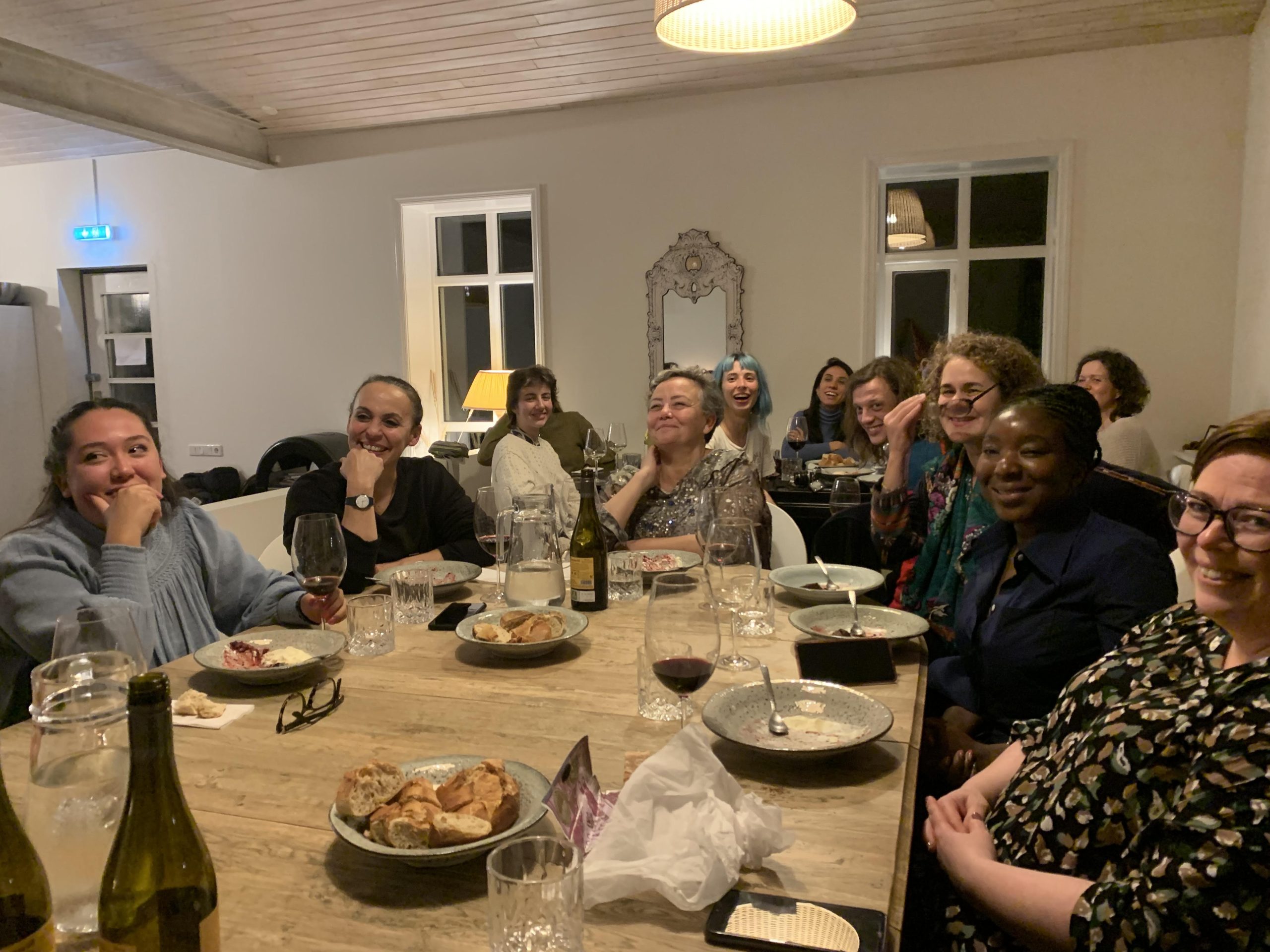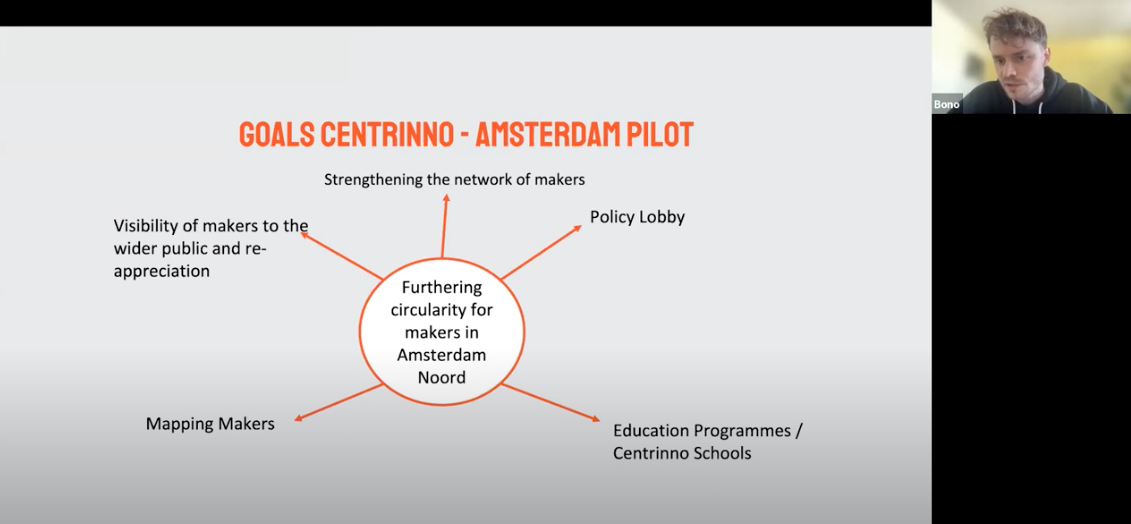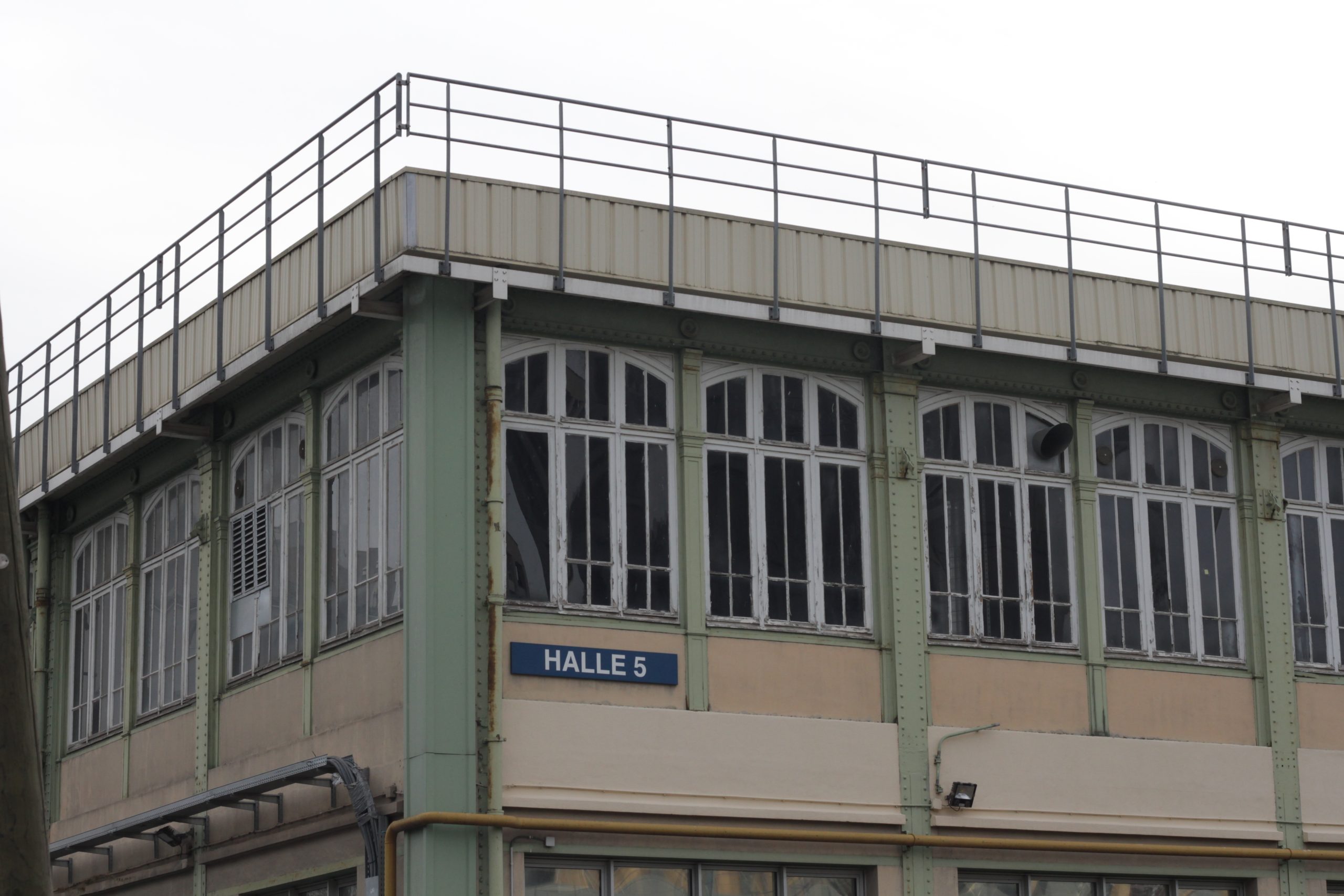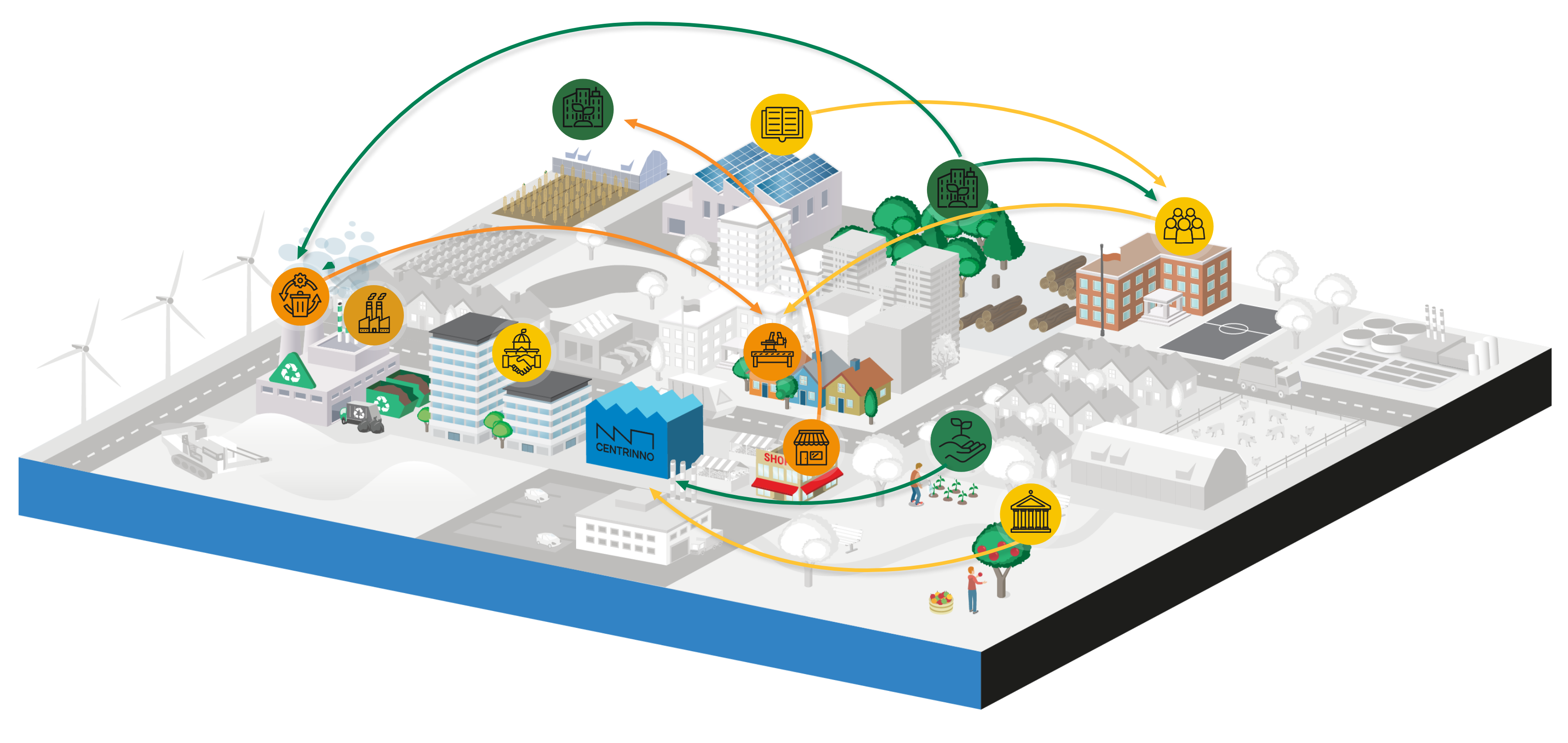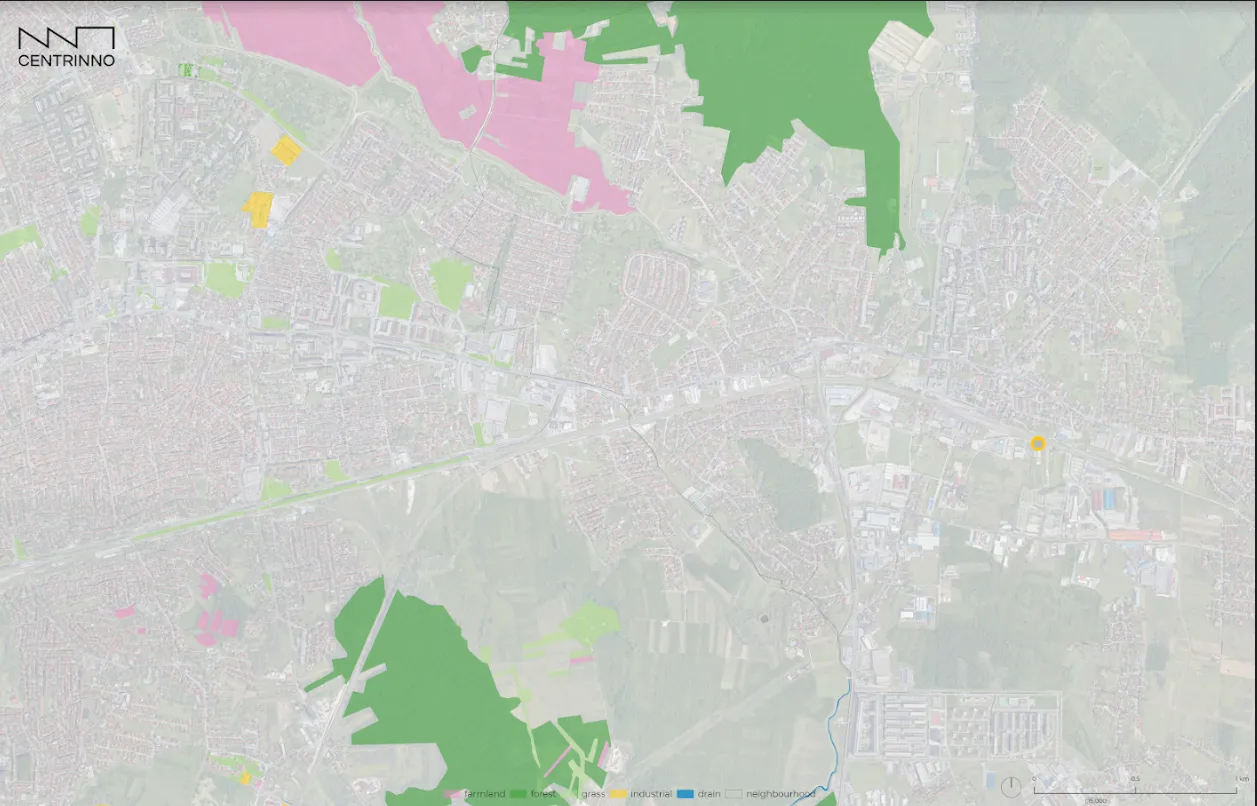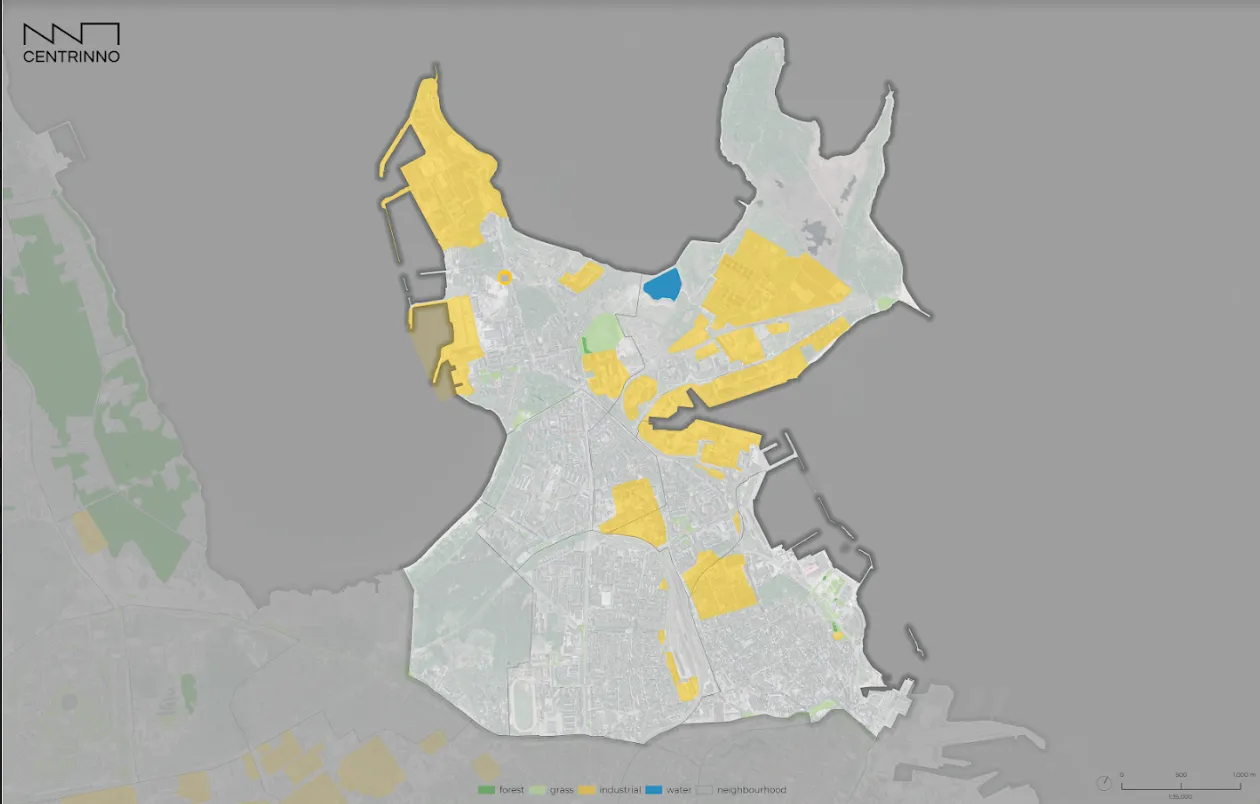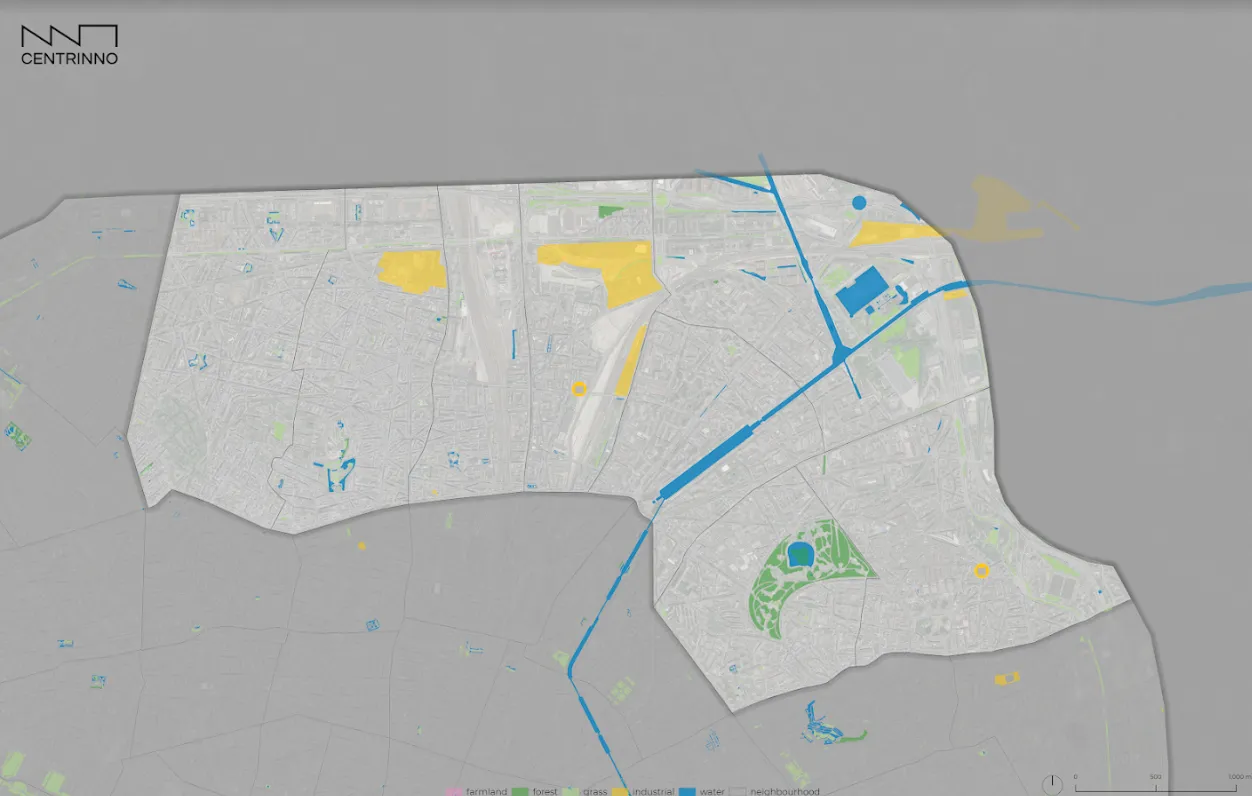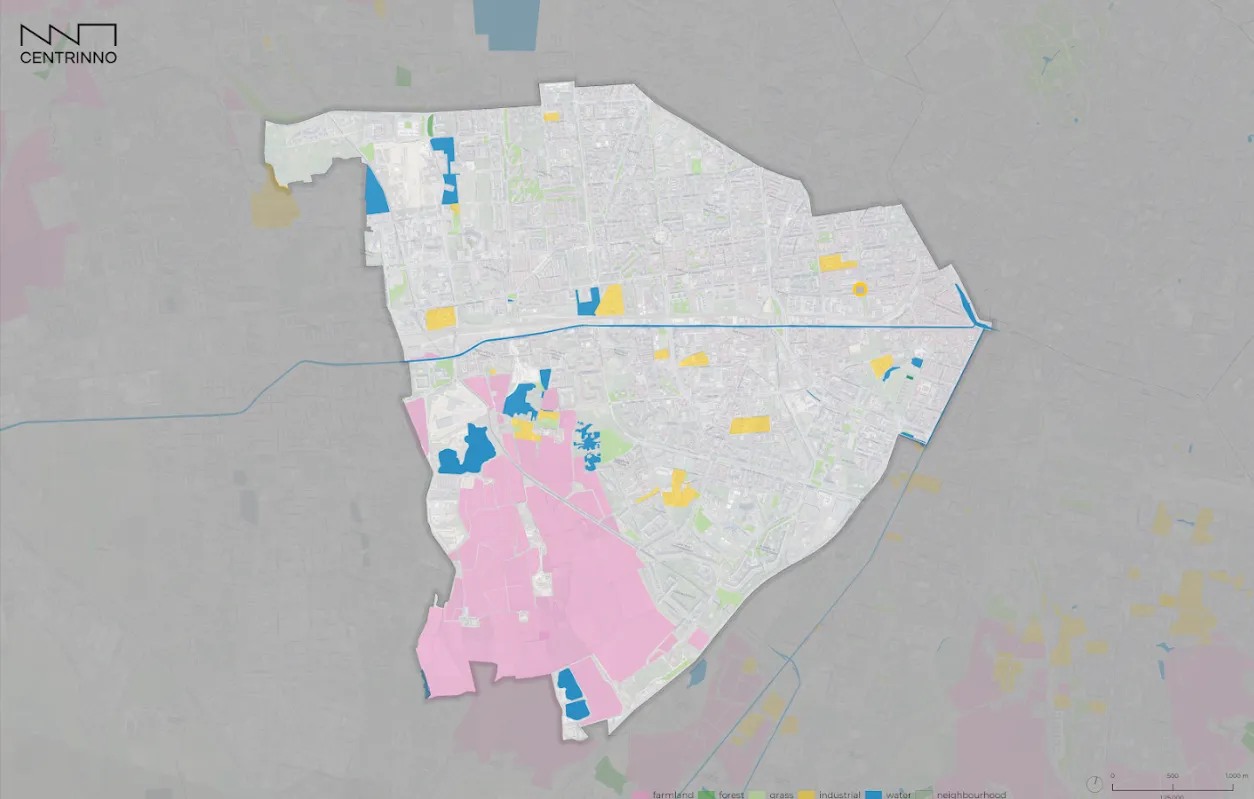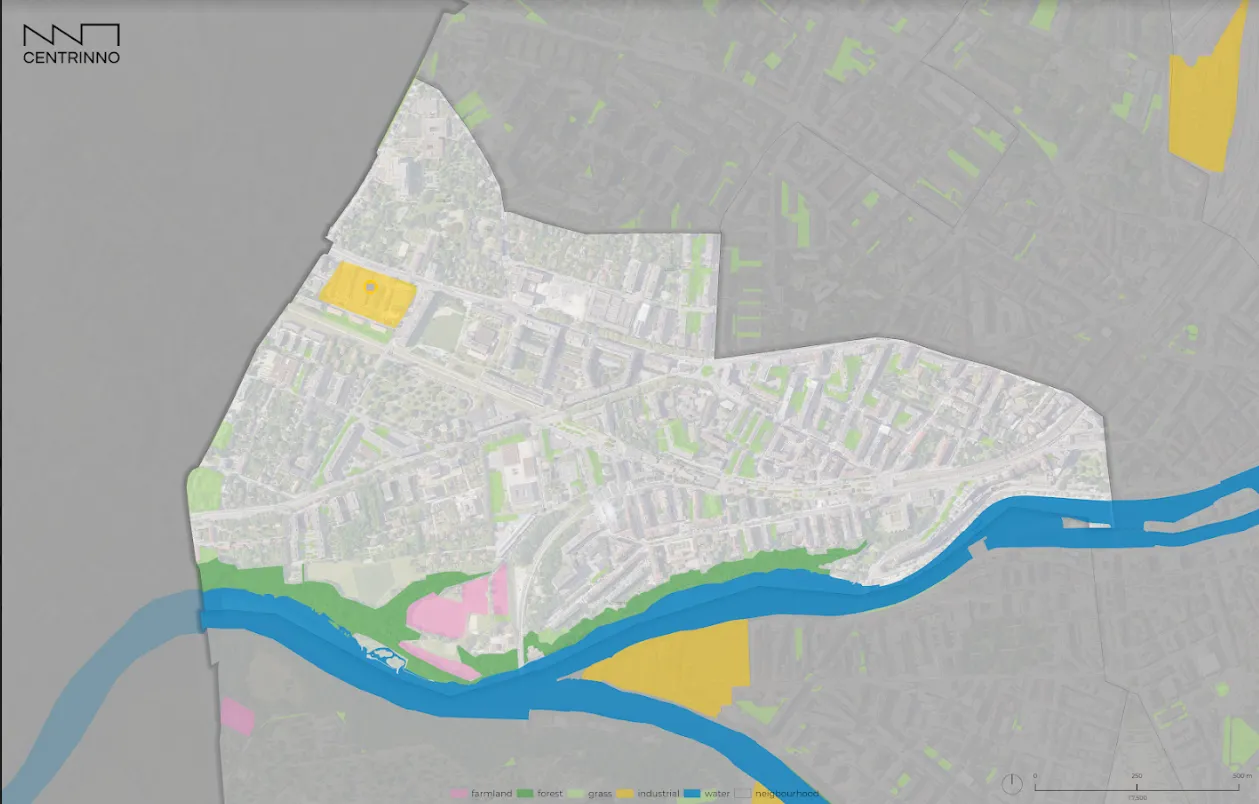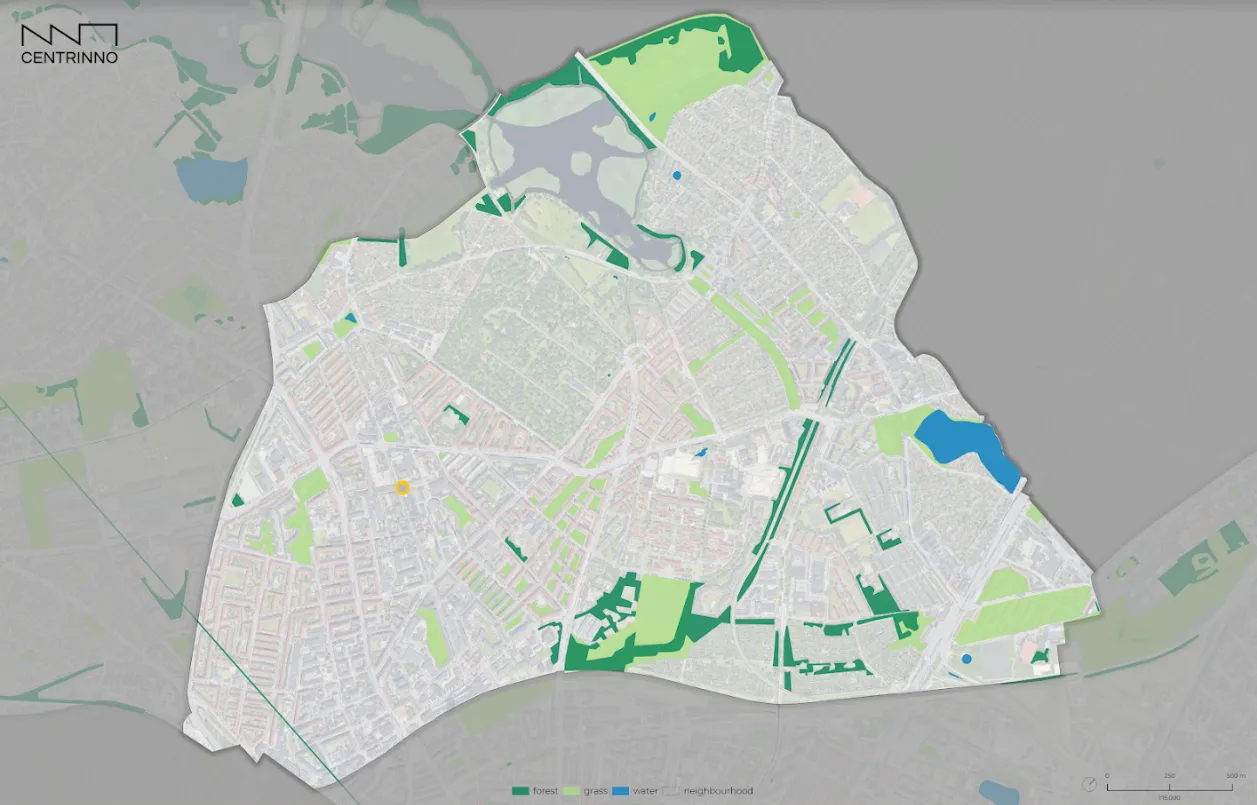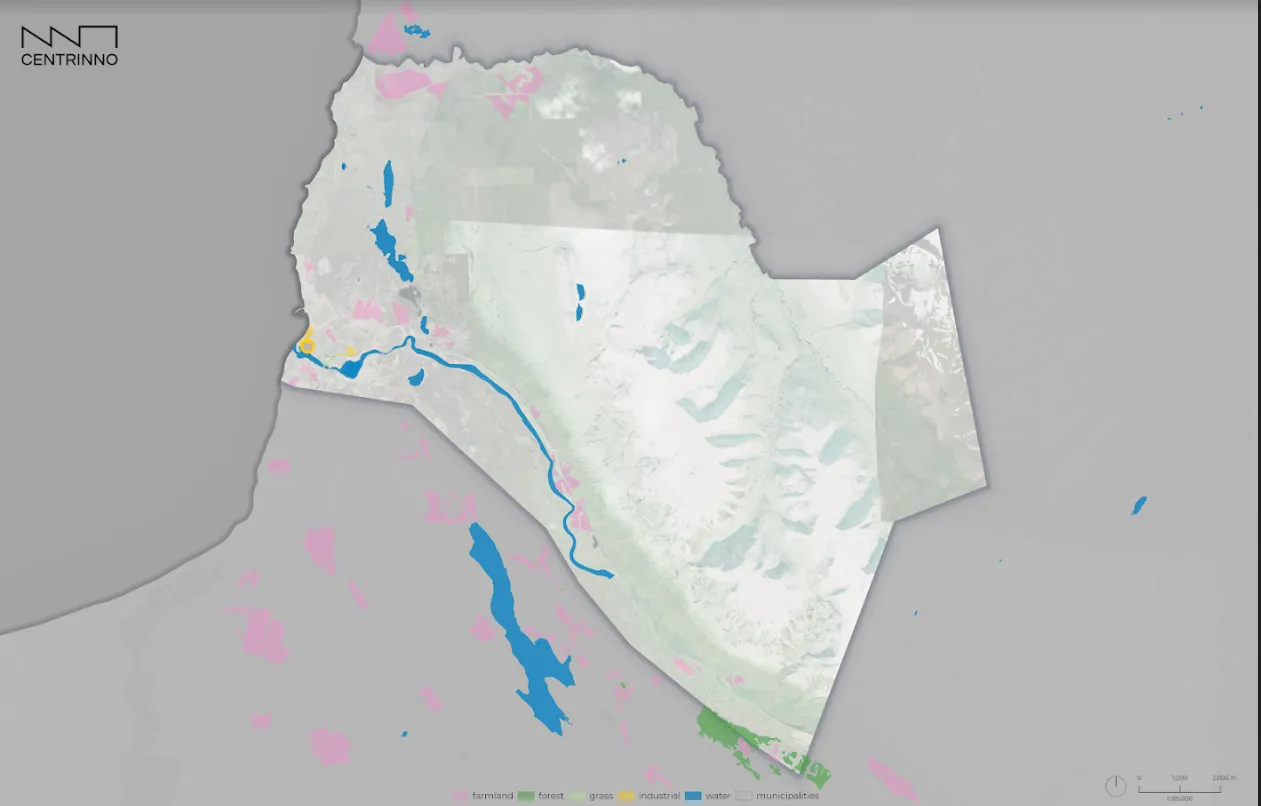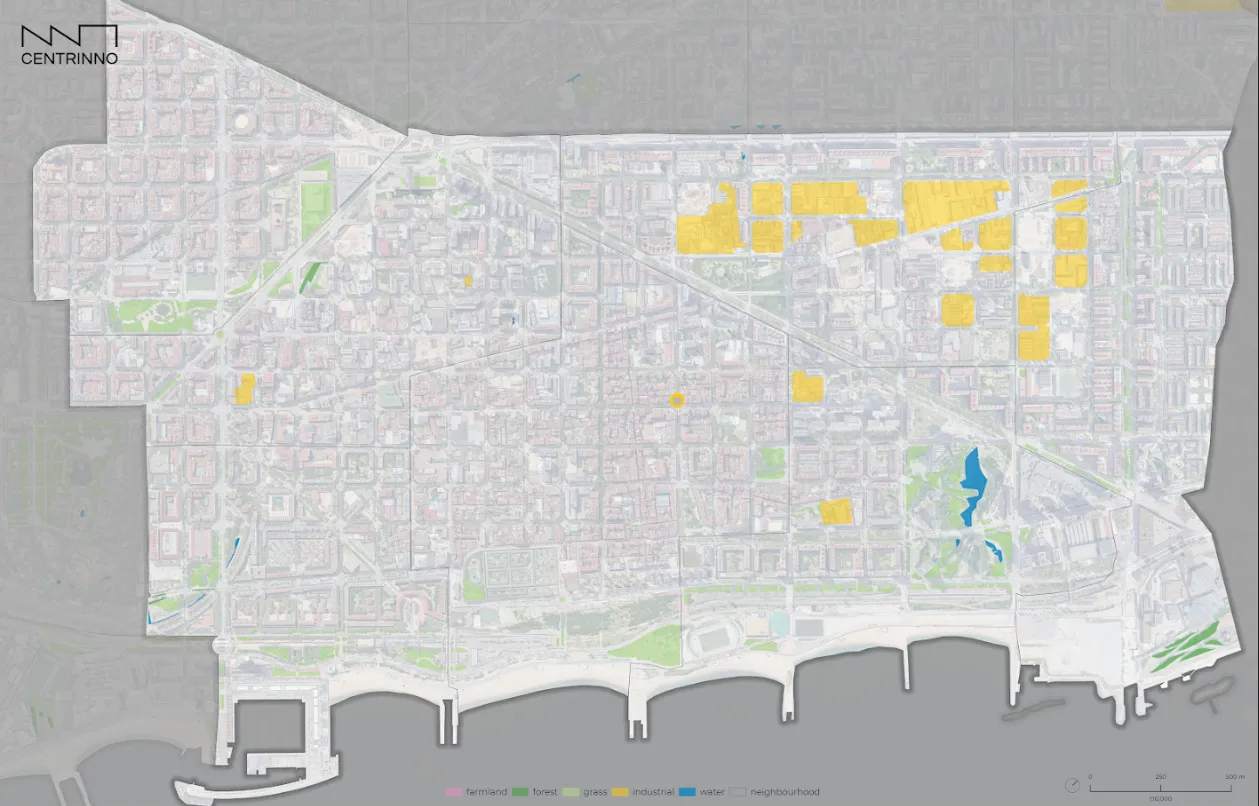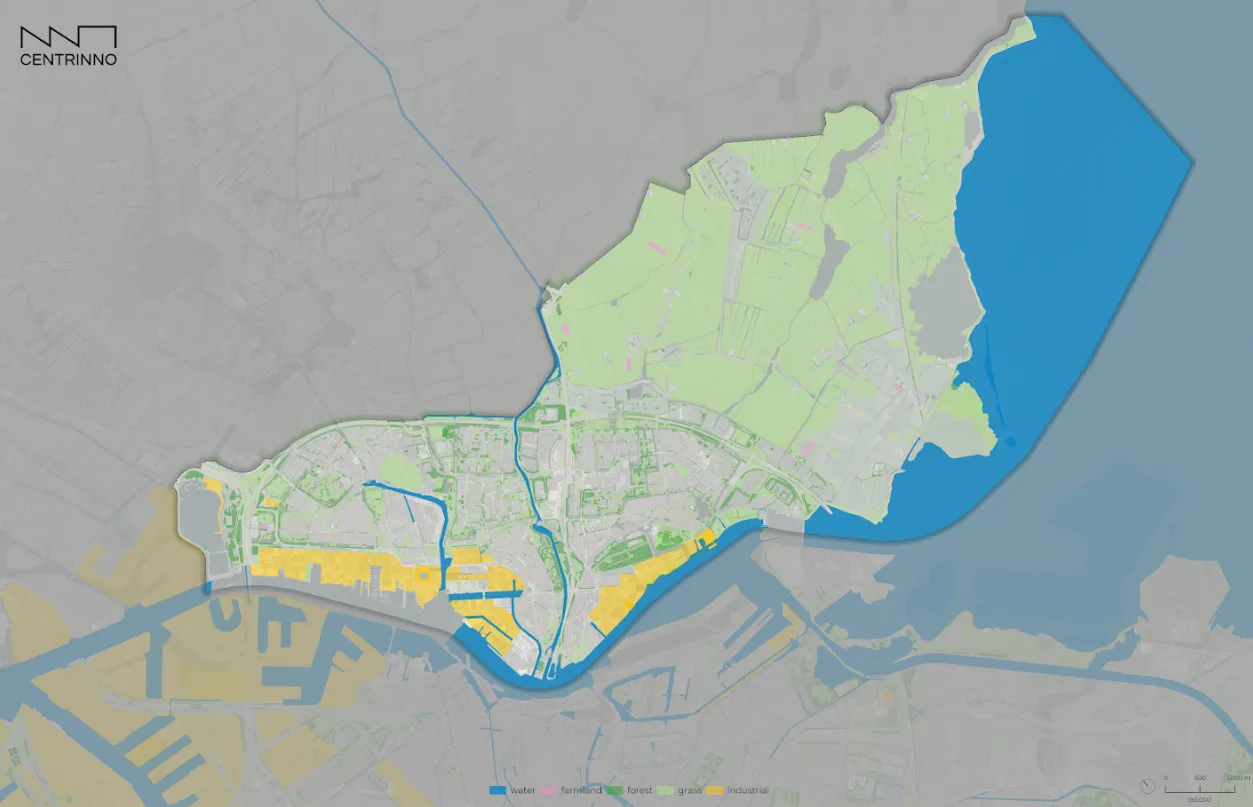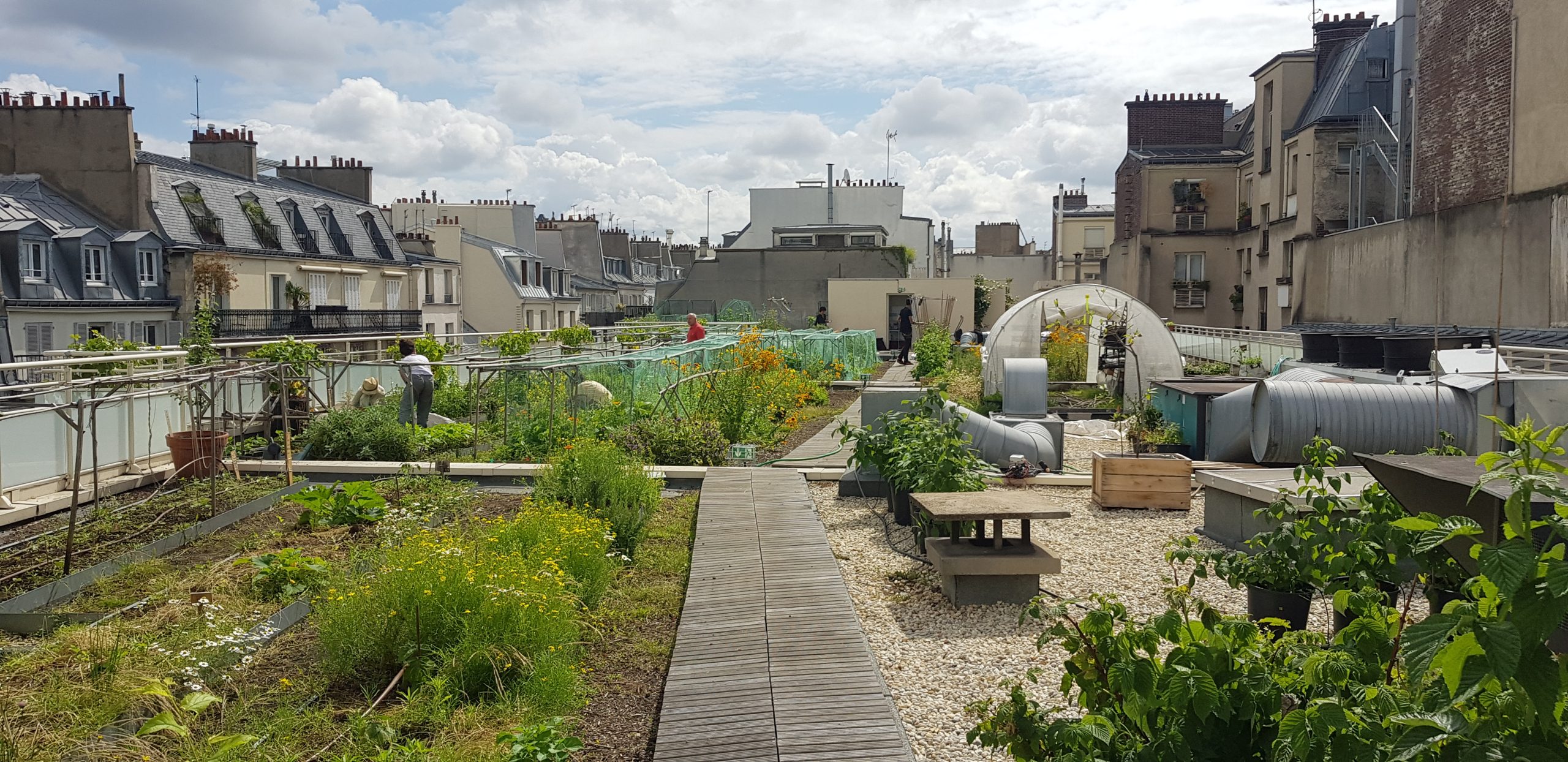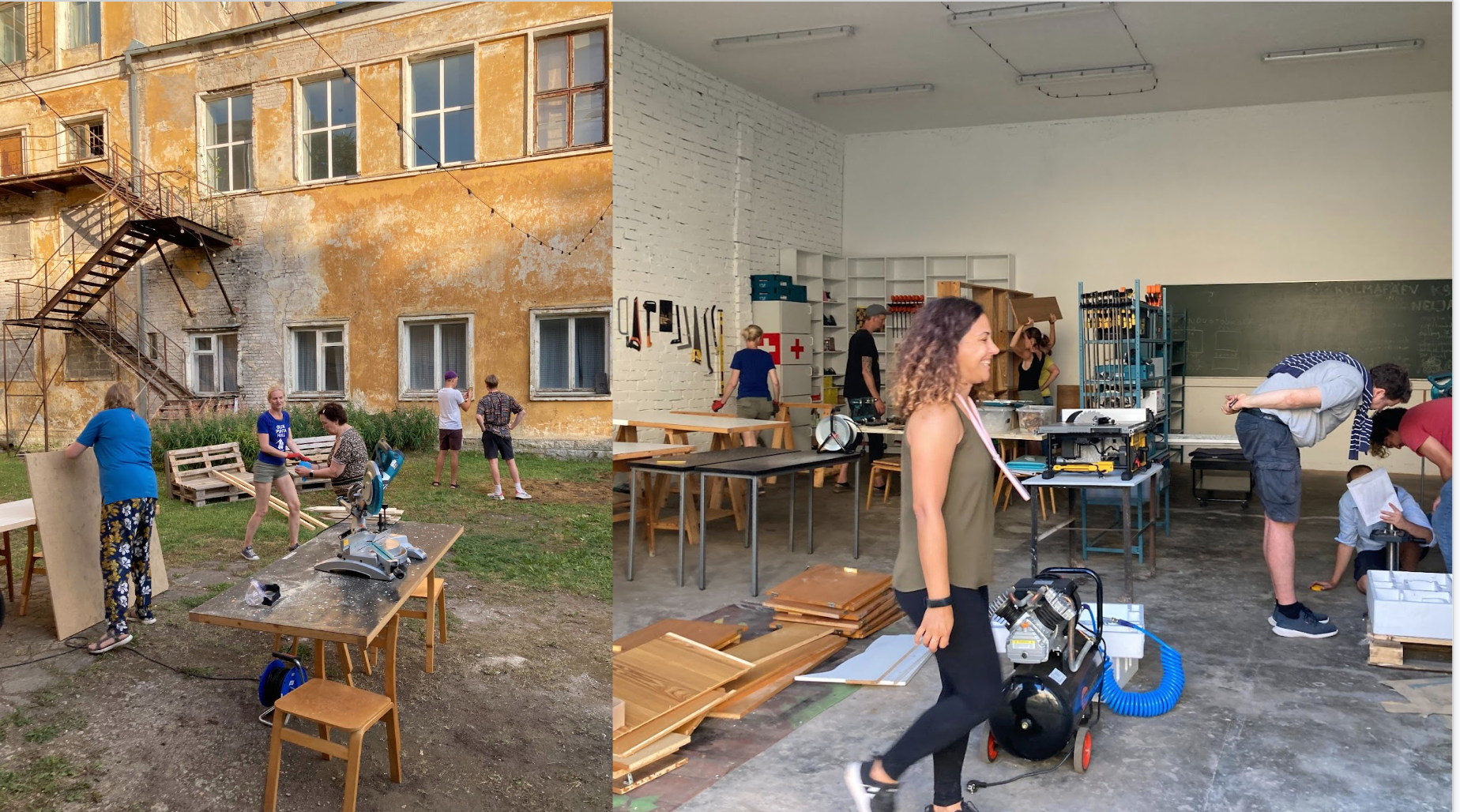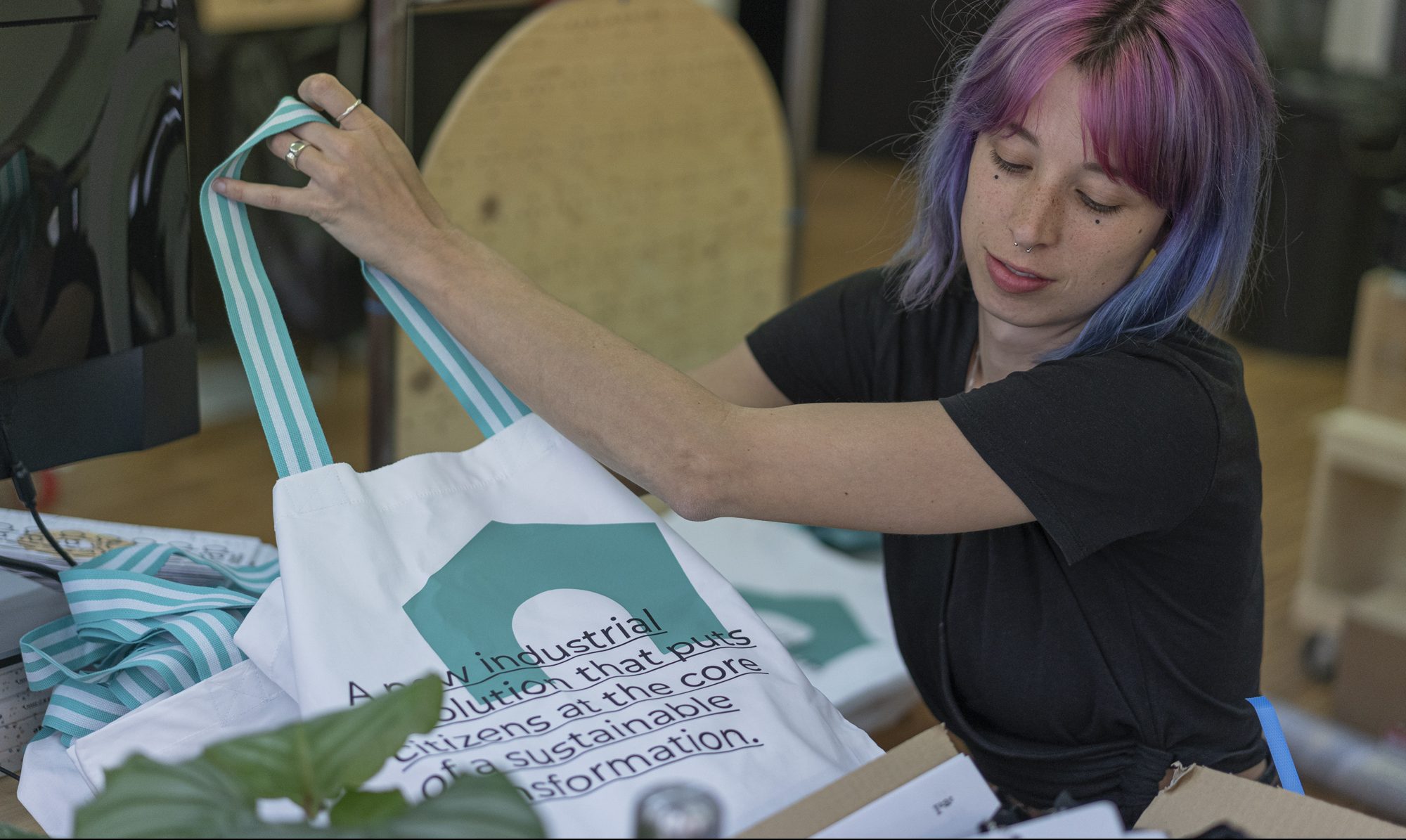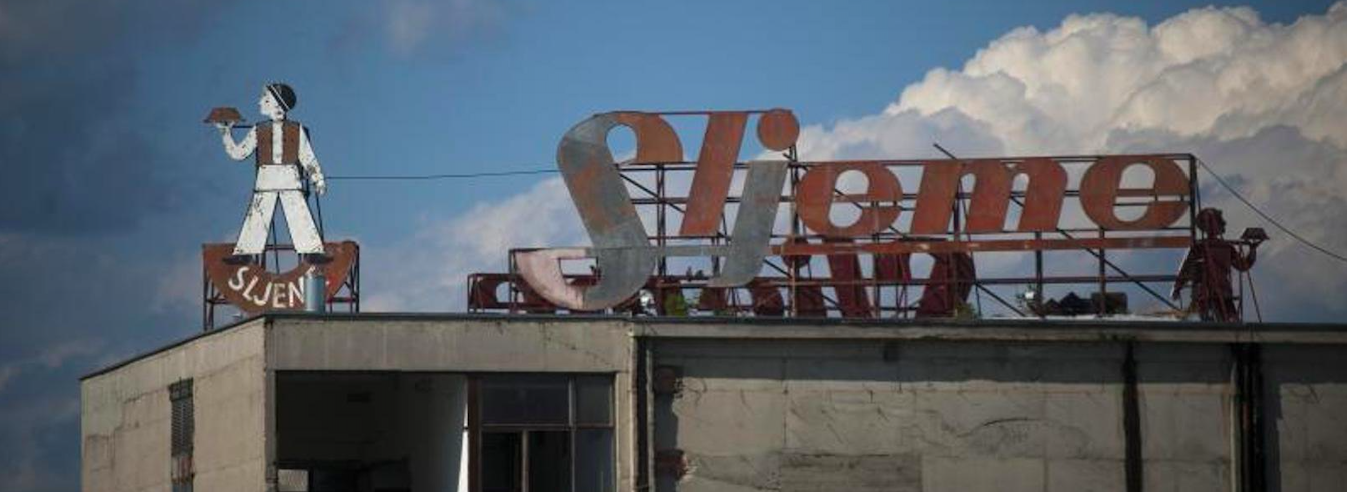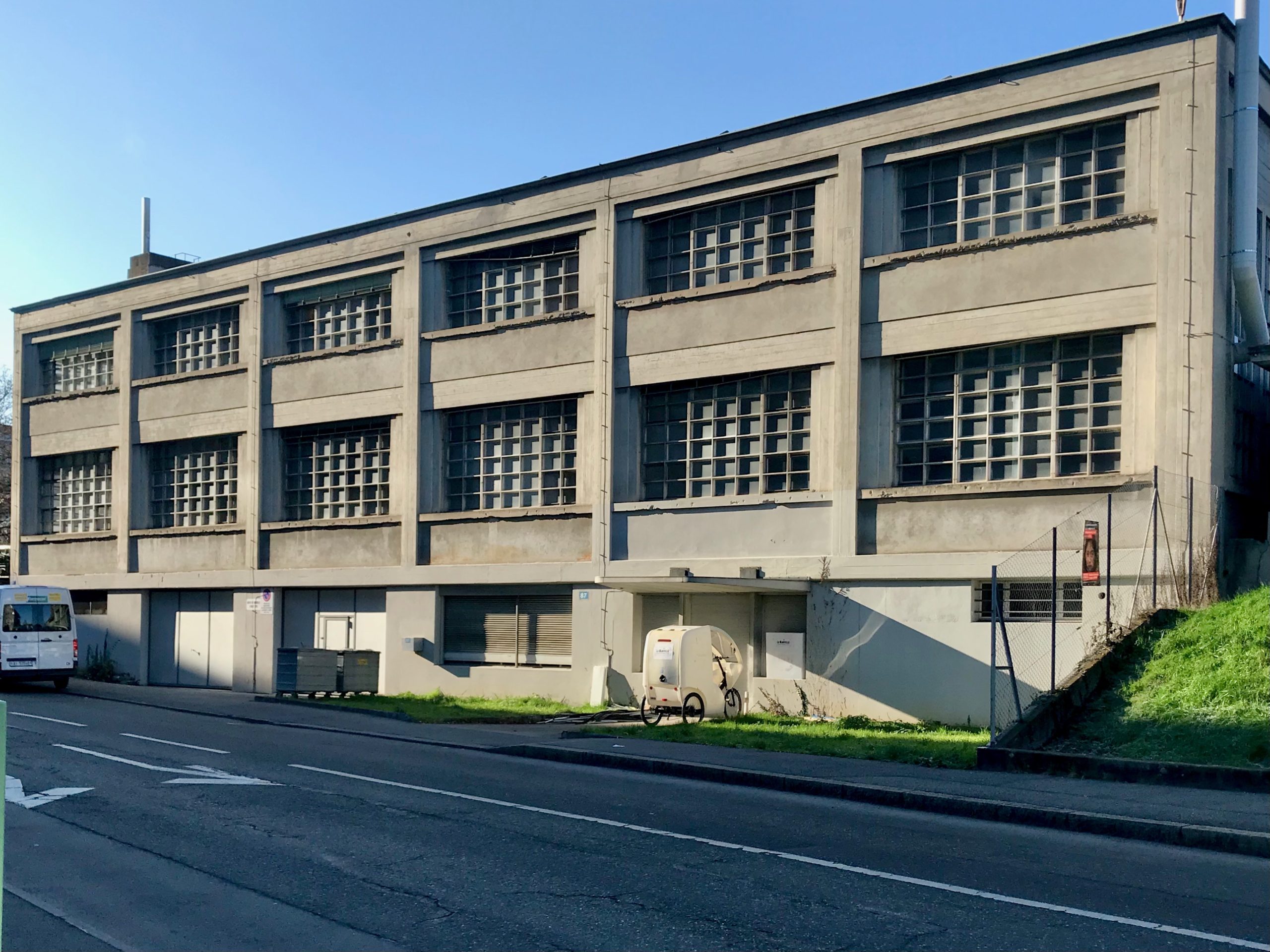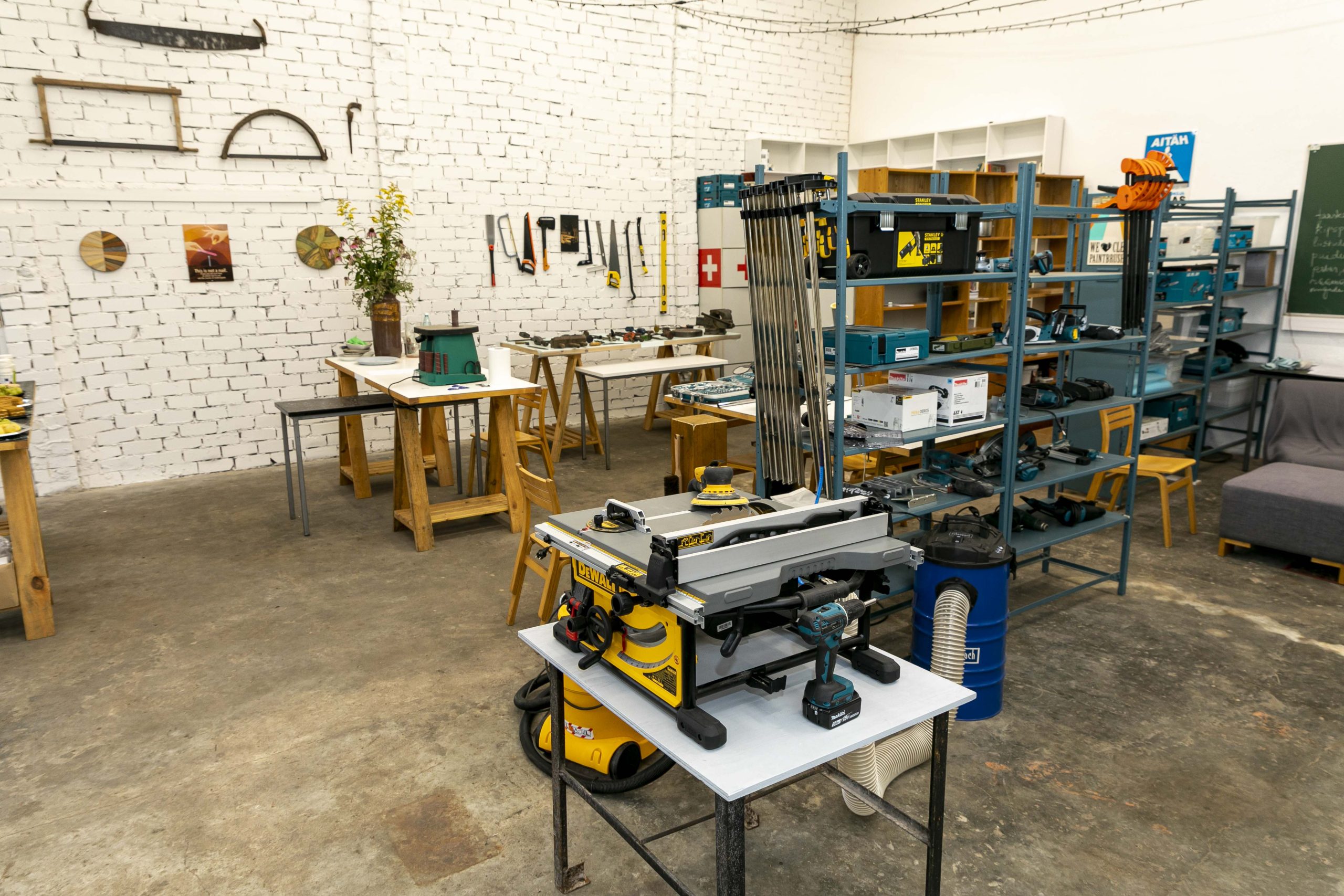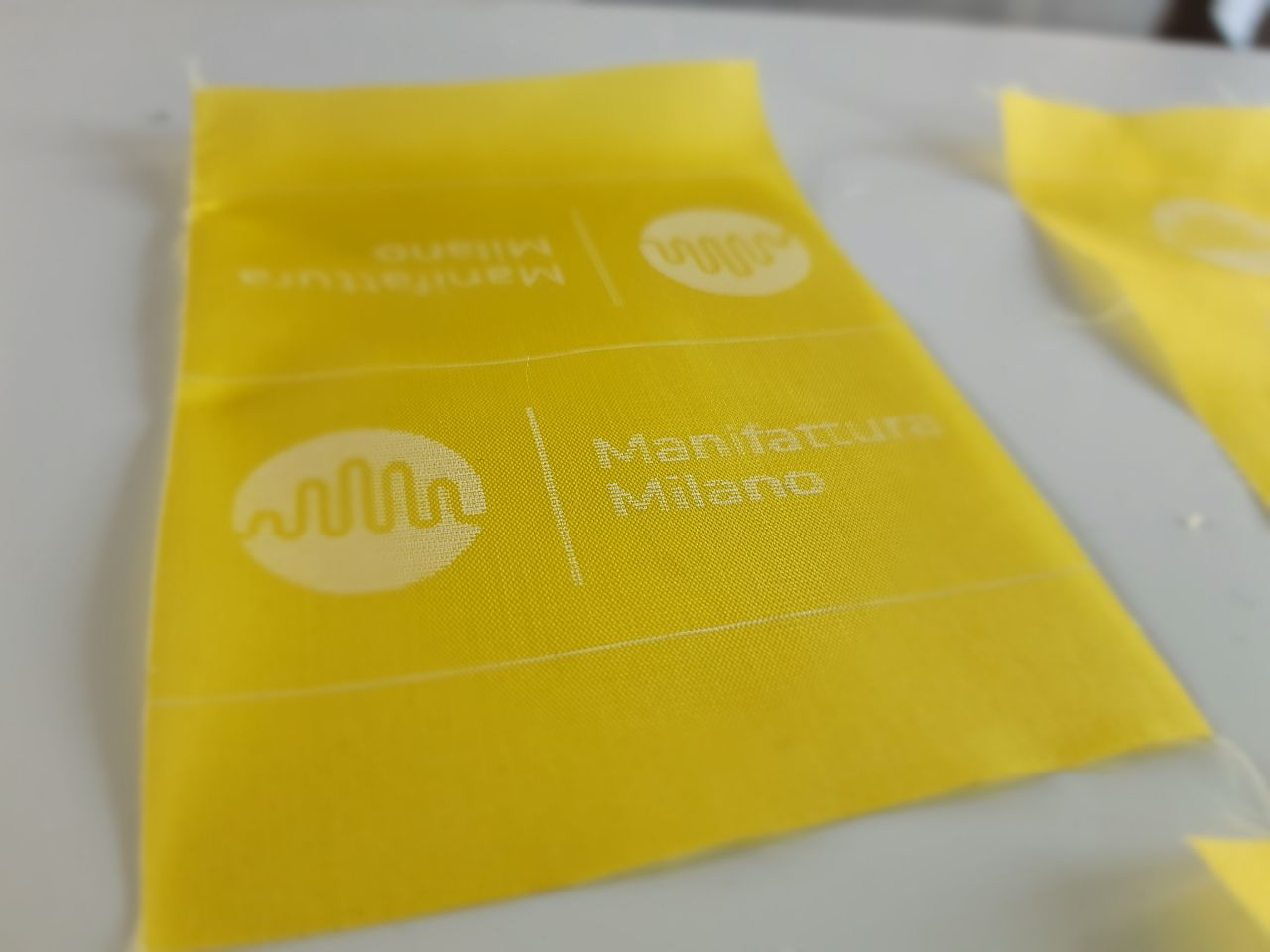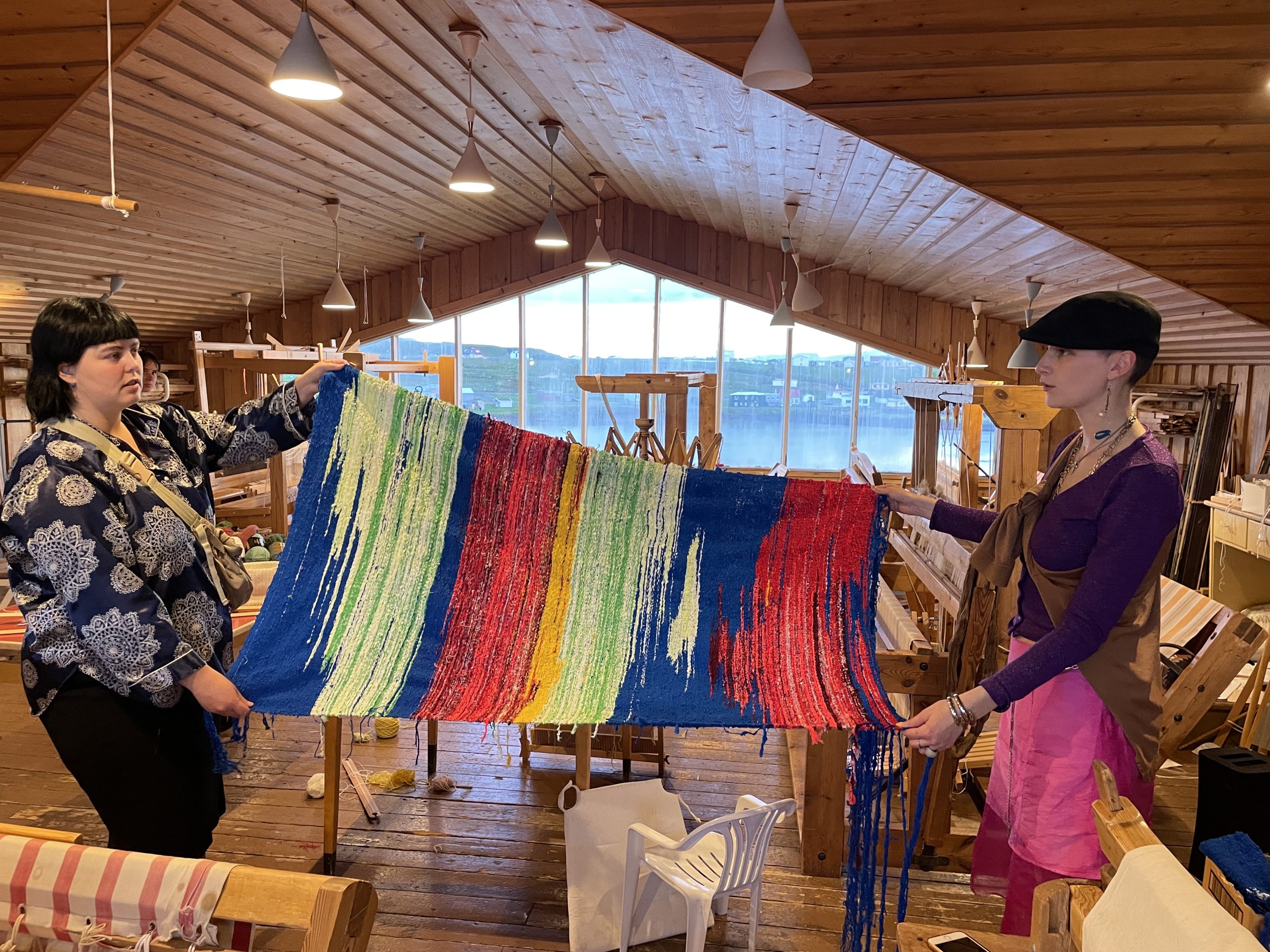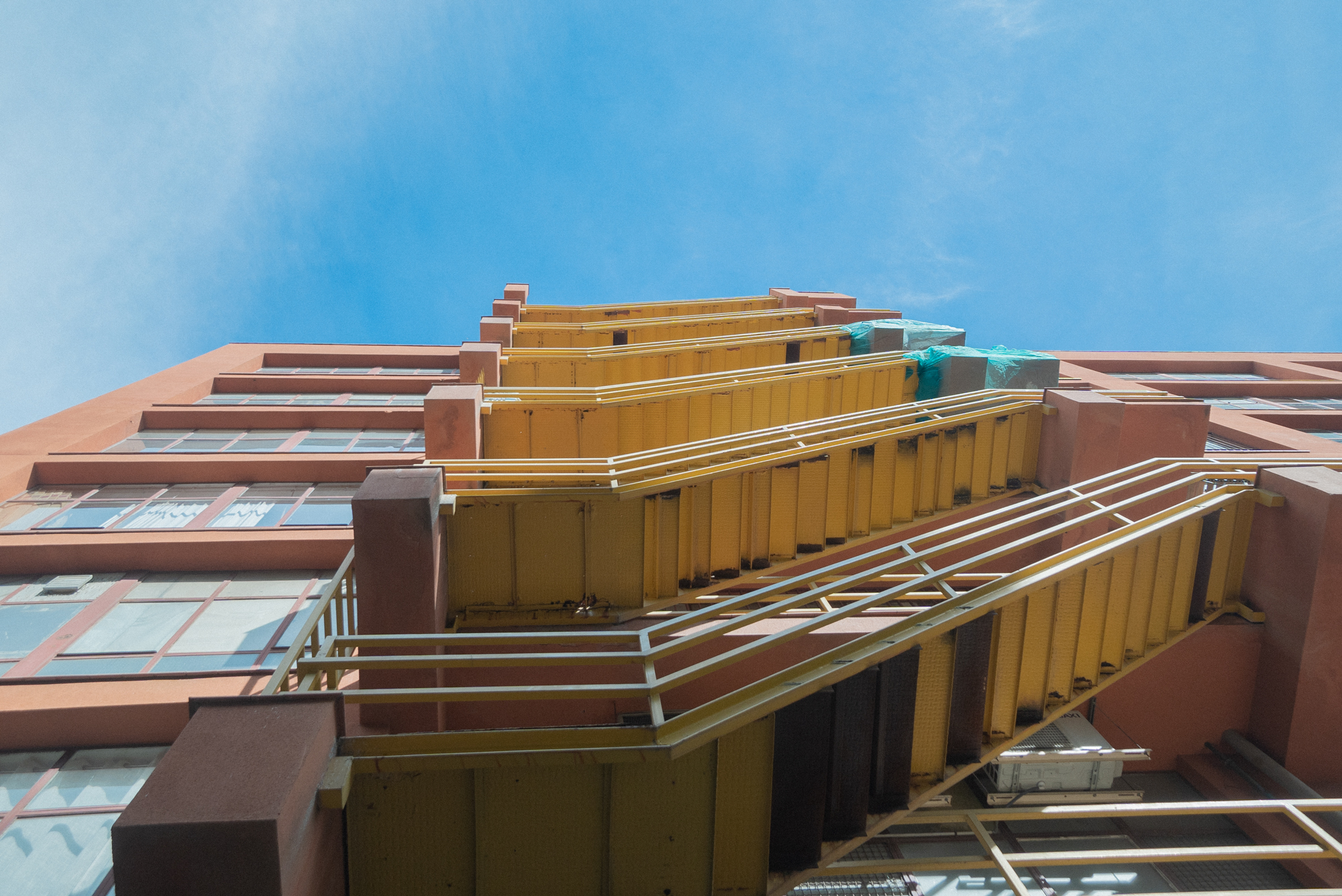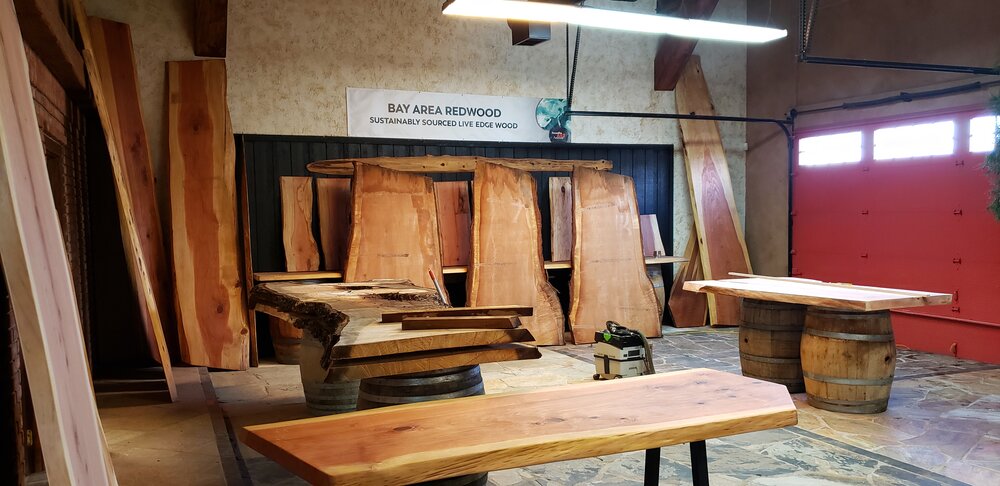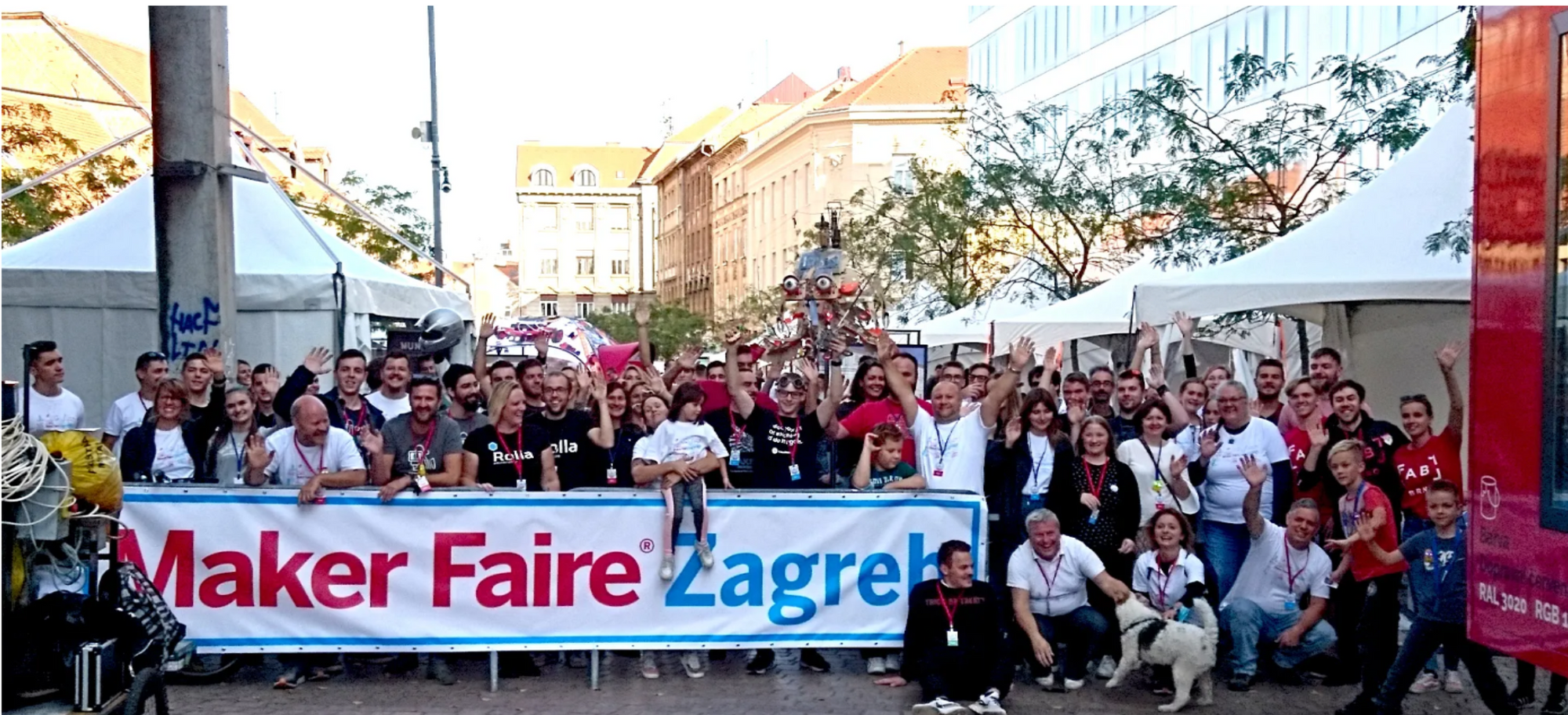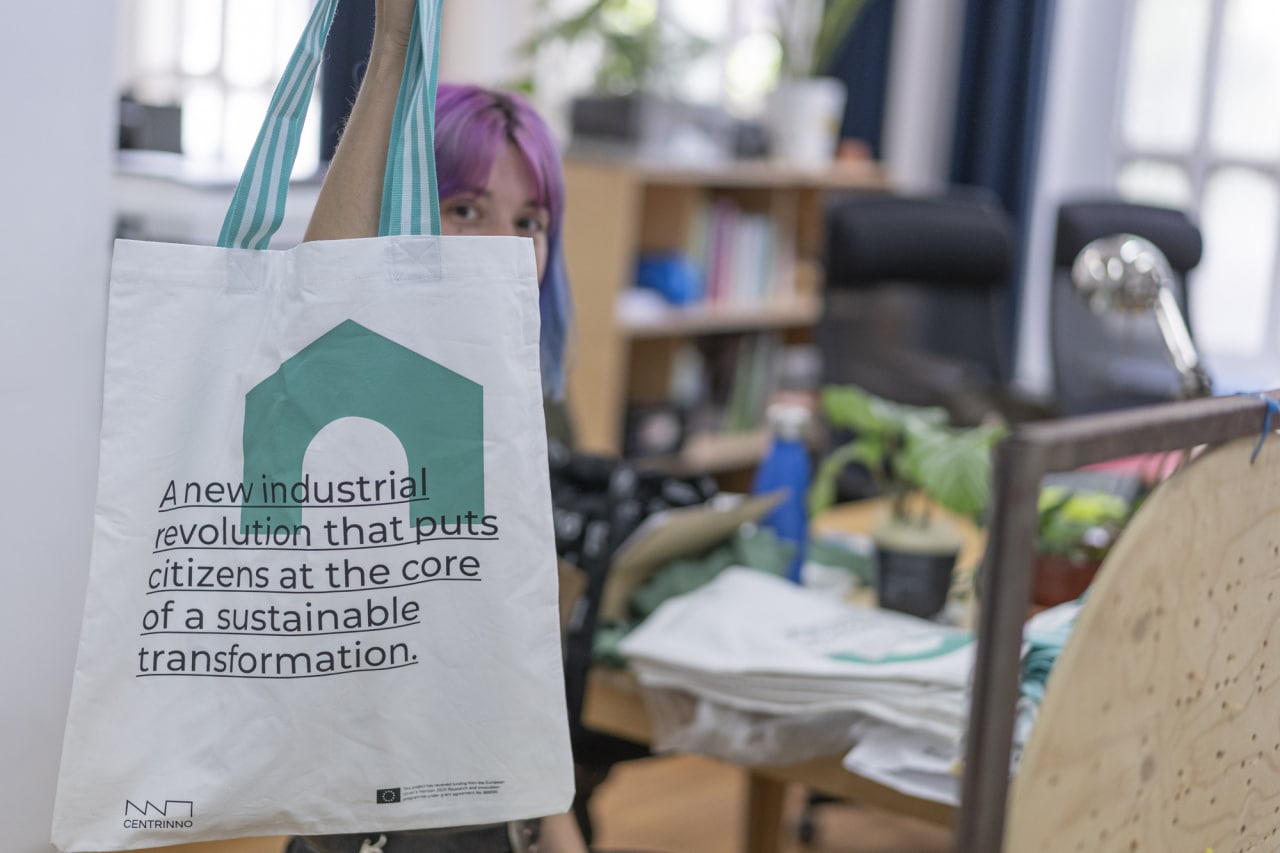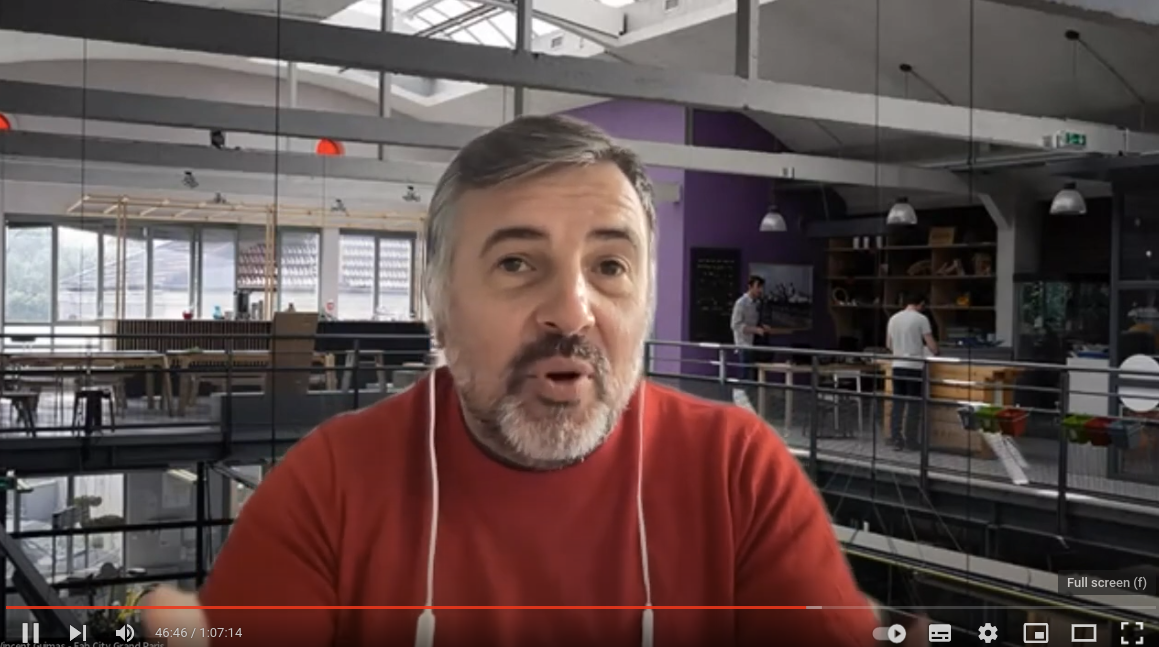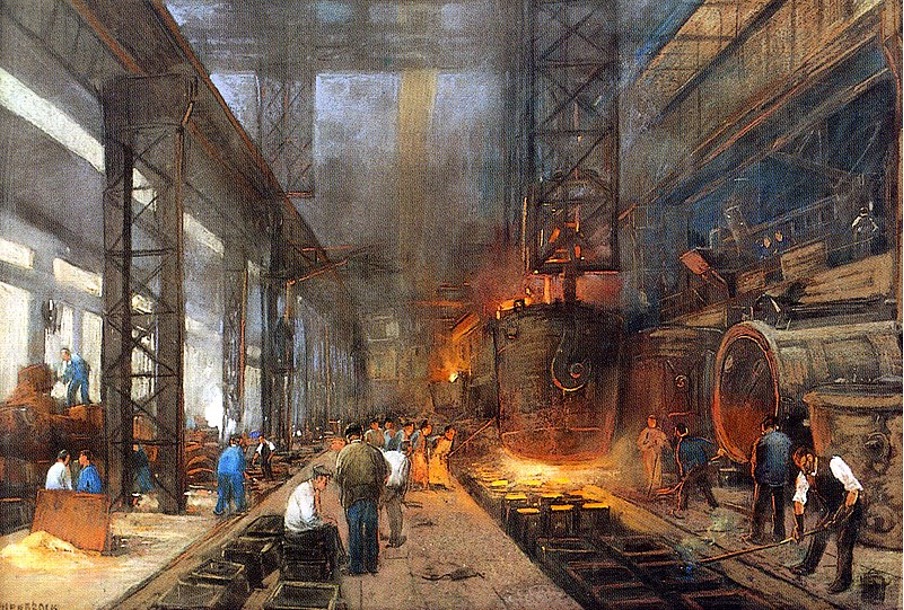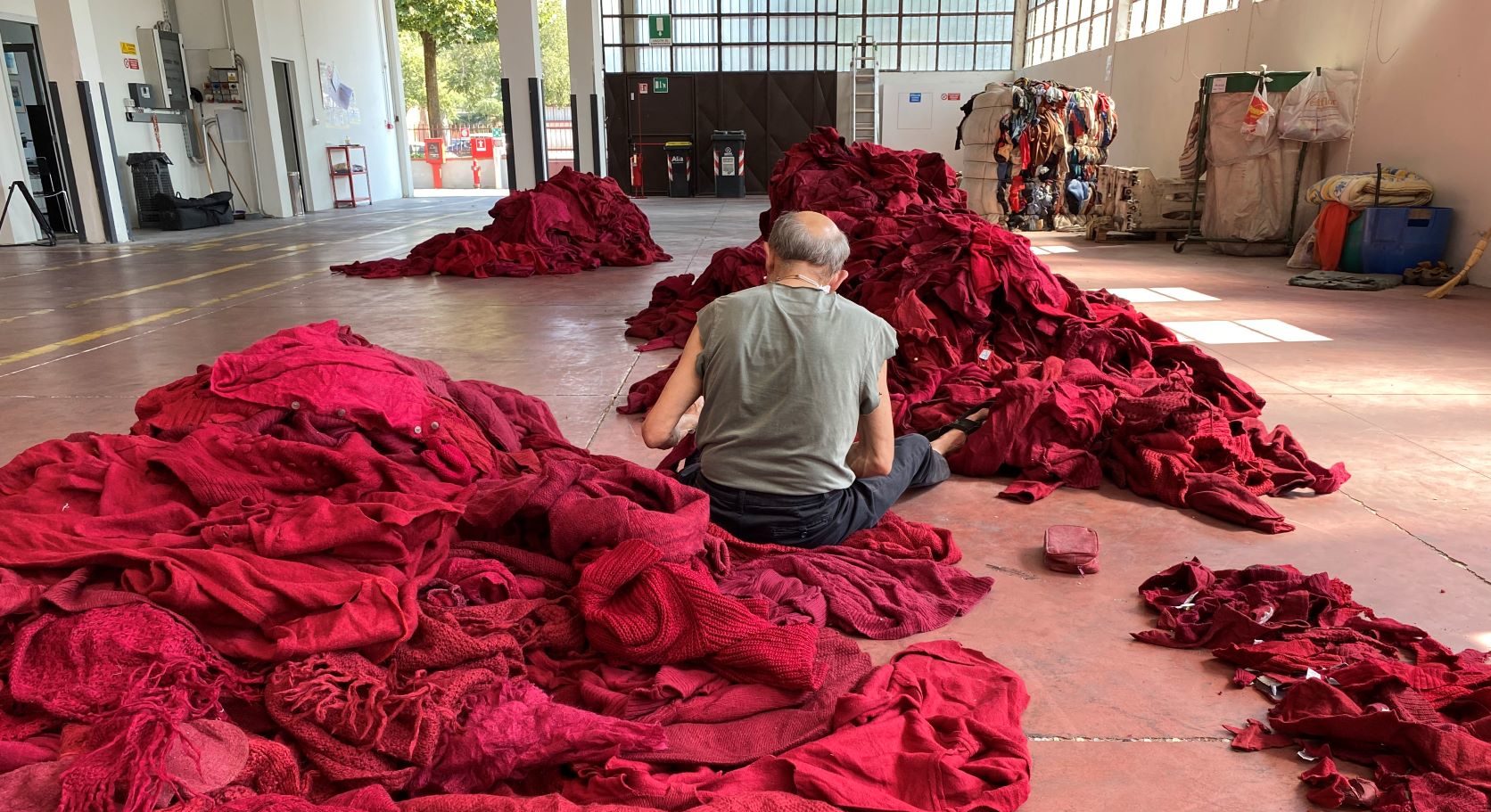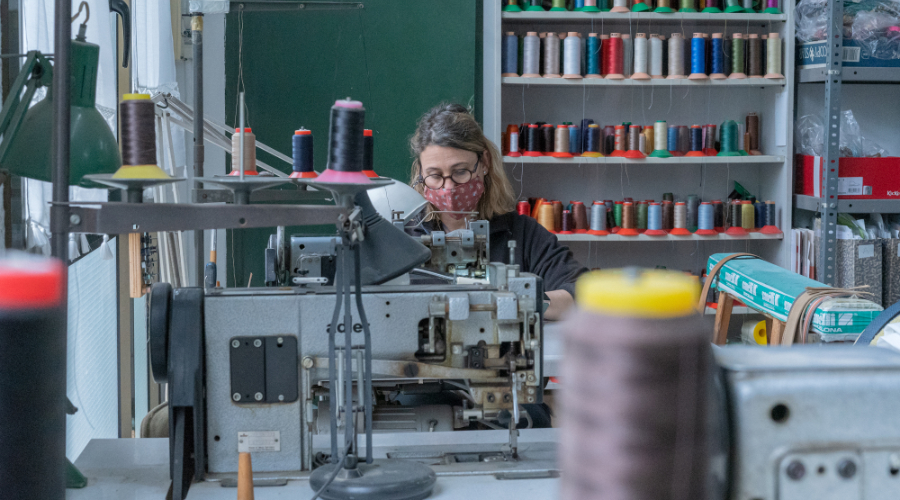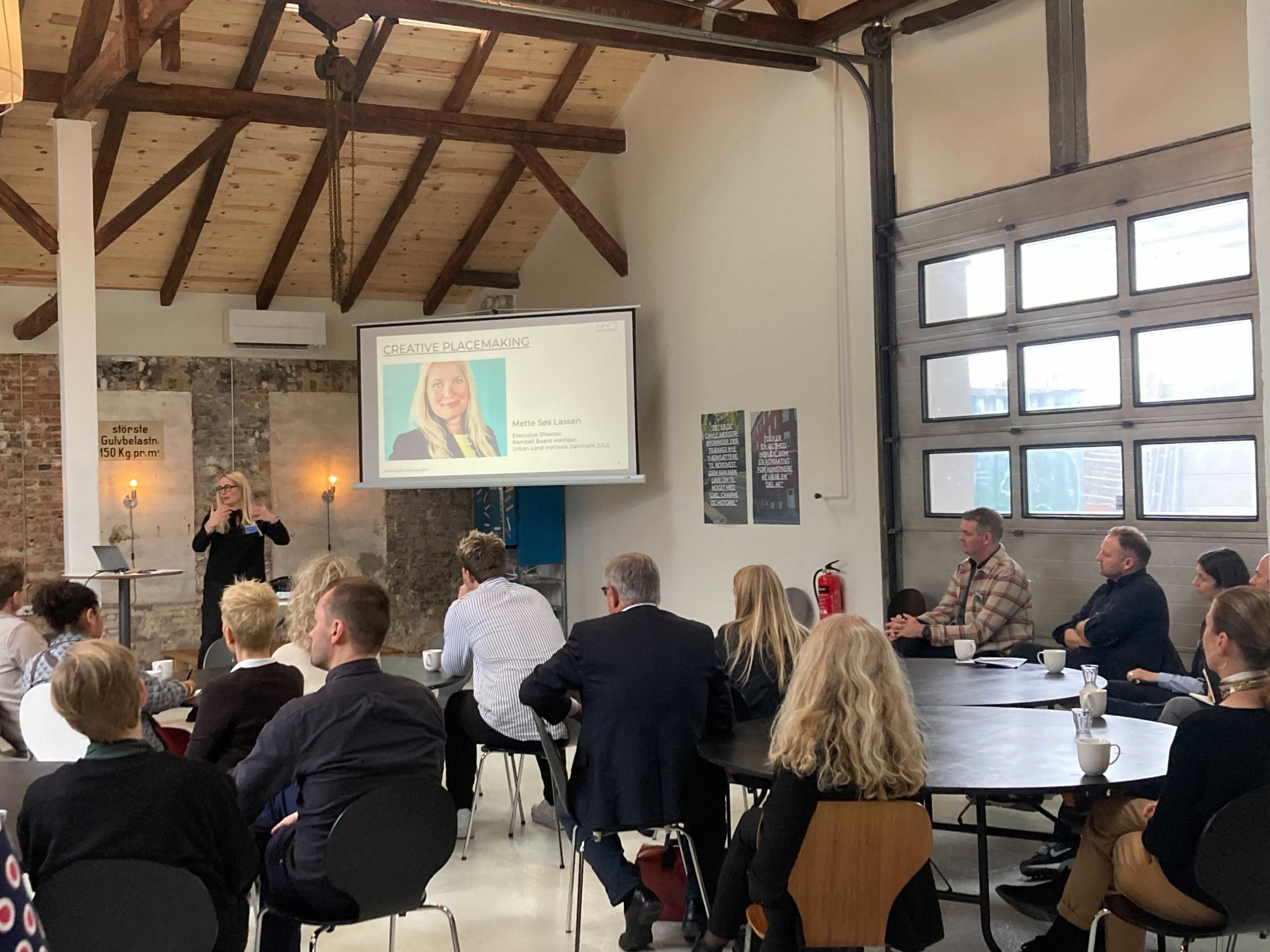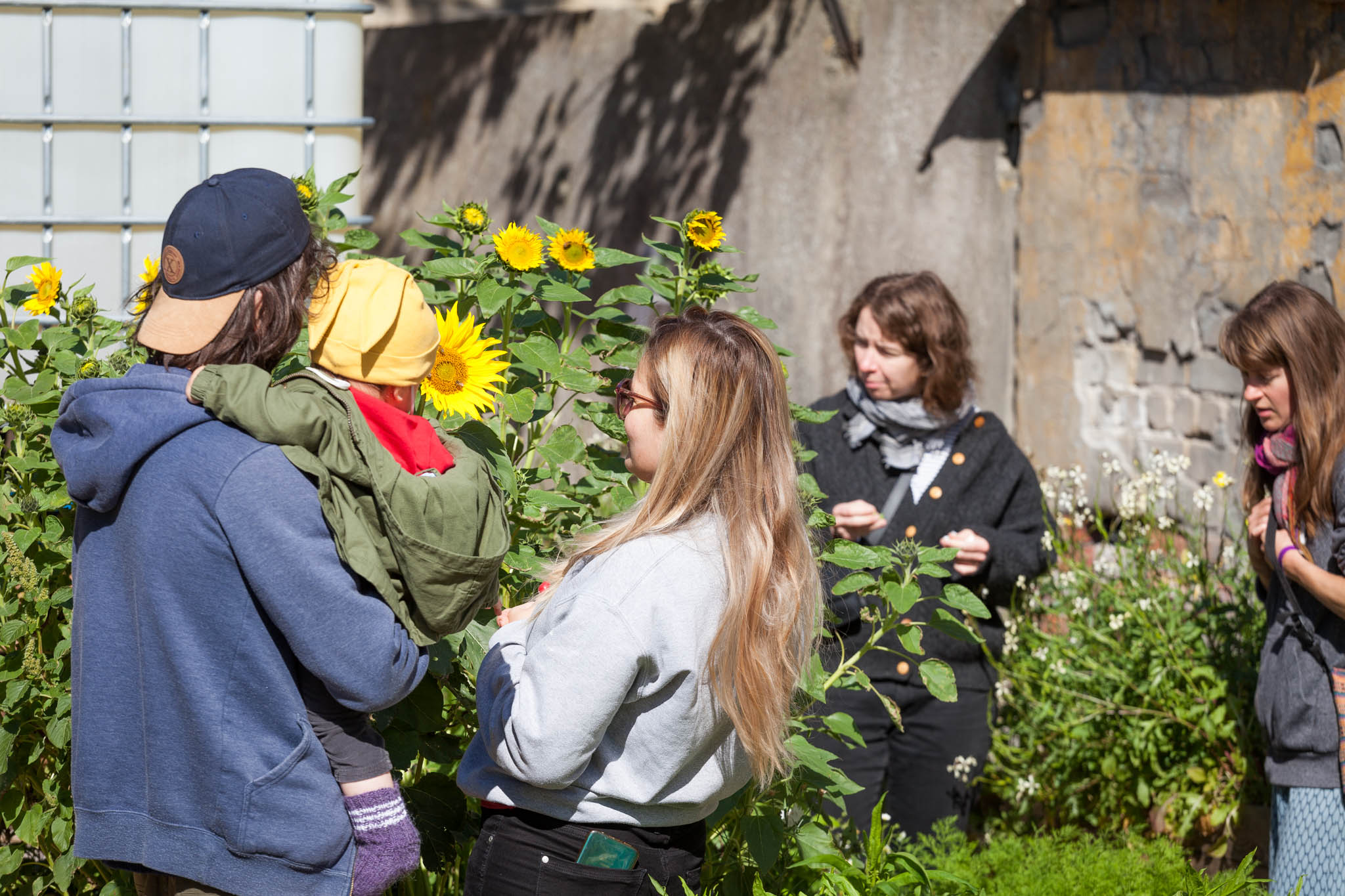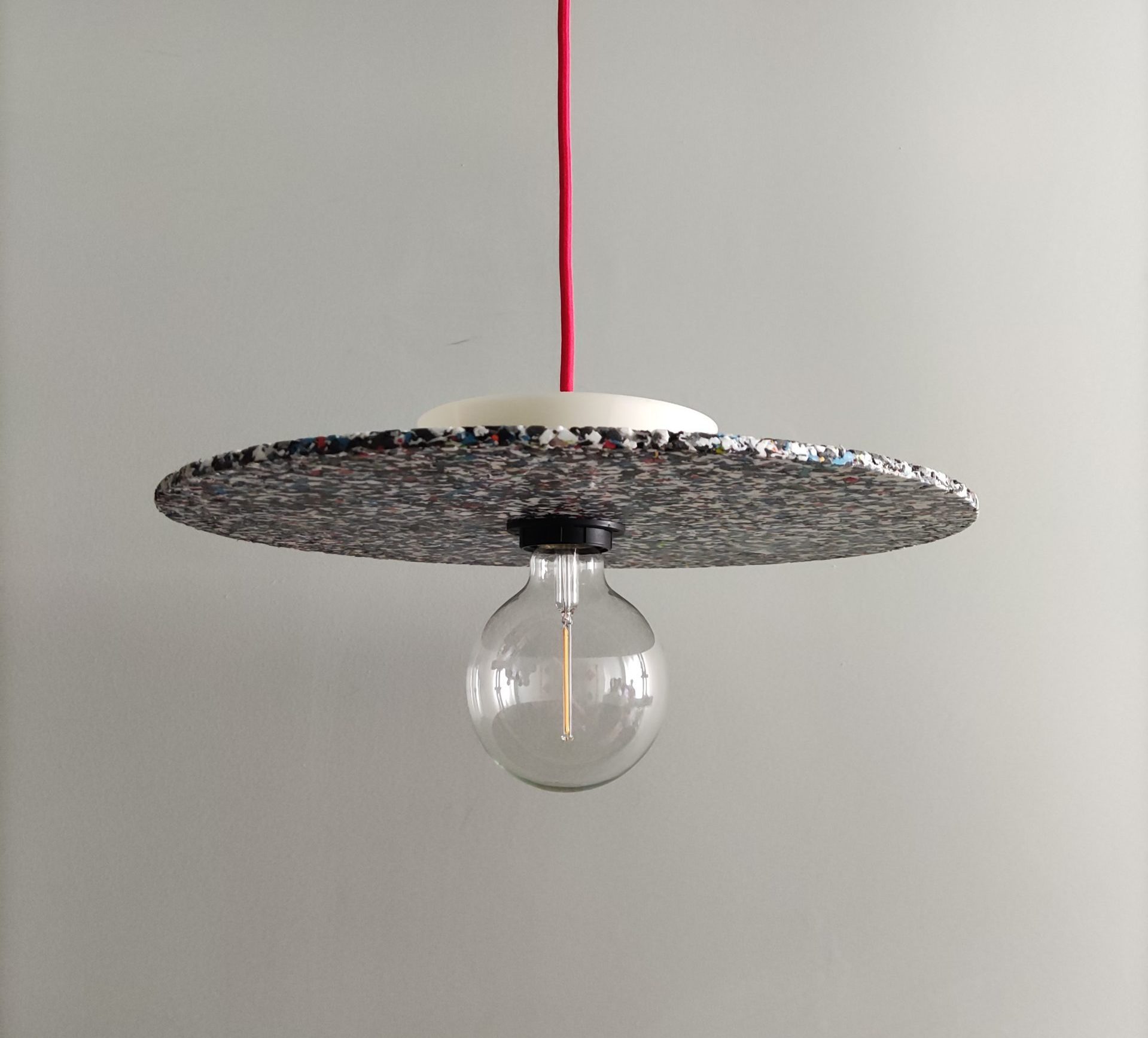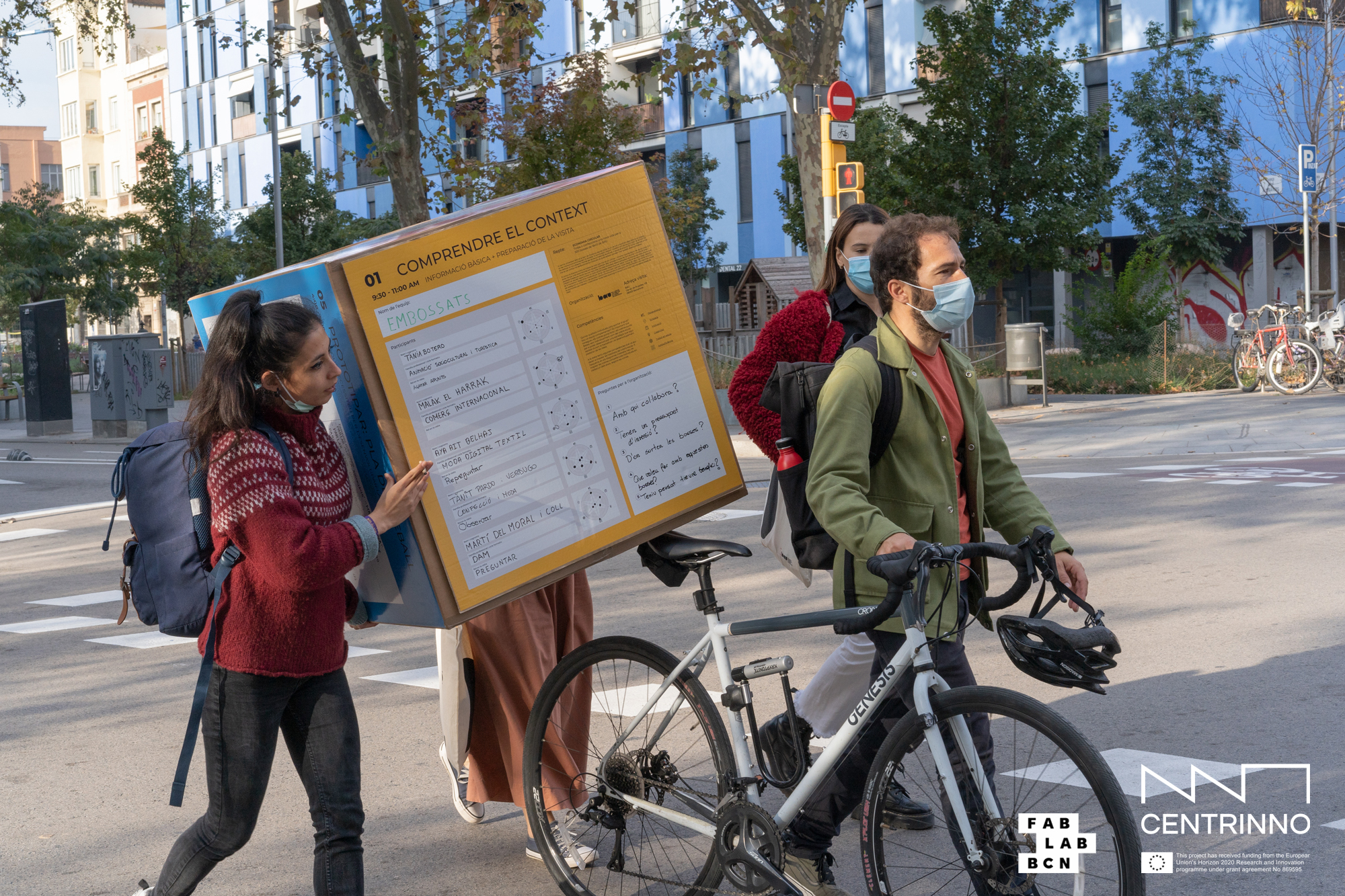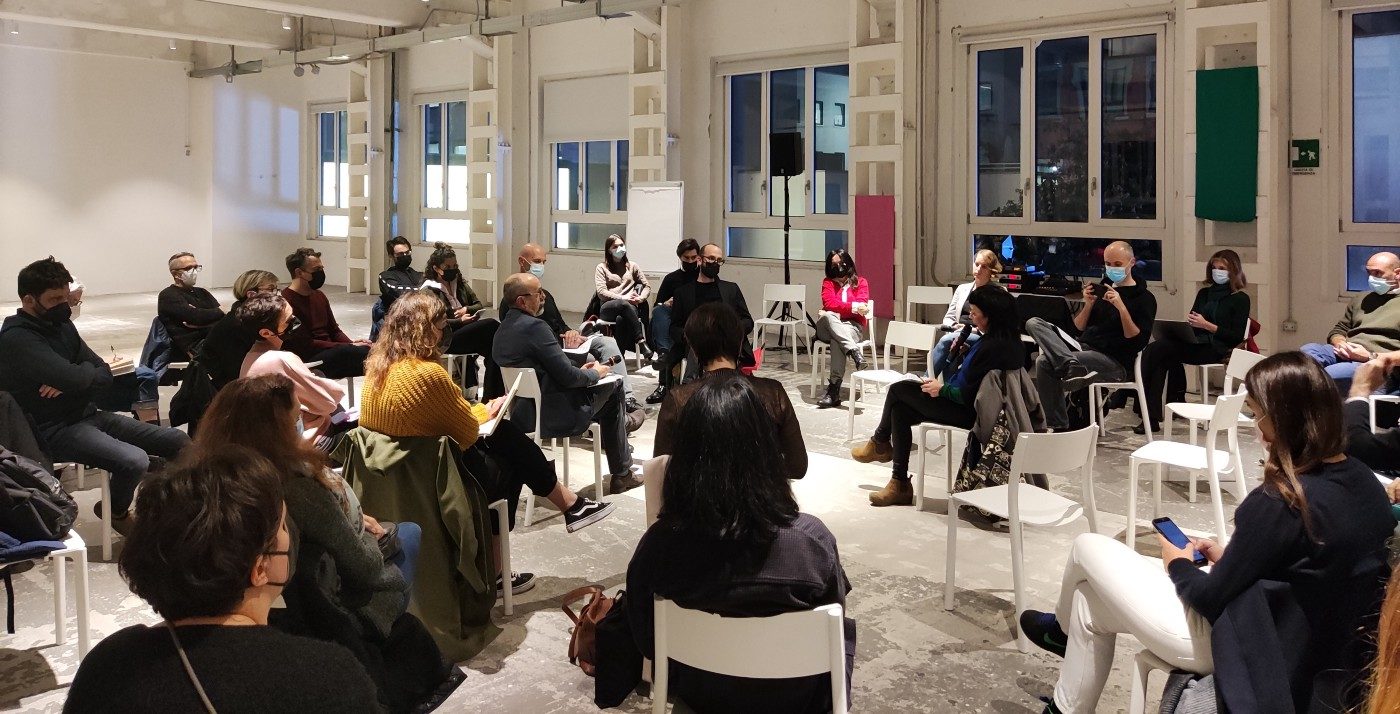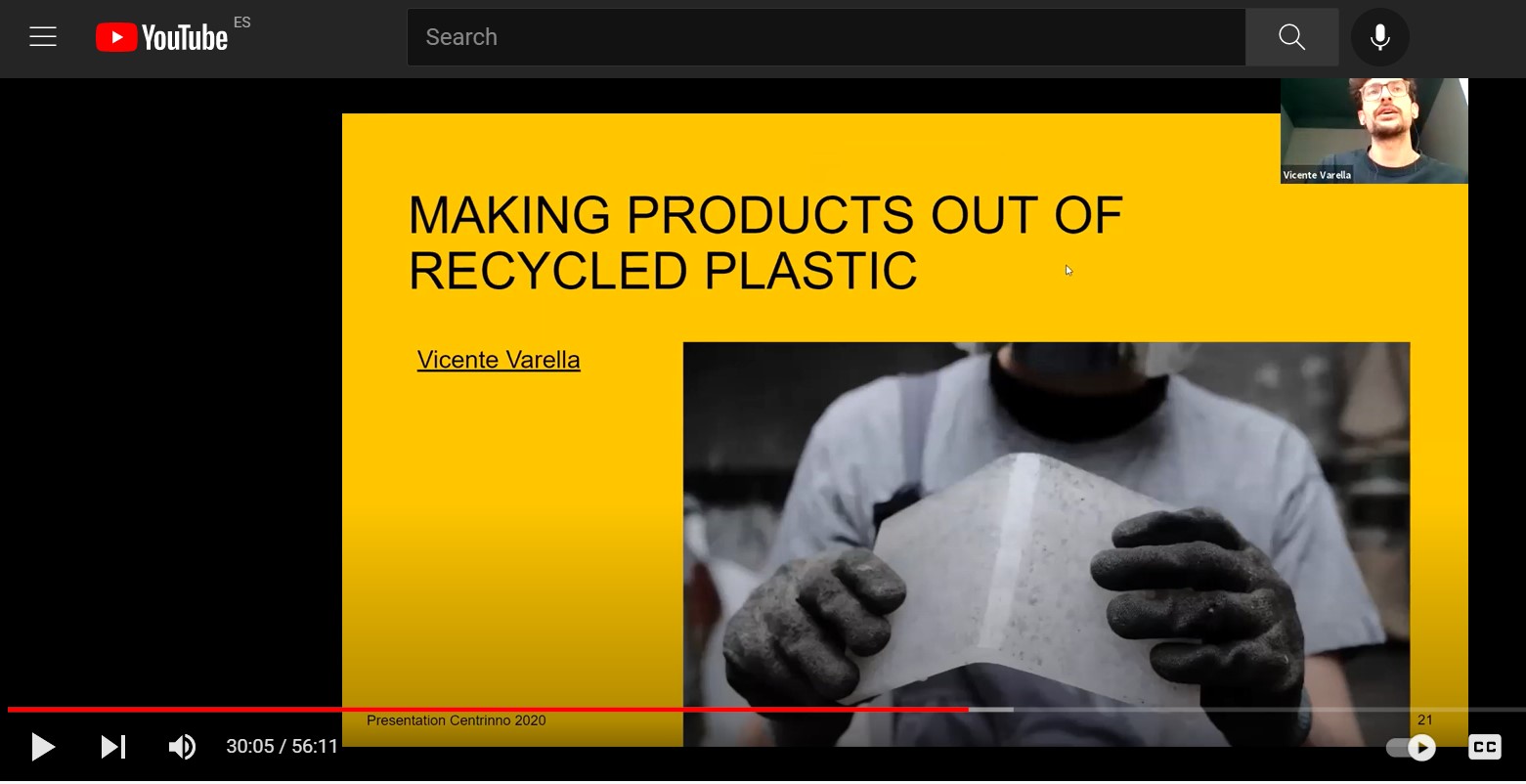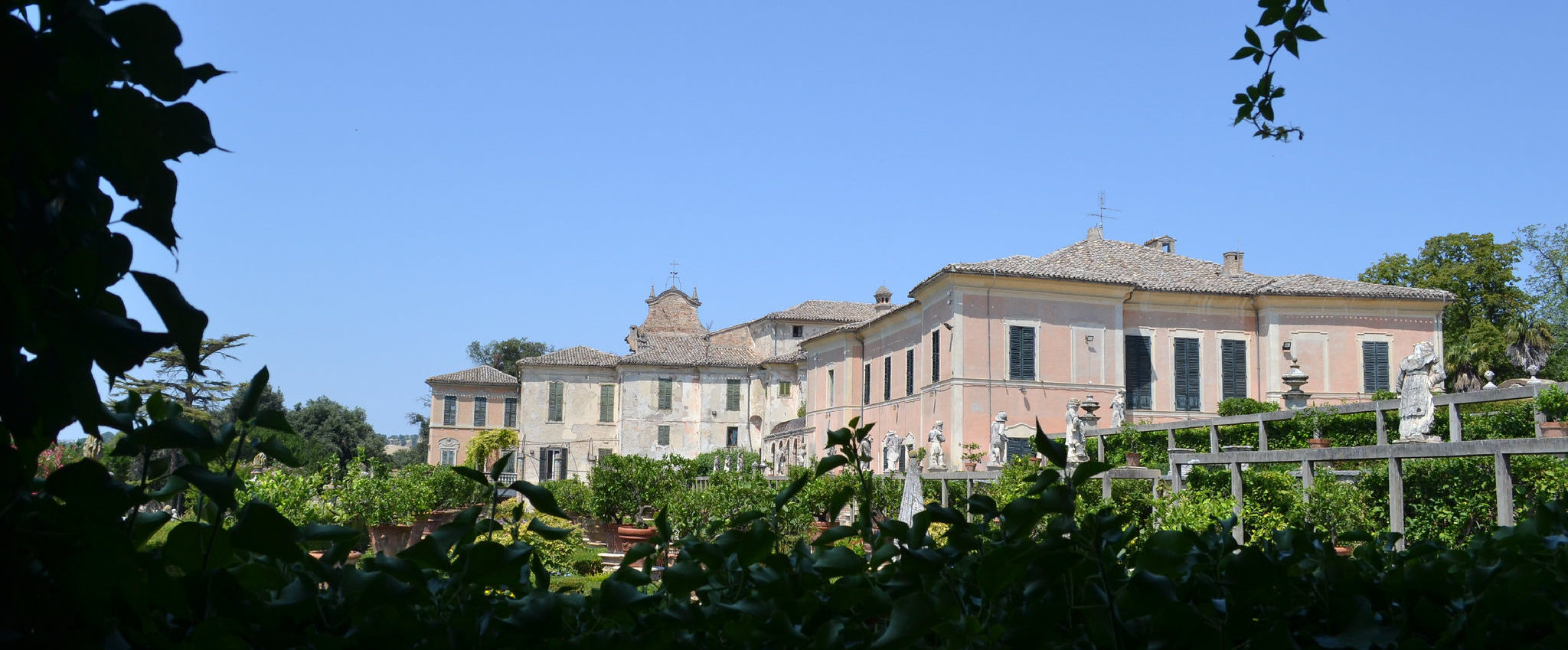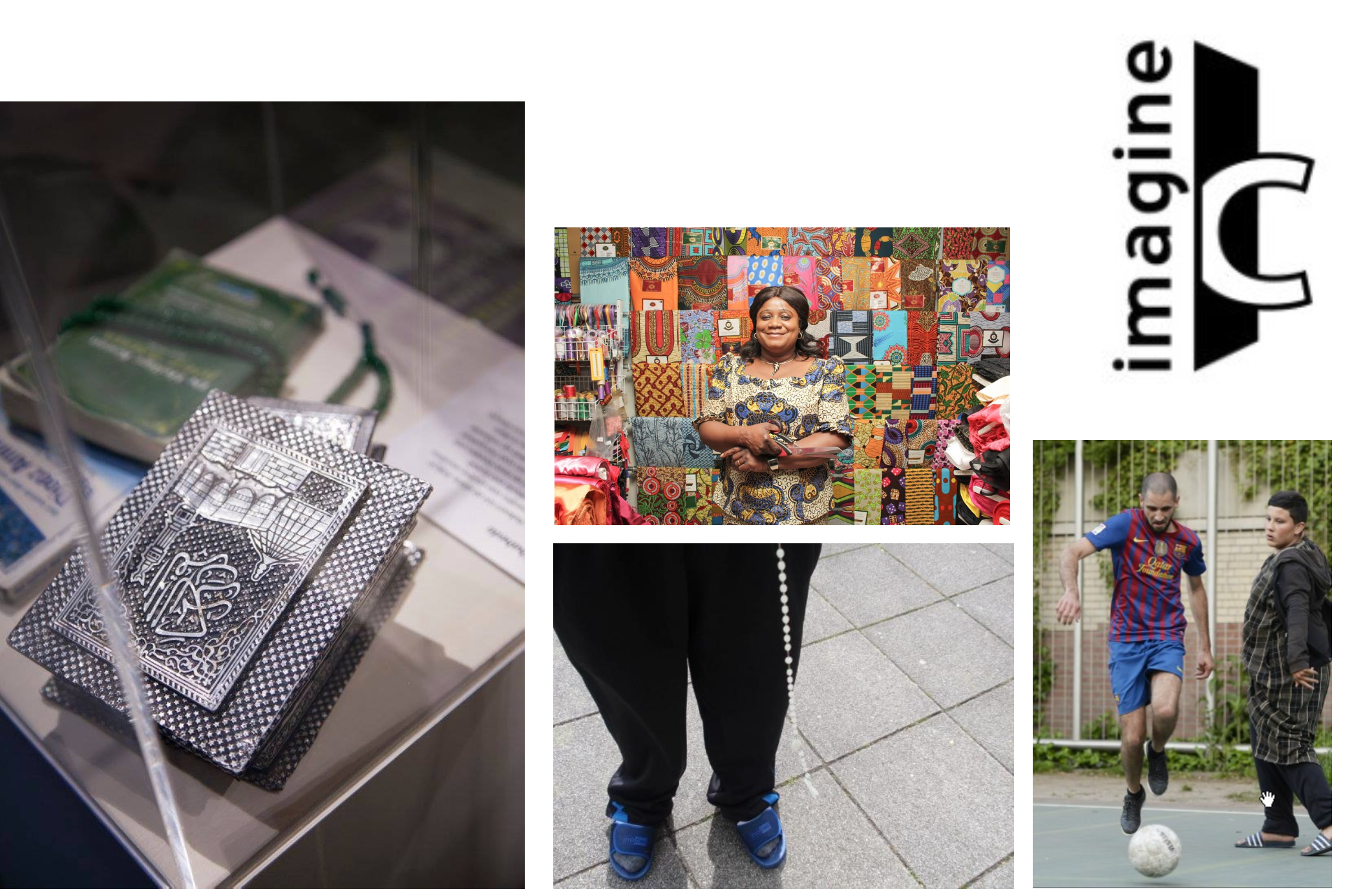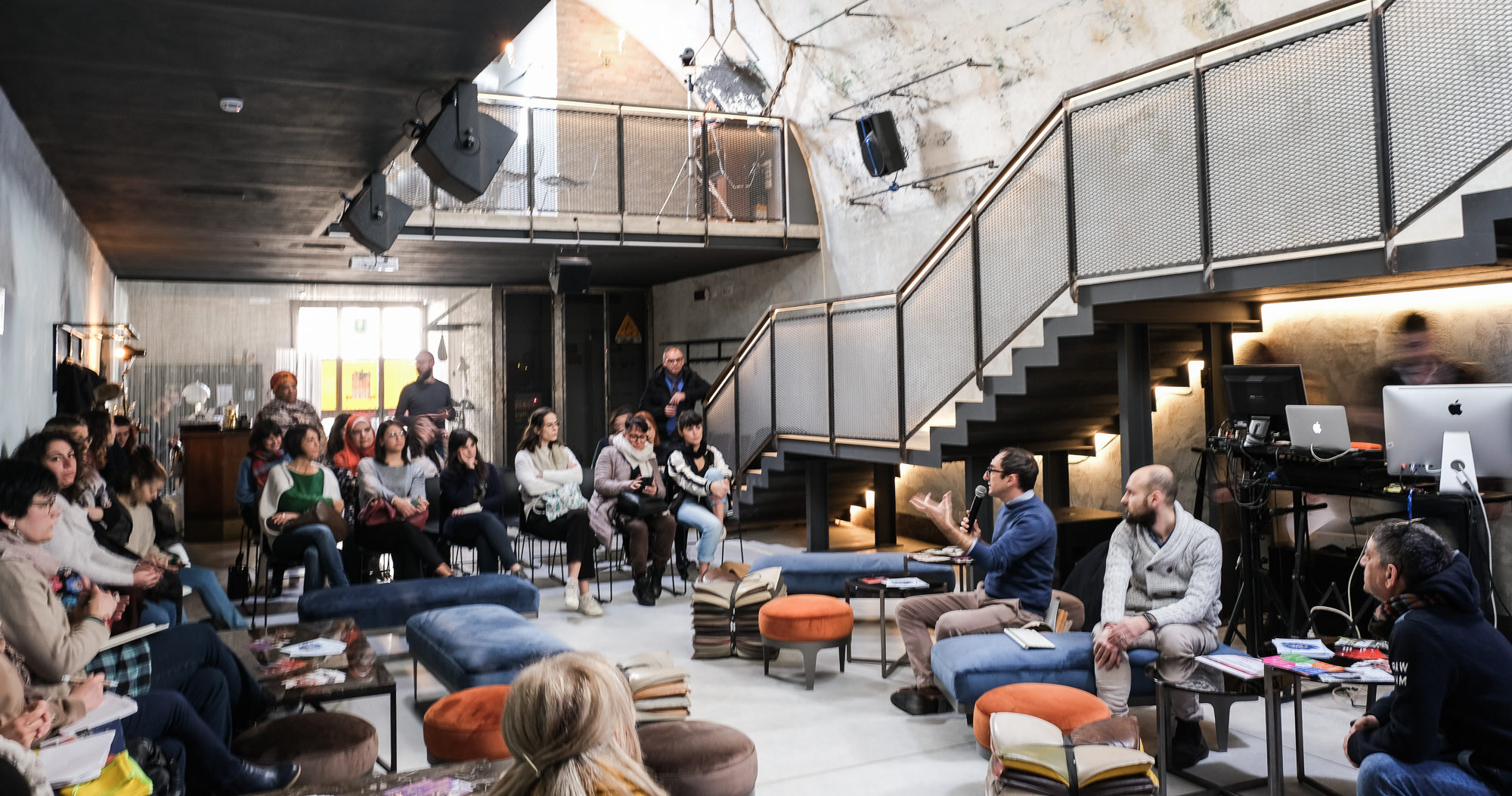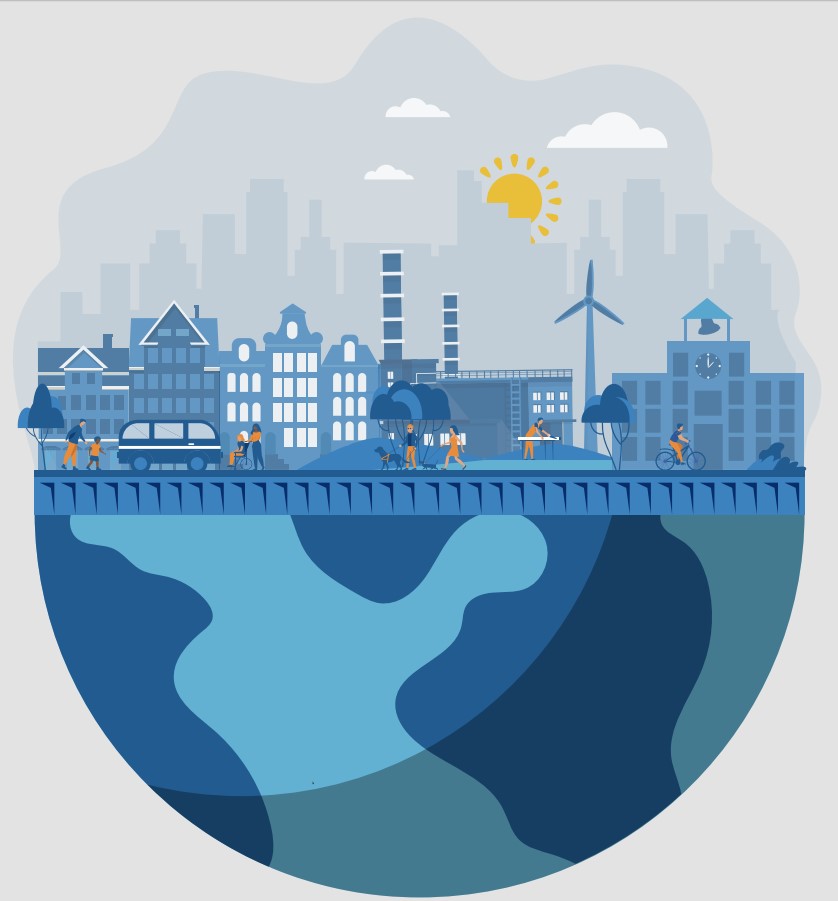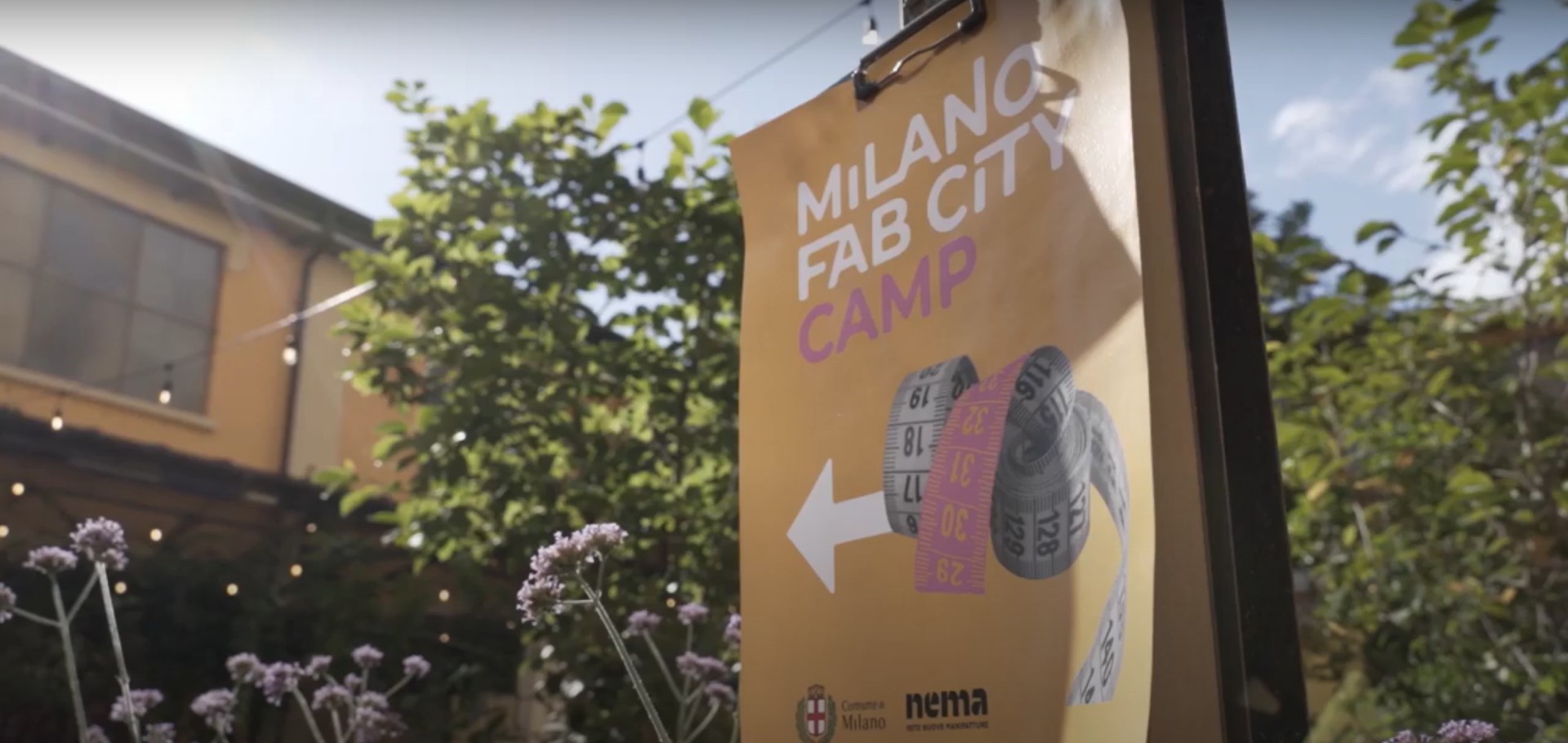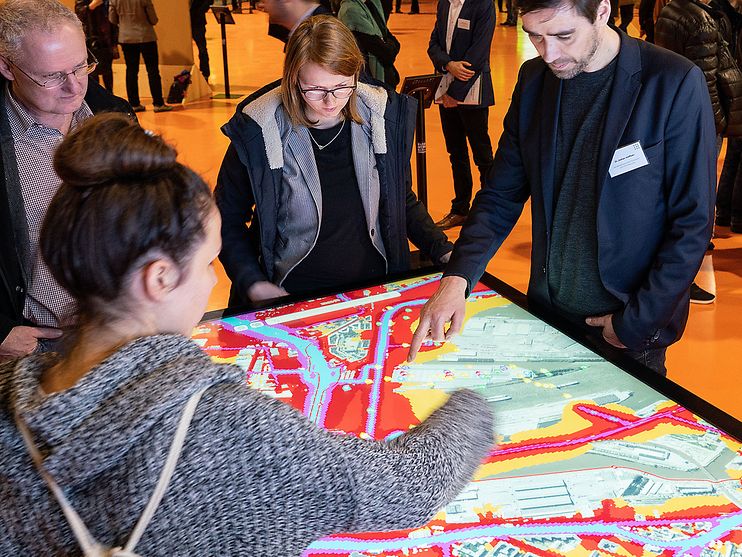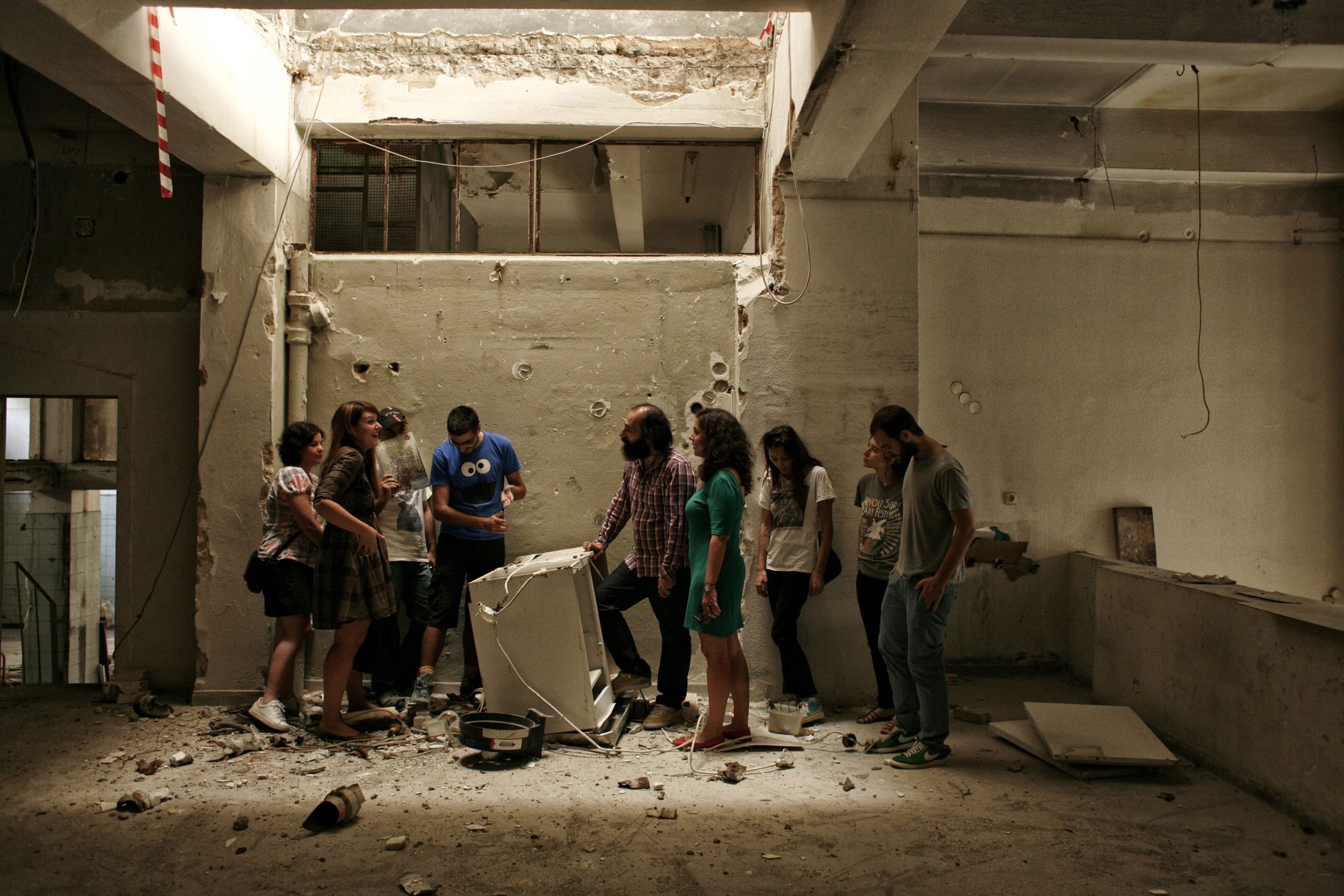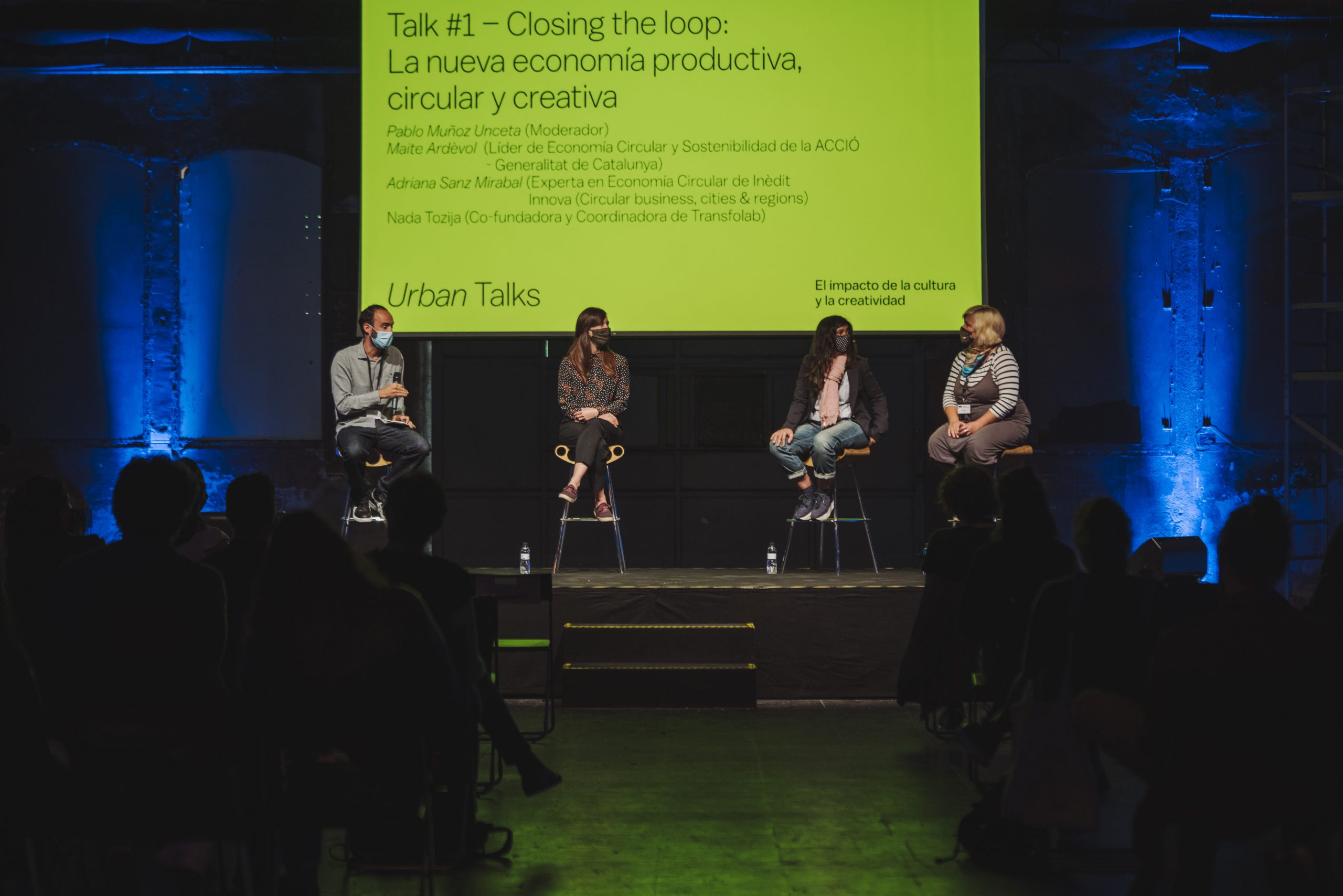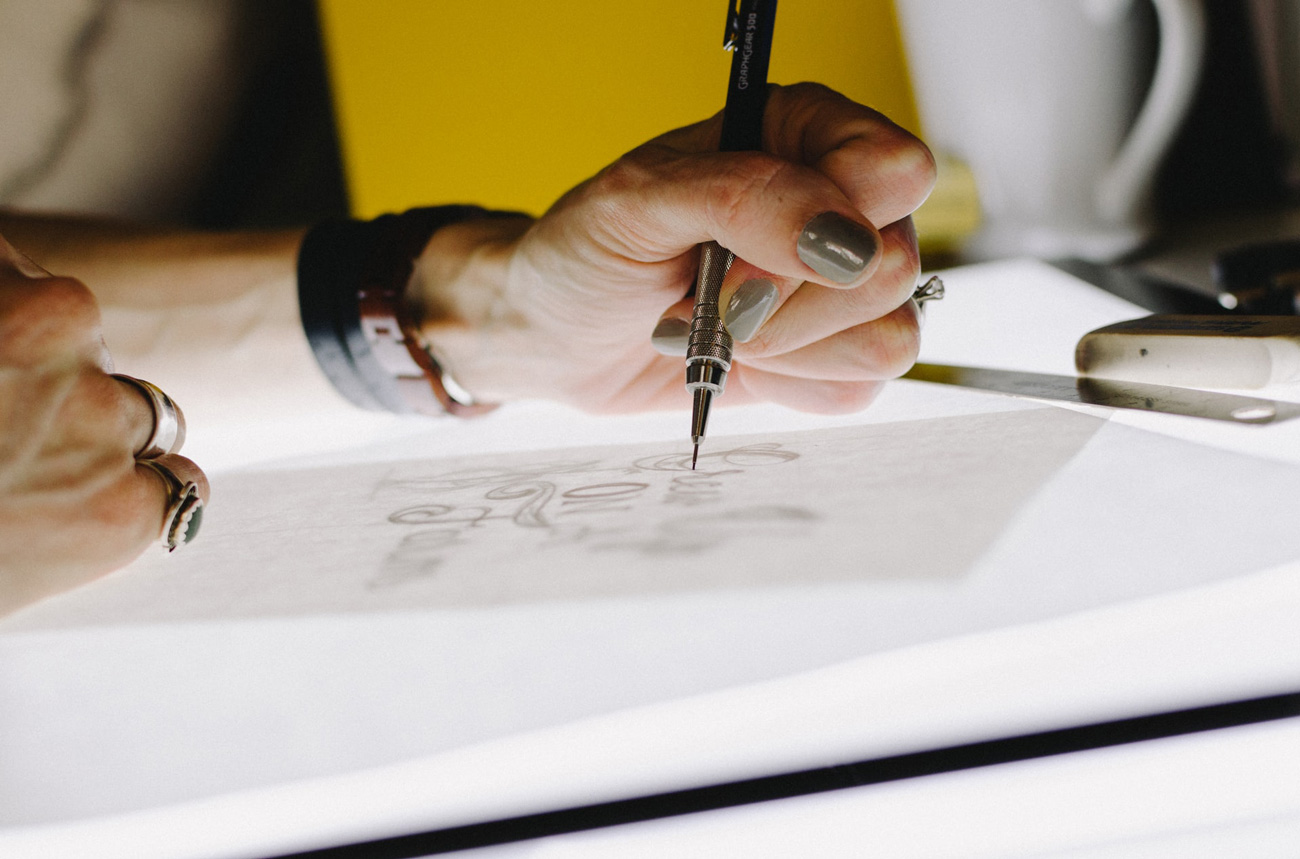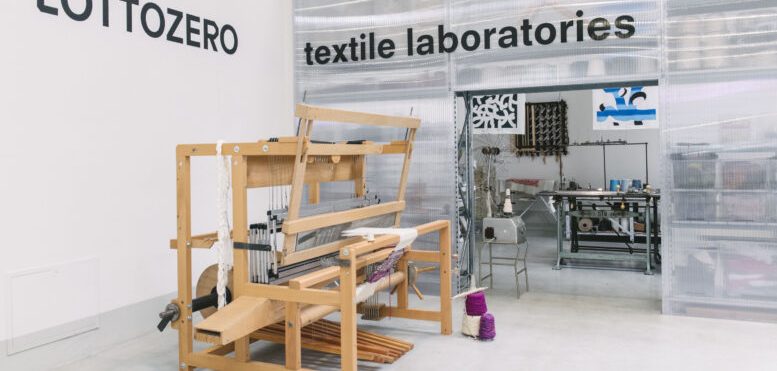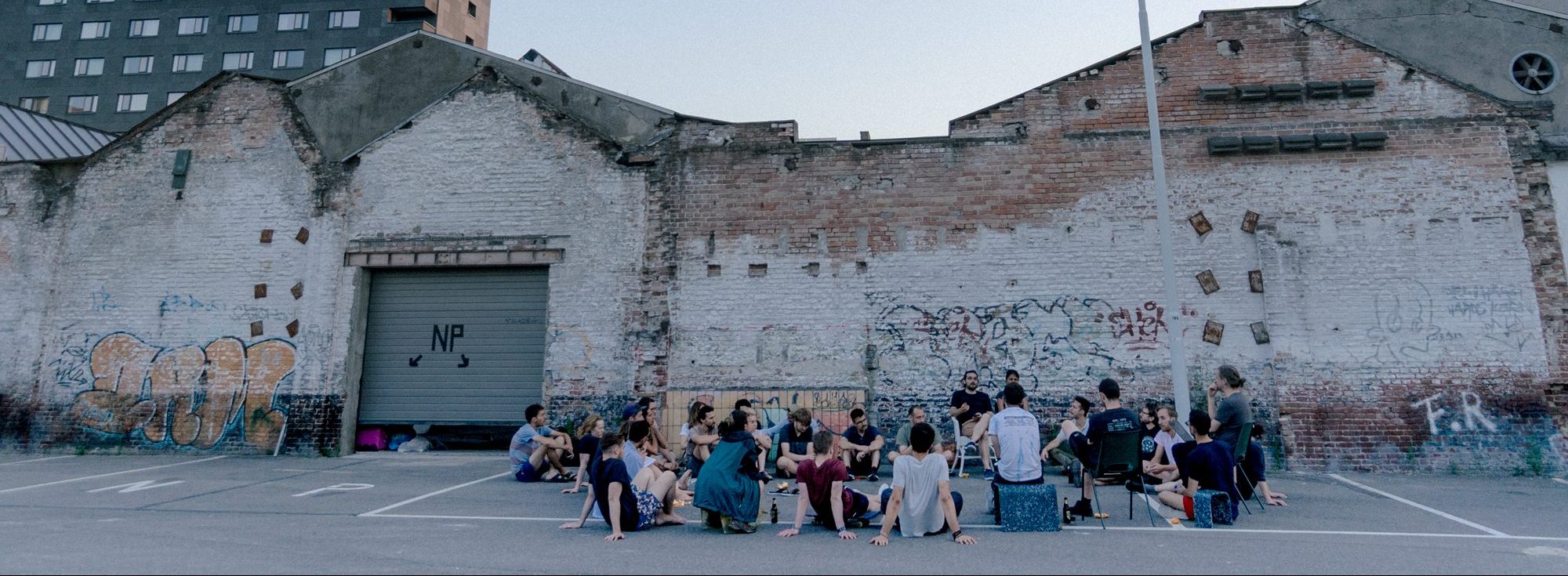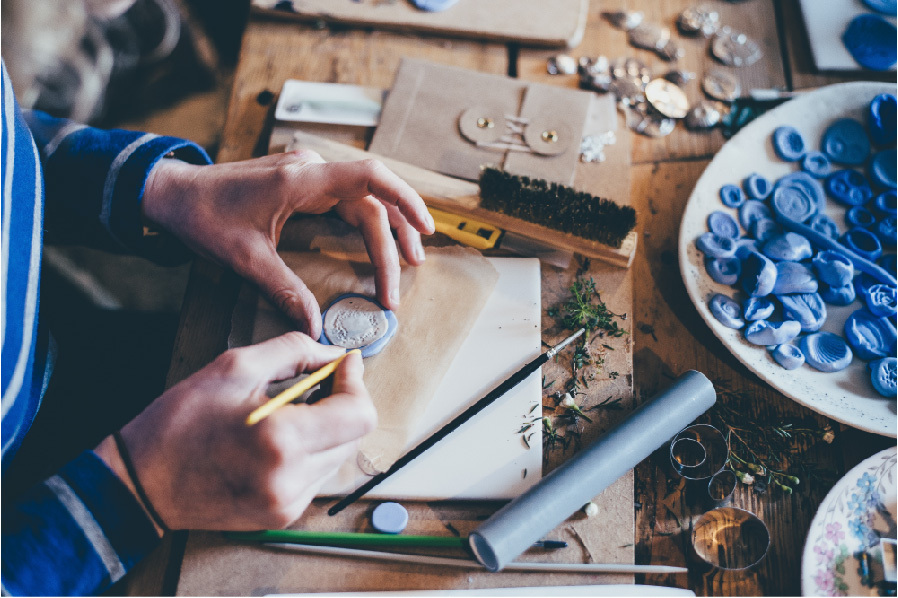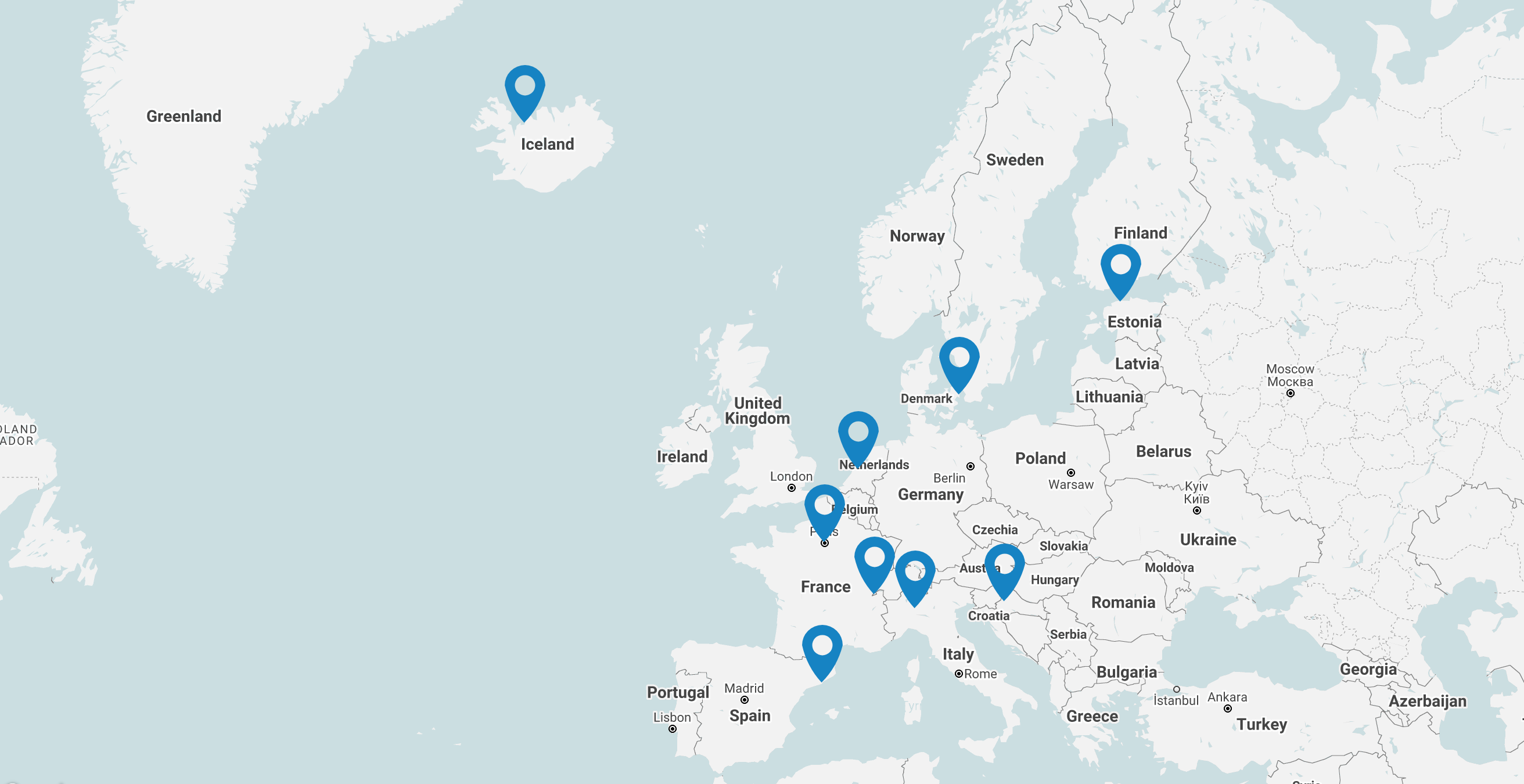BLOG
Tallinn pilot’s success at Kopli 93 is to continue
The City of Tallinn joined CENTRINNO to explore and test green, circular, and ethical practices in the local context, to network with international makers movement, and to spread and test the research done in Tallinn University of Technology and it’s Ragnar Nurkse Department of Innovation and Governance about commons-based peer production.
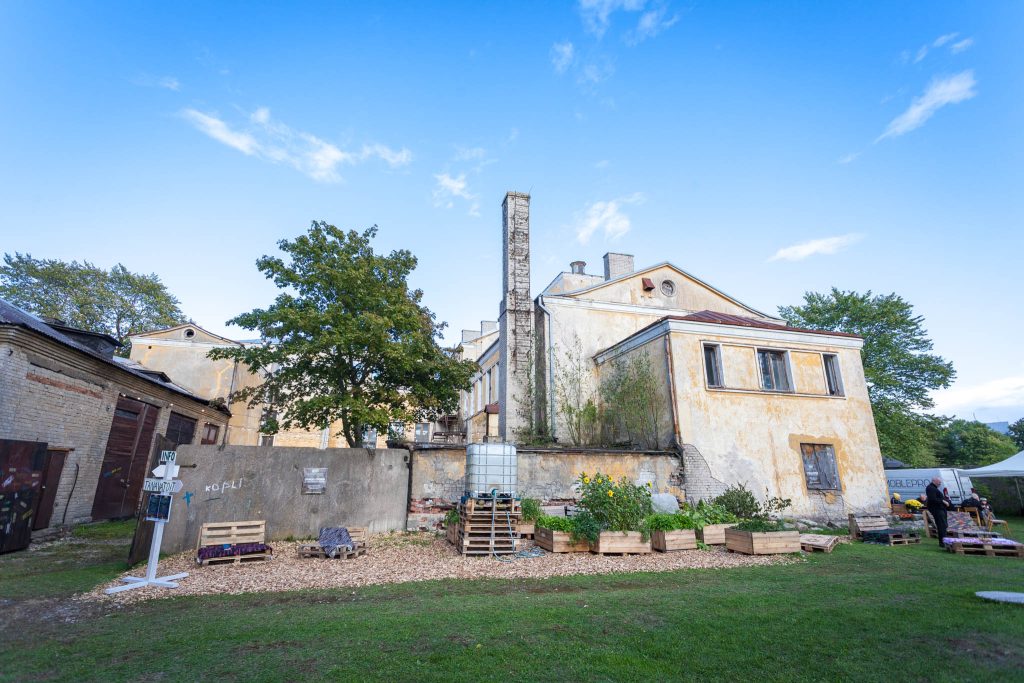
CENTRINNO started in the Tallinn pilot site – Kopli 93 – from acknowledging that we need true understanding of the climate crisis impacts in our society, and that change can only start from bringing people together. At the core of it was the idea of reviving and upgrading traditional skills and know-how of living more locally or what we call, grandma and grandpa skills.
Our mission was to bring people together via hands-on activities, growing food, craft, building and repairing by applying both traditional ways and innovative techniques such as permaculture, commons-based peer production, and self-organization in order to make Northern Tallinn communities more resilient for the future. For that purpose we started to build Kopli 93 community center with a makerspace, community garden and Tallinn’s first learning apiary.
Creating momentum and a movement
From the beginning of the project, the goal was to find something meaningful to create long-term with the momentum of the project. To find a goal big and impactful enough but at the same time, something that is still achievable. We looked at the unique setting of Tallinn and our pilot area and realized that many of the actions and other things that are reasonable to do in other pilot cities just are not the case for Tallinn. In many ways, Tallinn needed to catch up with some of the other project pilots. Retrospectively we can say that we did catch up with them, and ended up having much more similar action plans in the third sprint compared to the first ones. The difference also with the other pilots is that in Tallinn, the circular economy stakeholders all already knew each other for the most part, because Tallinn and Estonia are small.?
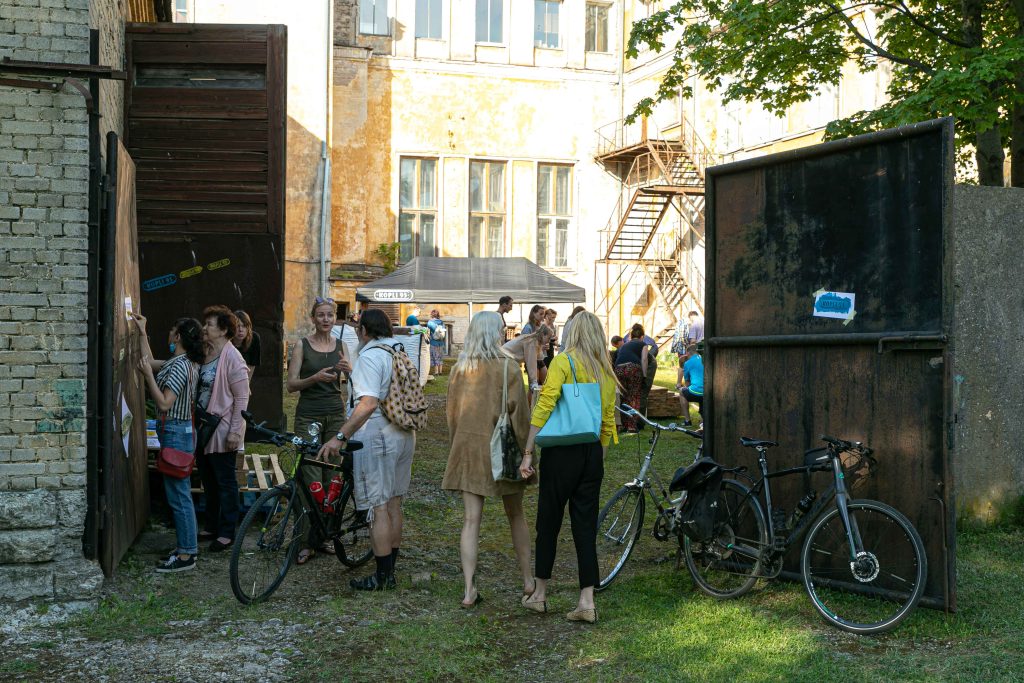
To create any movement in the field of resilience, makerspaces and circular economy in Tallinn and Kopli area, we knew that we have to build awareness and market for that. What we needed to focus on was not bringing the people together to meet, but to bring them together and provide resources to do something together. The role of the Centrinno team became being the stakeholder who creates a movement and buzz around the common goal of the network to make our city more sustainable. We took the role of the facilitator between makers and users, consumers, and citizens who were not on board yet. For that we created a platform – Kopli 93. This is a hub where the city, makers and local community come together to serve the mission of creating a more sustainable city. It became a venue for meeting, crafting, making, teaching, experimenting, and learning.?
Integrated key concepts
The Tallinn pilot team set the strategy in a way that all the key concepts were aligned and served each other. When in the beginning, one could say that we were more focused on some key concepts than others, then in the rearview mirror we can see that they were all aligned.??
For example, we started with focusing on social inclusion to reach the locals in a way that attracts the most diverse group of people. This is necessary because in any societal transformation and experiment we need a community that represents the entire society, as well as possible. We have to prioritize equality in our communities and society as a whole.
Our heritage theme based on the history of Kopli and Estonia became our main communication strategy. Initially the joke made about “grandma and grandpa skills” really started to click with everyone locally and beyond. The memories about things made more locally, circularly, and the resilience of the previous generations seemed to have almost a romanticized feeling attached to it. The way your grandmother used to cook the best heritage related meals, or how your grandfather used to be able to repair anything, this is something that many of us remember, miss, and value. With Tallinn Centrinno heritage theme, we had tapped into people’s deeper motivation to support green transformation. Again, the context mattered – many people here in Kopli and Northern Tallinn still remember living more locally, it is not merely a distant memory.
Circular economy is the reason the Centrinno pilot exists for us. To live in harmony with the needs of the planet is one of the most pressing challenges today. All the efforts of the Tallinn pilot went into learning, testing, teaching, spreading, and experimenting with circular economy practices.?
Vocational training key concept came into the scene when we needed to organize more specific training and workshops for the community of local people or professionals. We ended up developing a strong collaboration with Kopli Vocational School, P2P Lab, and Fab City Foundation in order to bring new knowledge closer to our target groups.?
After all the activities, we have a functional Fab City Hub with a community of locals and stakeholders, with new competences and skills needed for green societal transformation, with the supporting necessary infrastructure to be able to train, test and practice.
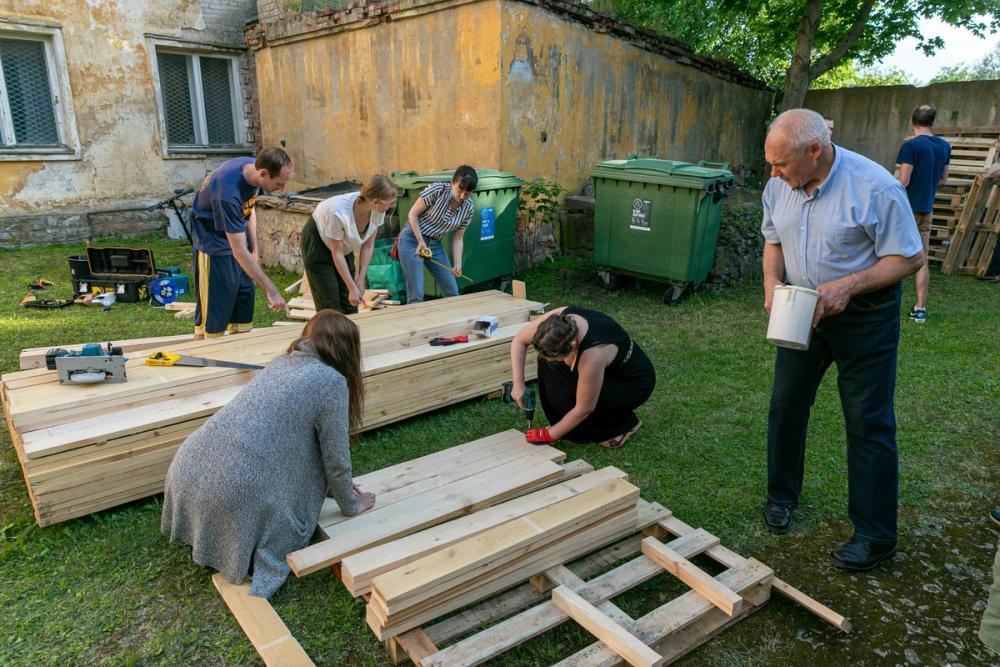
What about policy makers?
When Kopli 93 was not yet as established, it was tricky to convince the policy makers and city officials about the necessity and validity of the place. Luckily, this became so much easier when Kopli 93 Hub had proven itself to the local community, and also on the national scale thanks to the communication efforts. It has become one of the most recognized projects for the city and there are new interesting developments for Kopli 93 in the plans.
Overcoming challenges
The Covid pandemic also played a role in the beginning of the project. In a phase where social inclusion played the biggest role, in some cases, we were not able to meet people and we can assume also that many people did not participate because they wanted to avoid social contact.
Luckily, it only affected us in the first year of the project. And one of our strategies to overcome the challenge was to focus on outdoor events in the garden of Kopli 93. That is also why we? created a community garden and started organizing work parties for crafting and building outdoors before we had a makerspace. Because people had been sitting inside their apartments for so long, outdoor activities became quite popular. We learned the importance of working within the circumstances you have and using what you can.
The success of the Tallinn pilot also is rooted in the collaborations we had. Many events were organized with strong local partners who share the mission. Fab City Foundation, Põhjala Factory, Kopli Vocational School, P2P Research Lab, Tallinn Beekeepers Association, Northern Tallinn Municipality, and others have supported and helped out Centrinno team and Kopli 93 above and beyond. Of course this was because we tried to help them too, with mutual events.?
Exchanges of resources, knowledge, time, money brought us to a number of very successful events, workshops and initiatives. The biggest one is the makerspace of Kopli 93 built with the help of Environmental Investment

